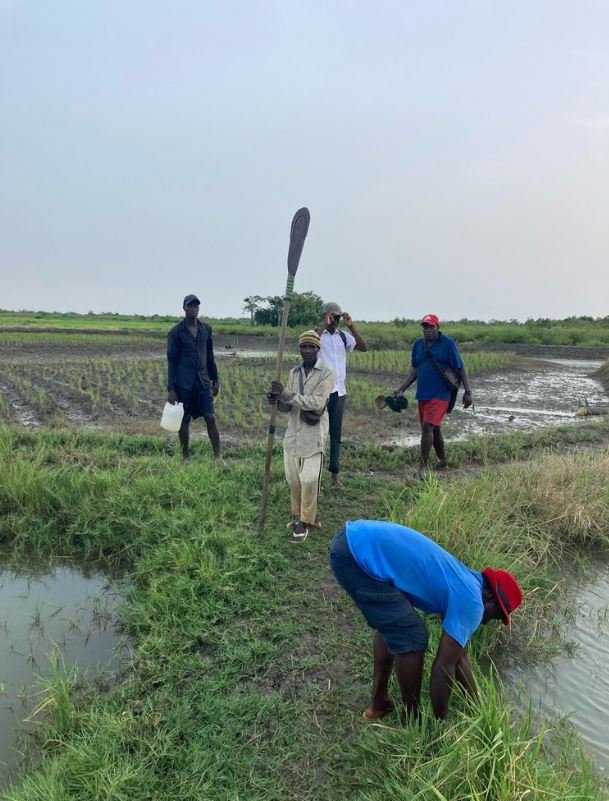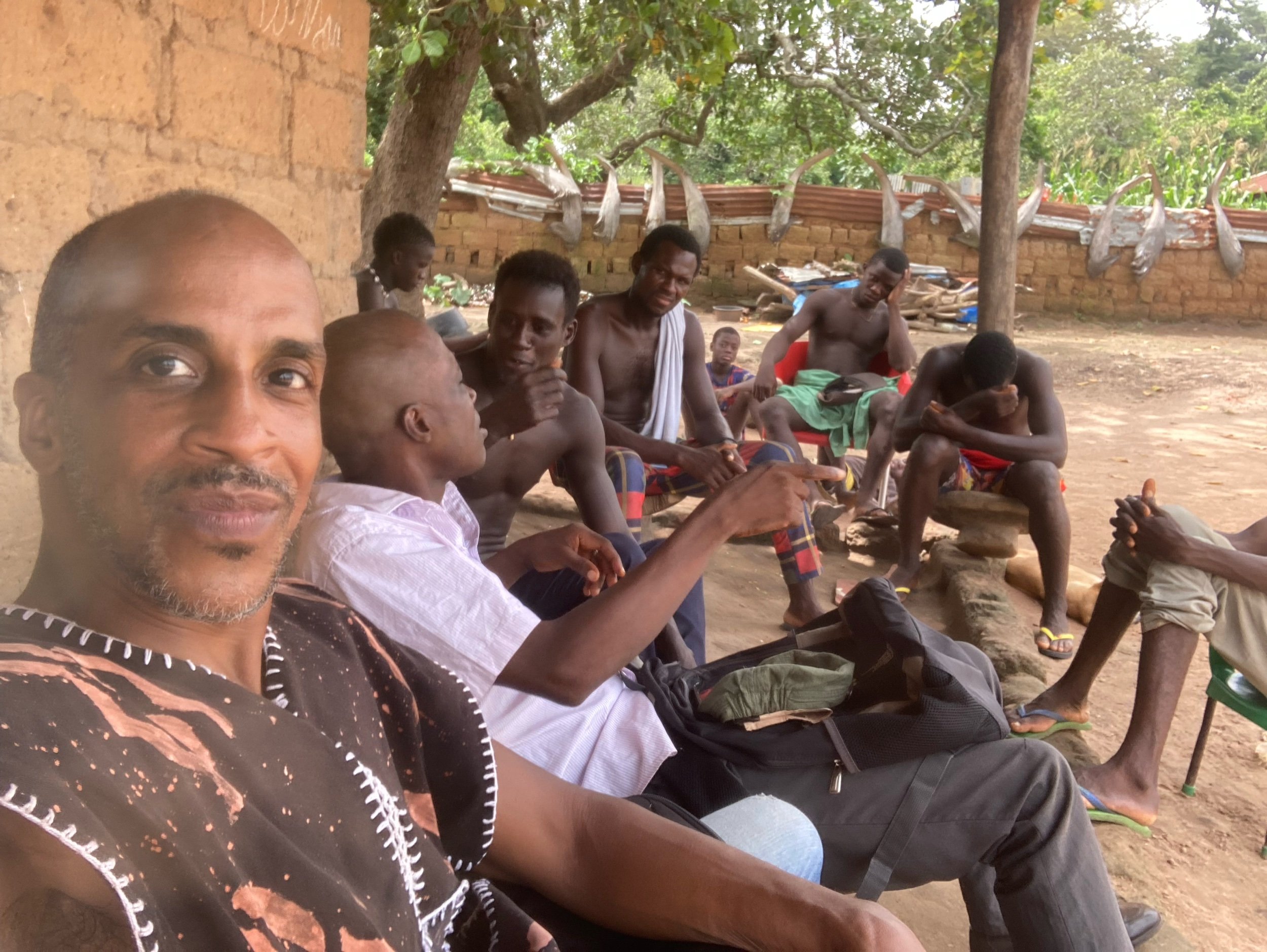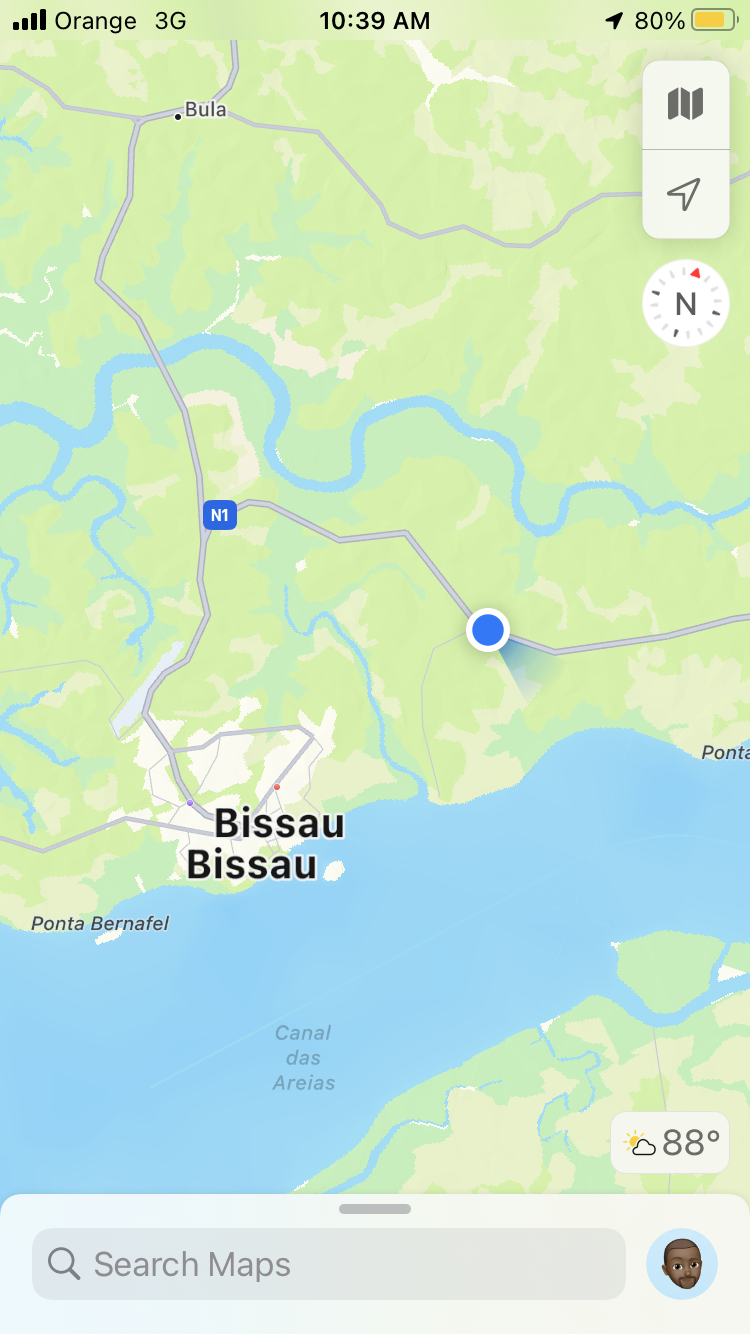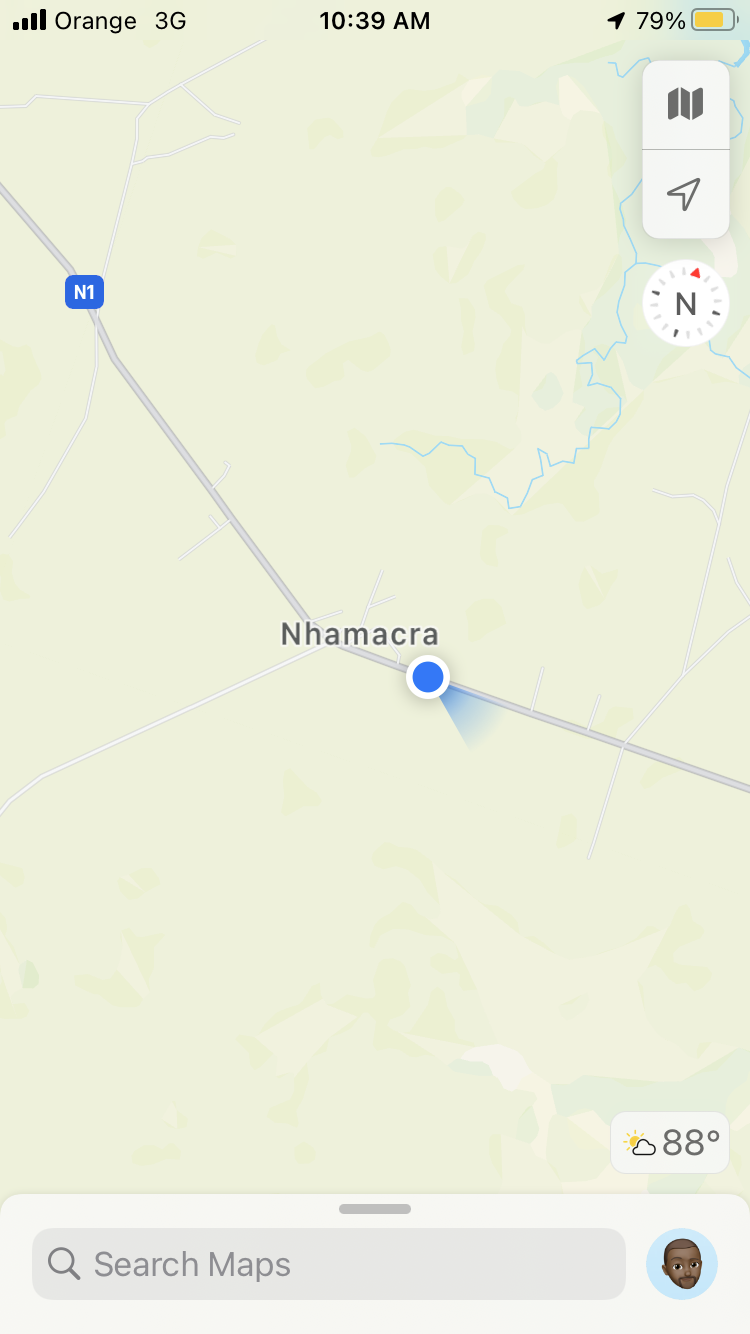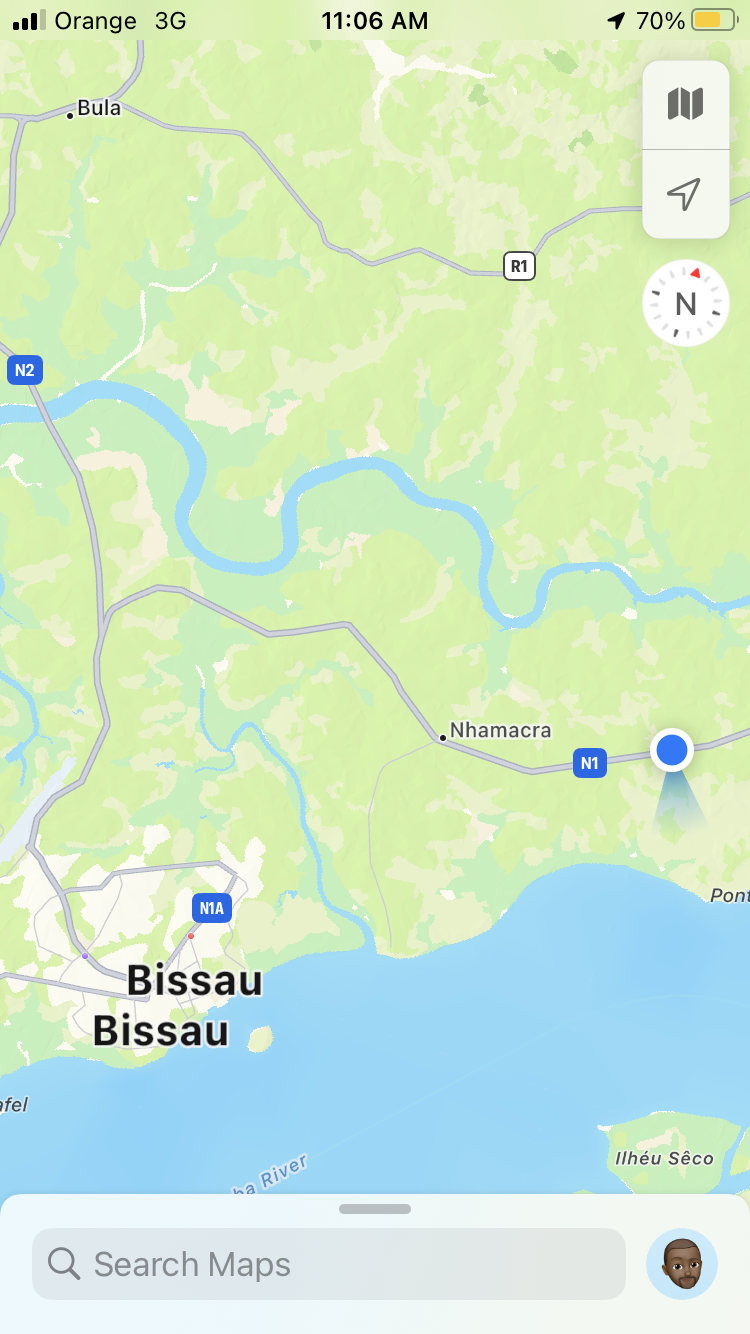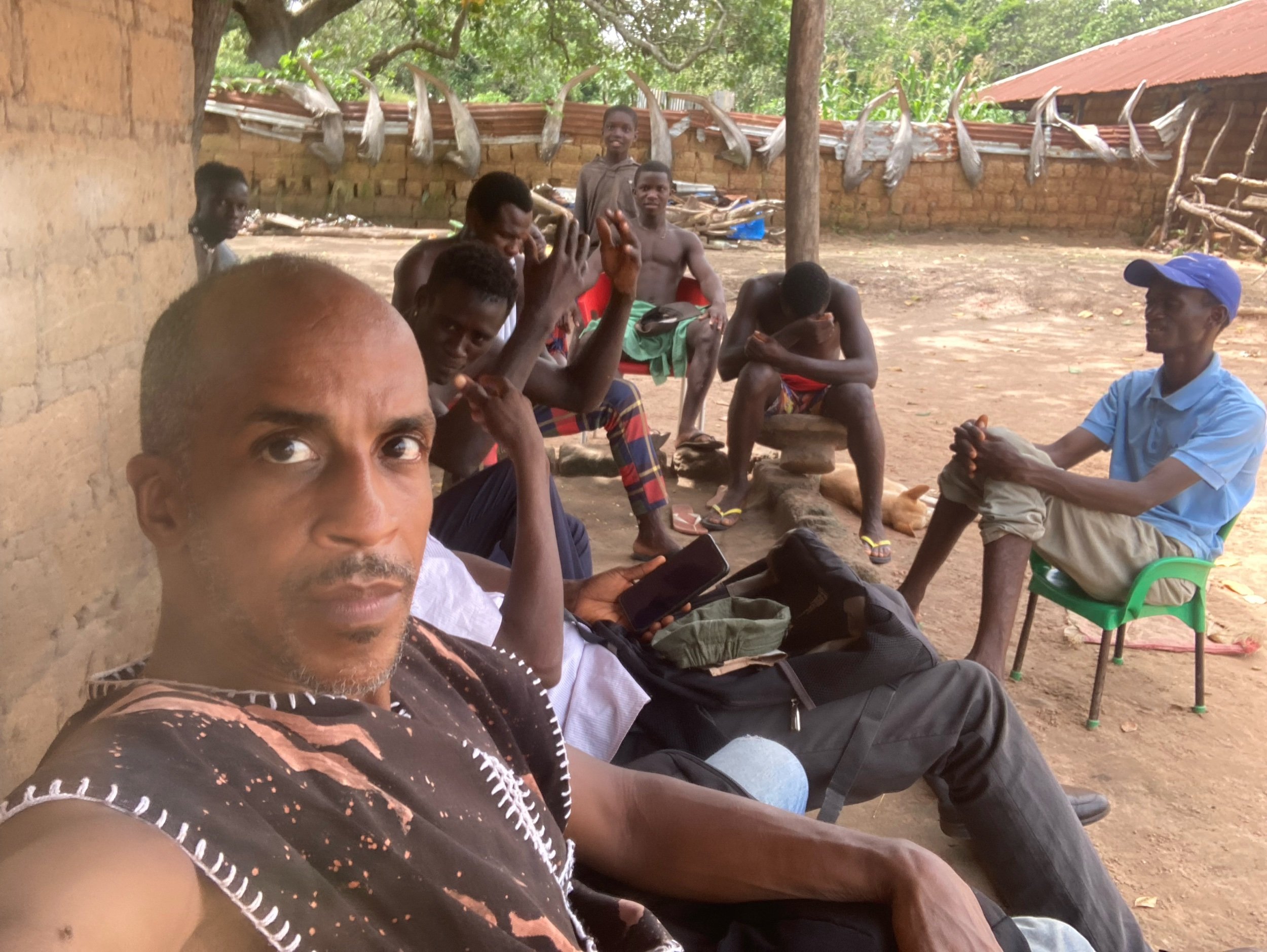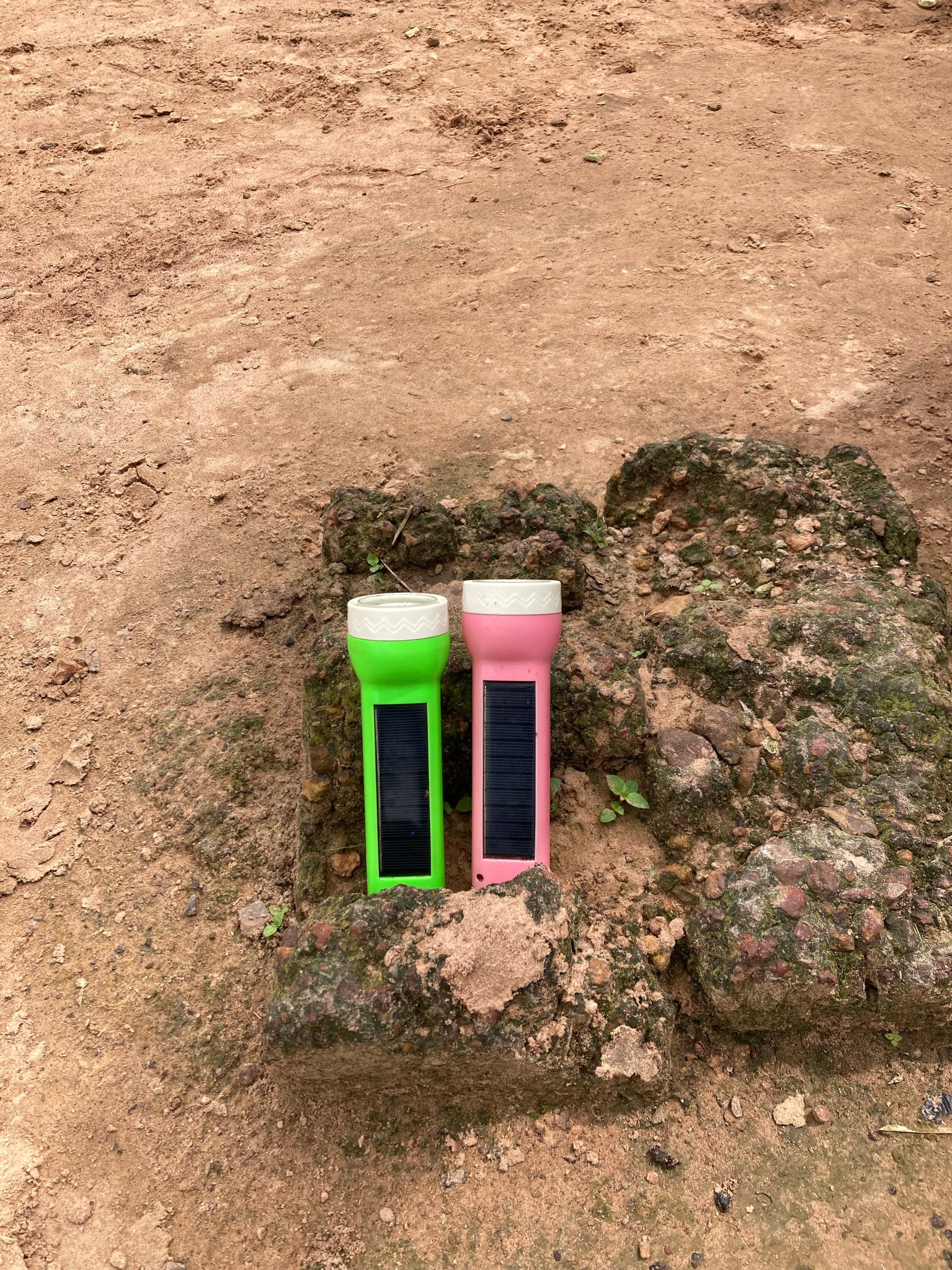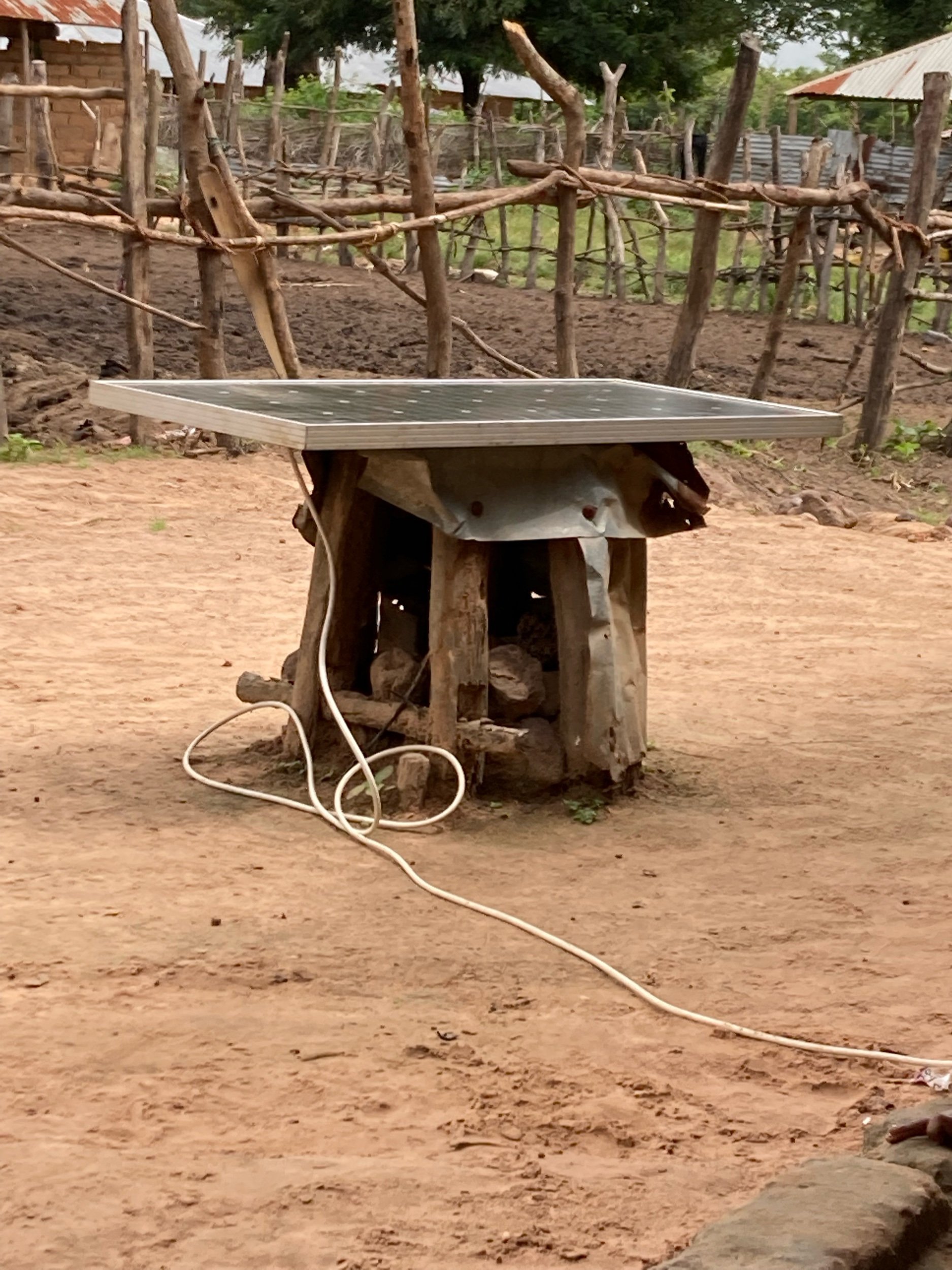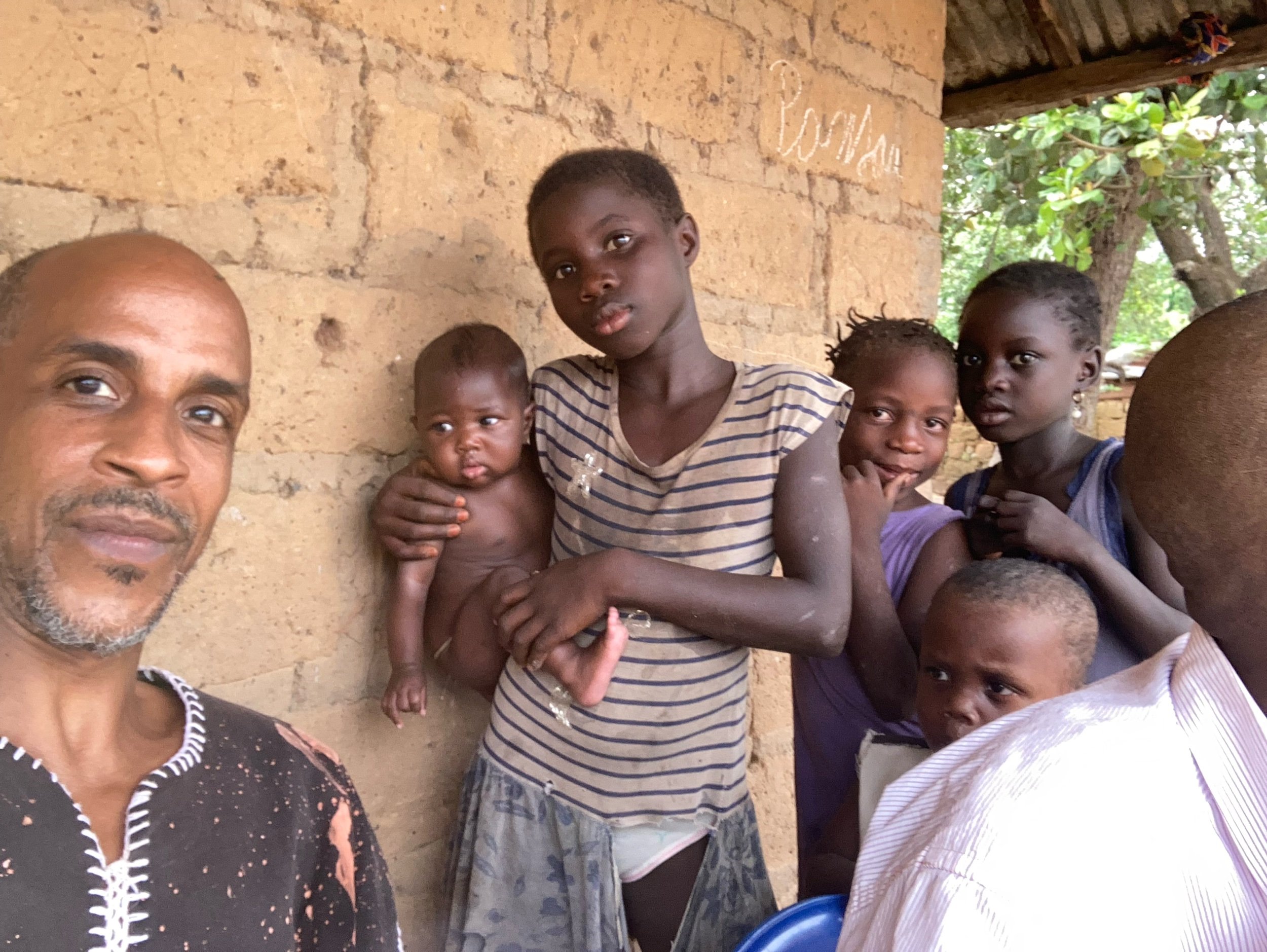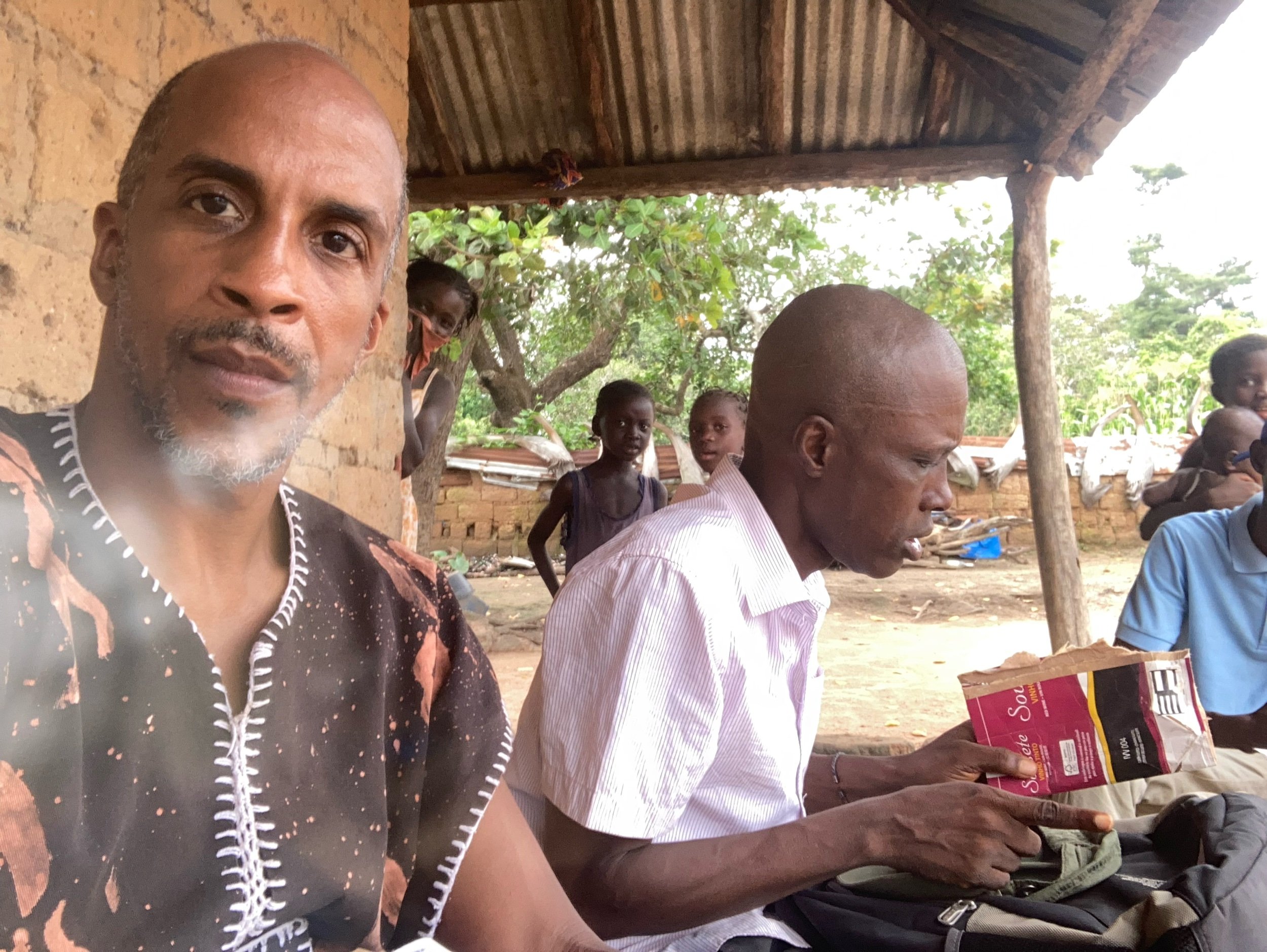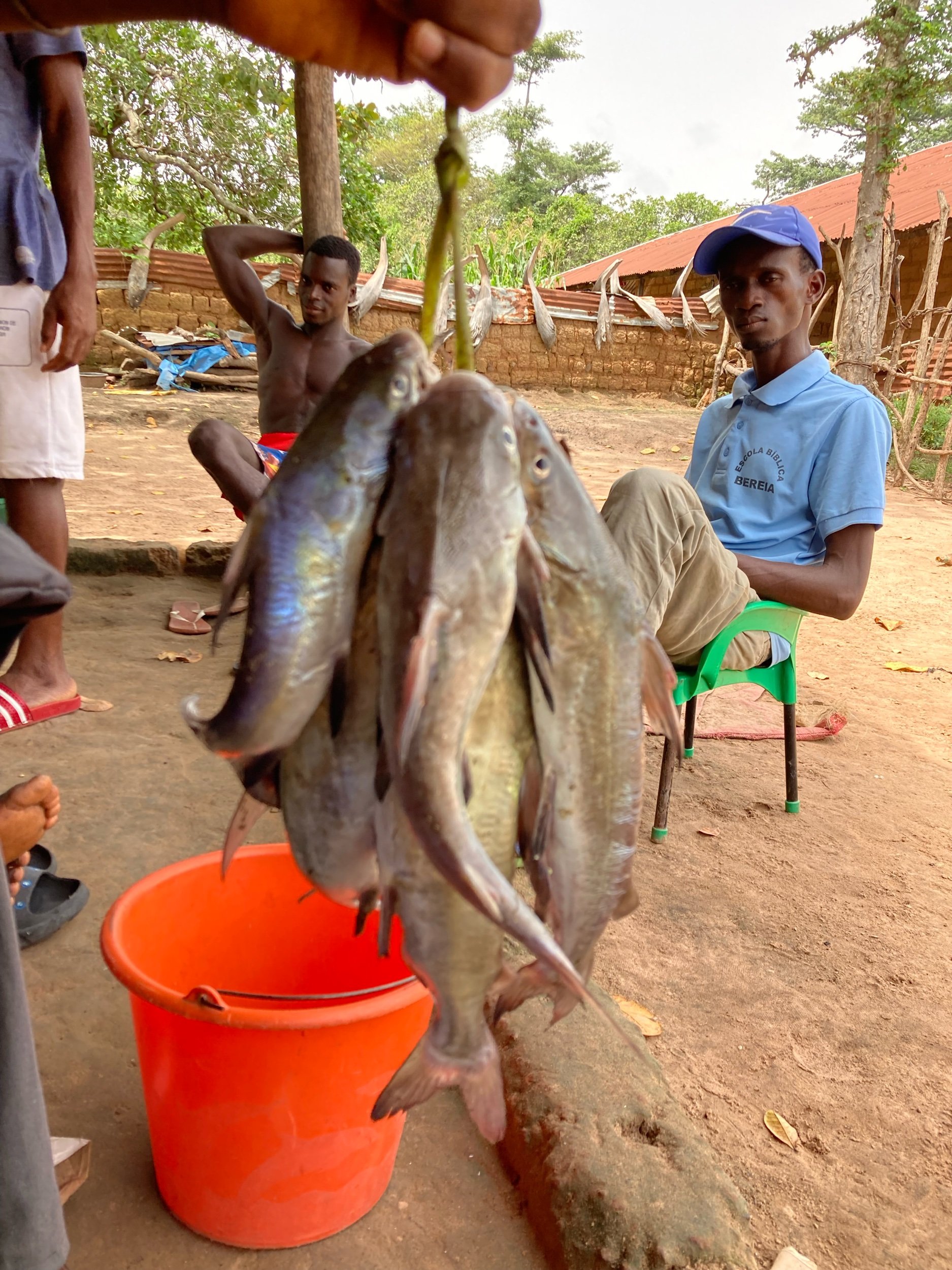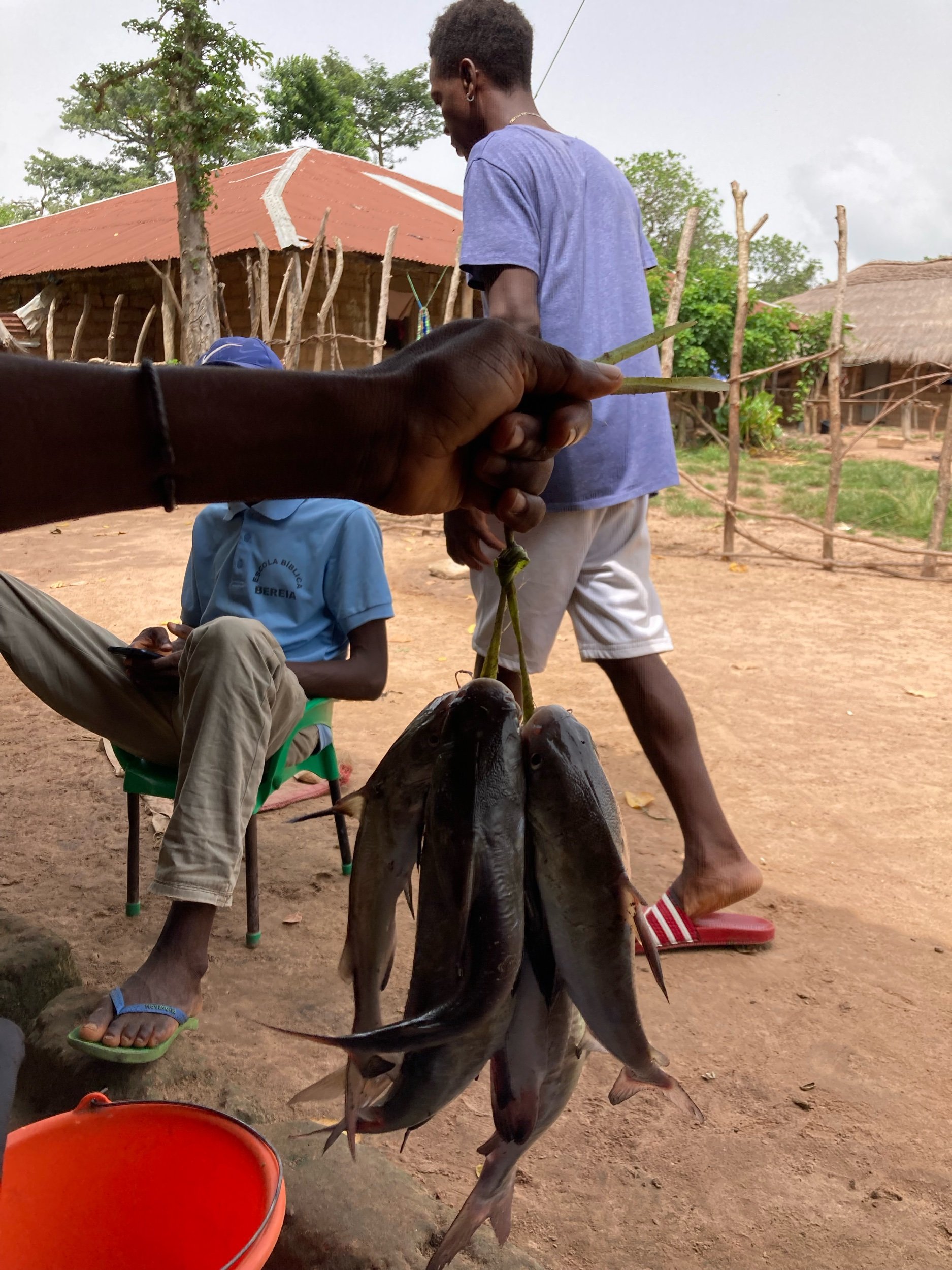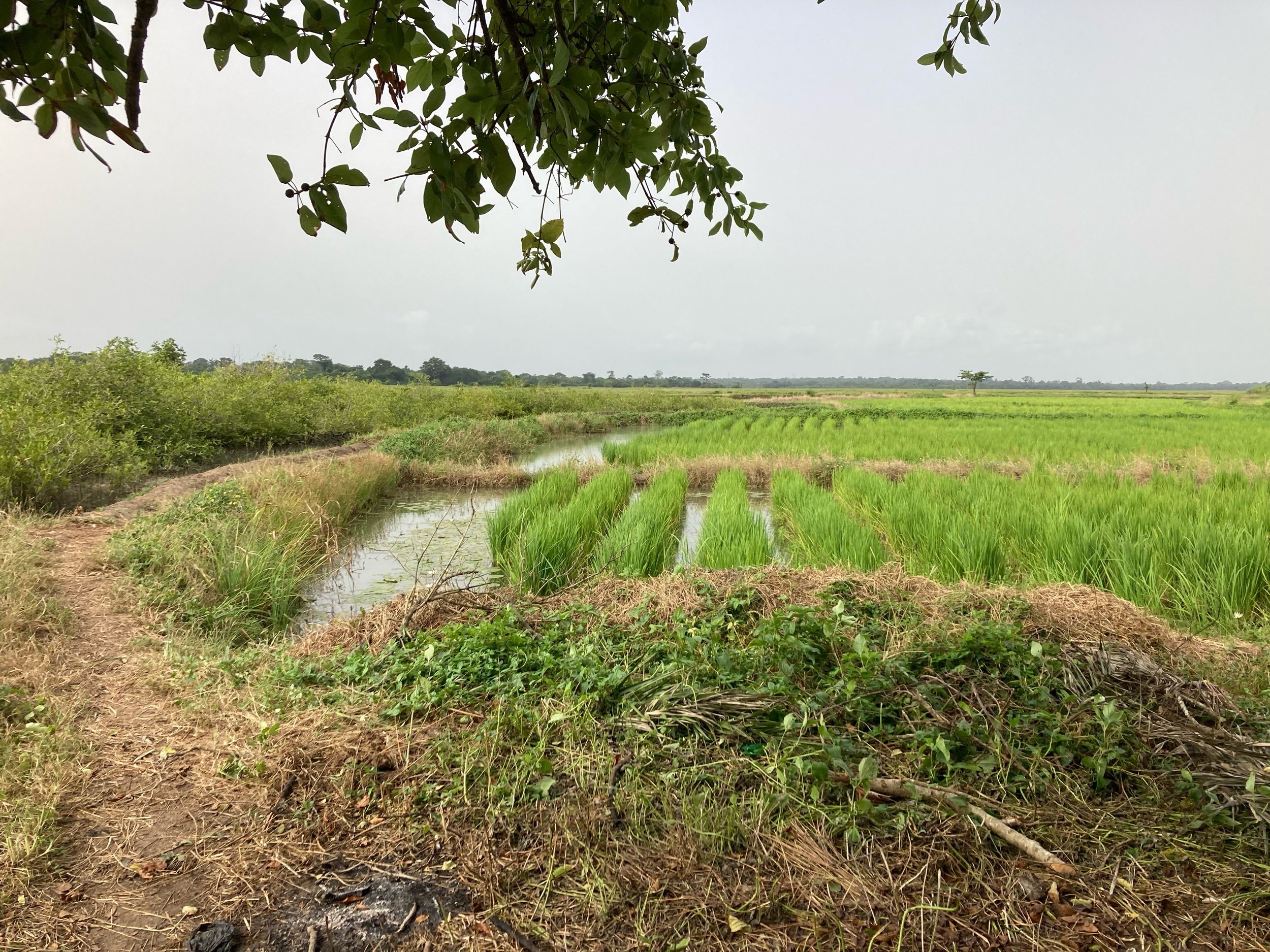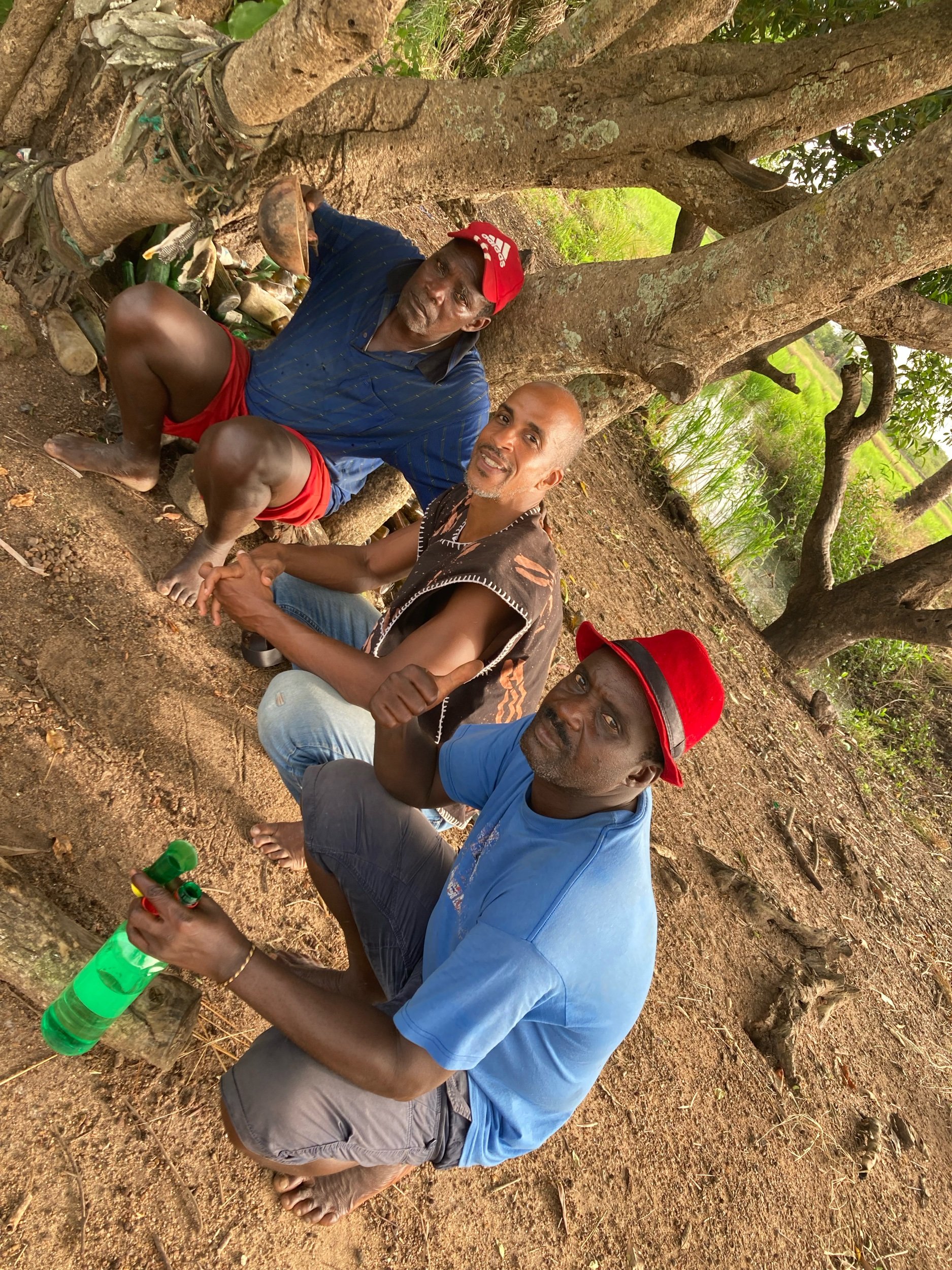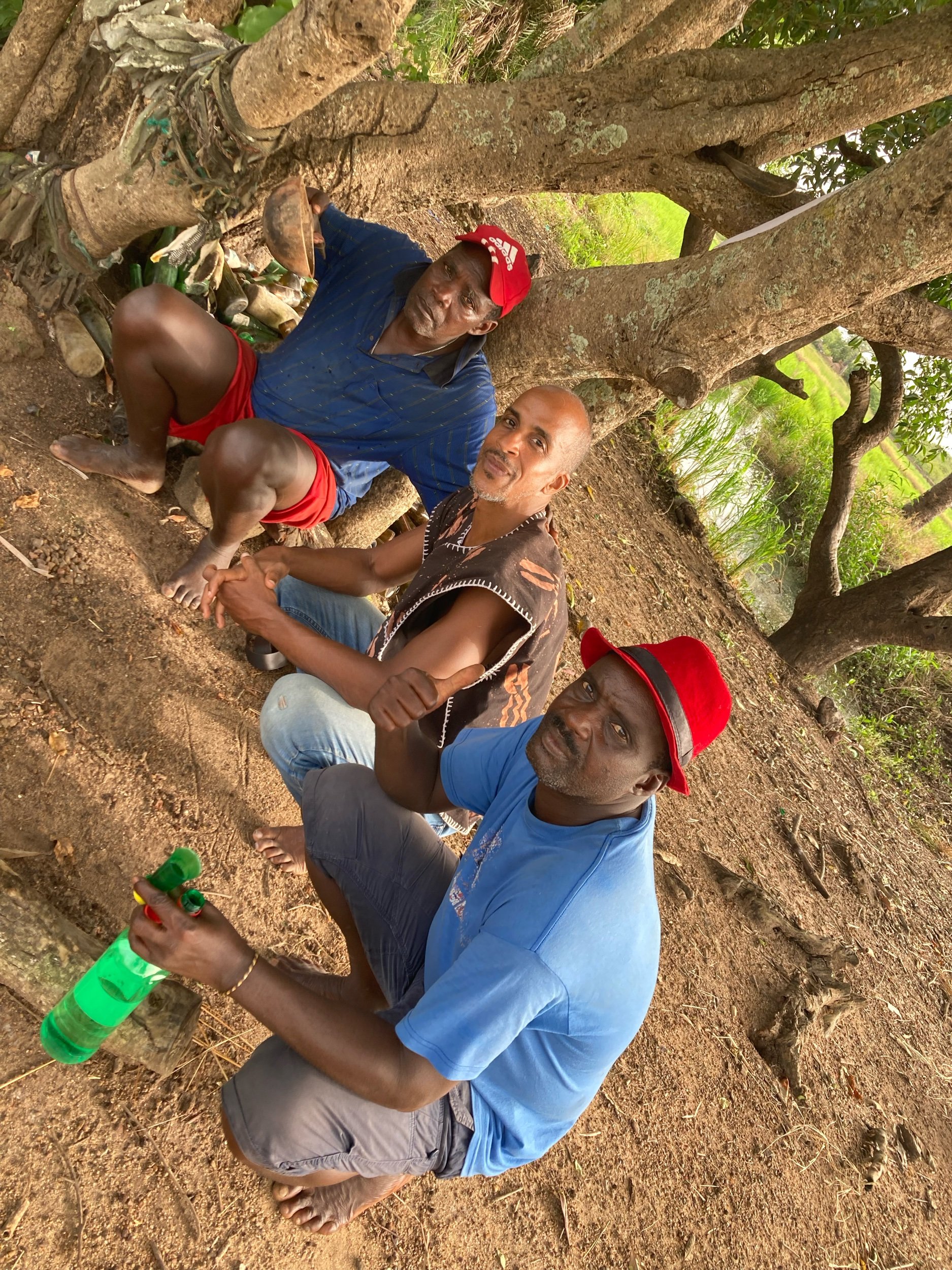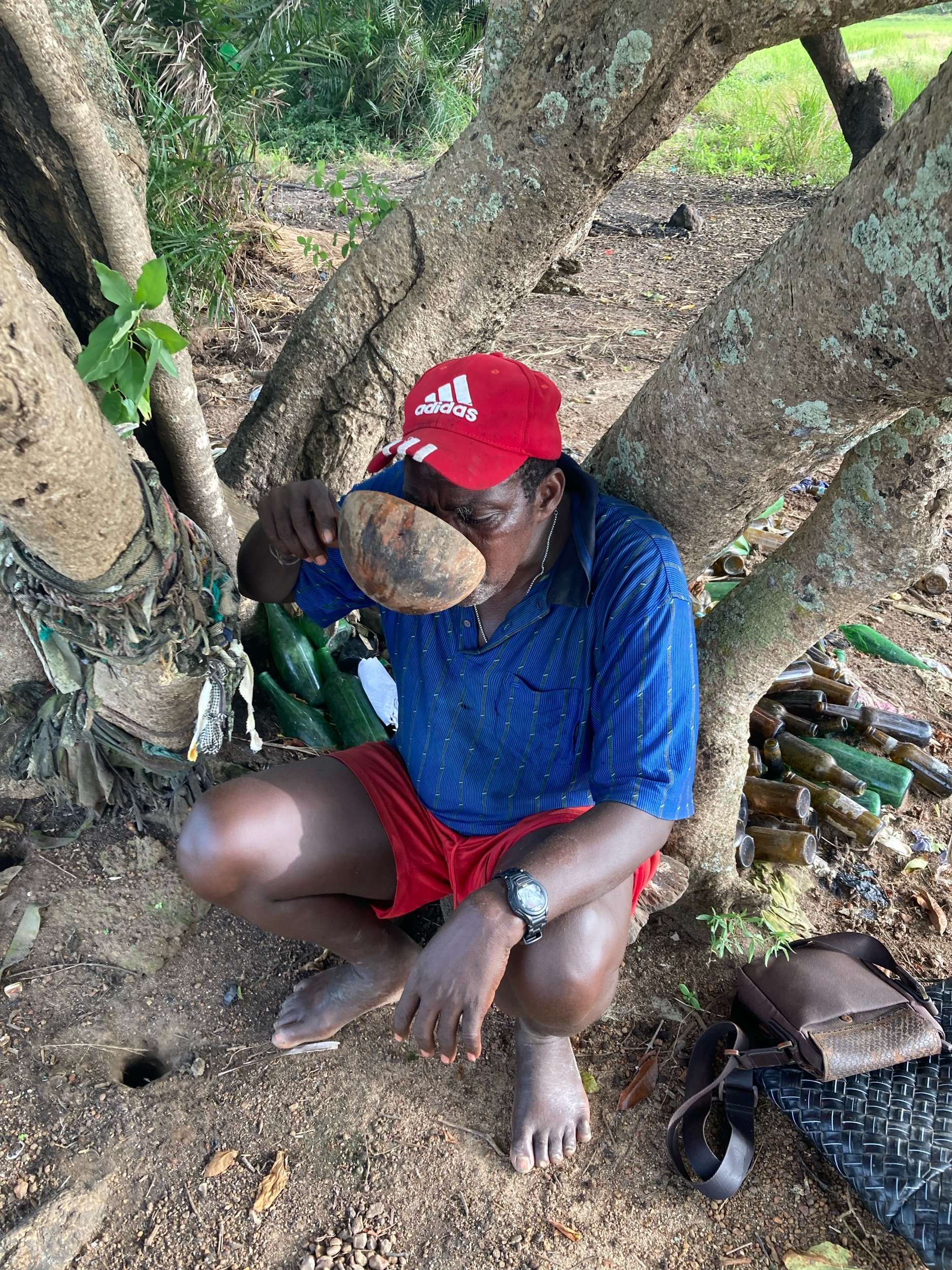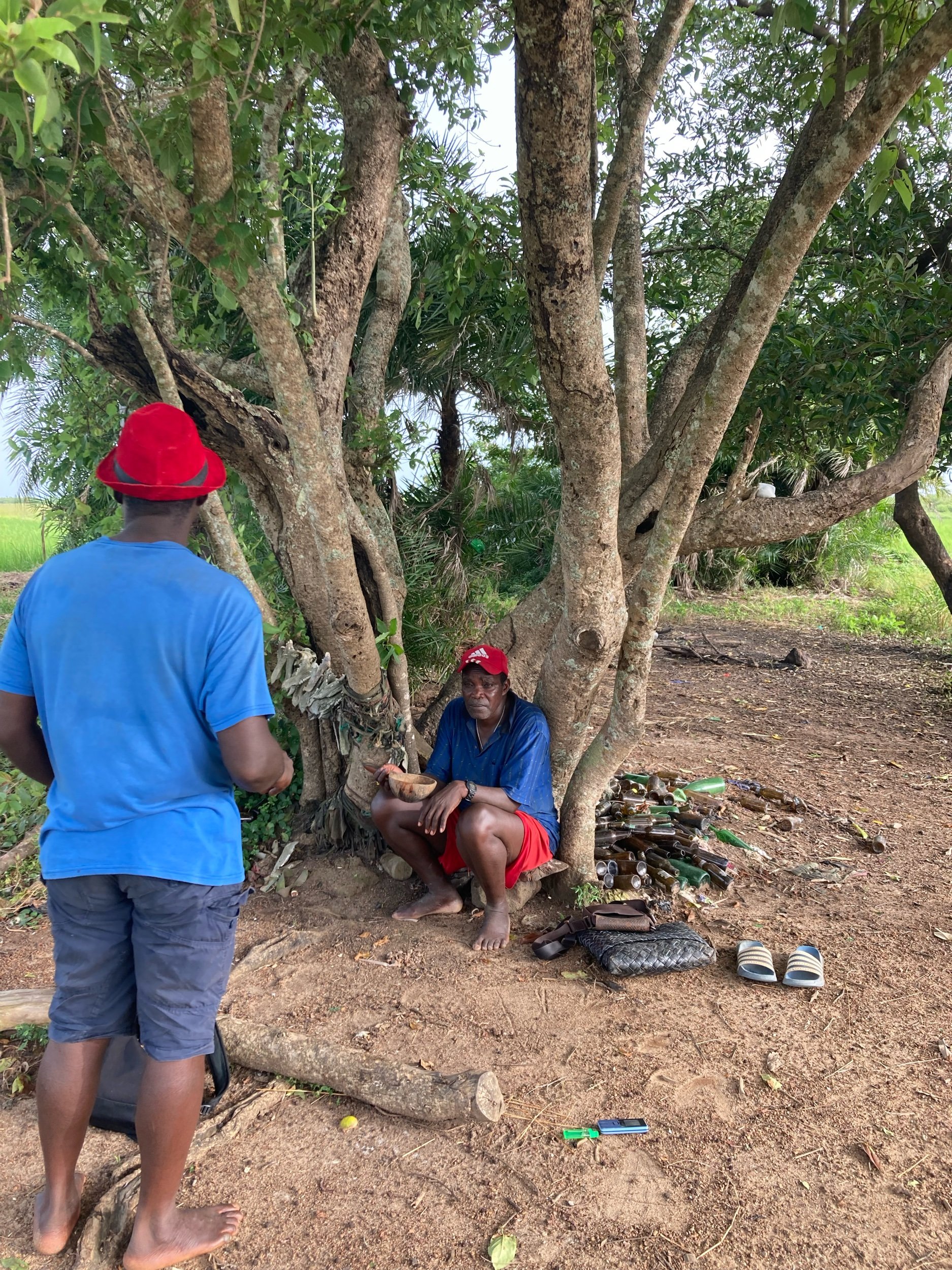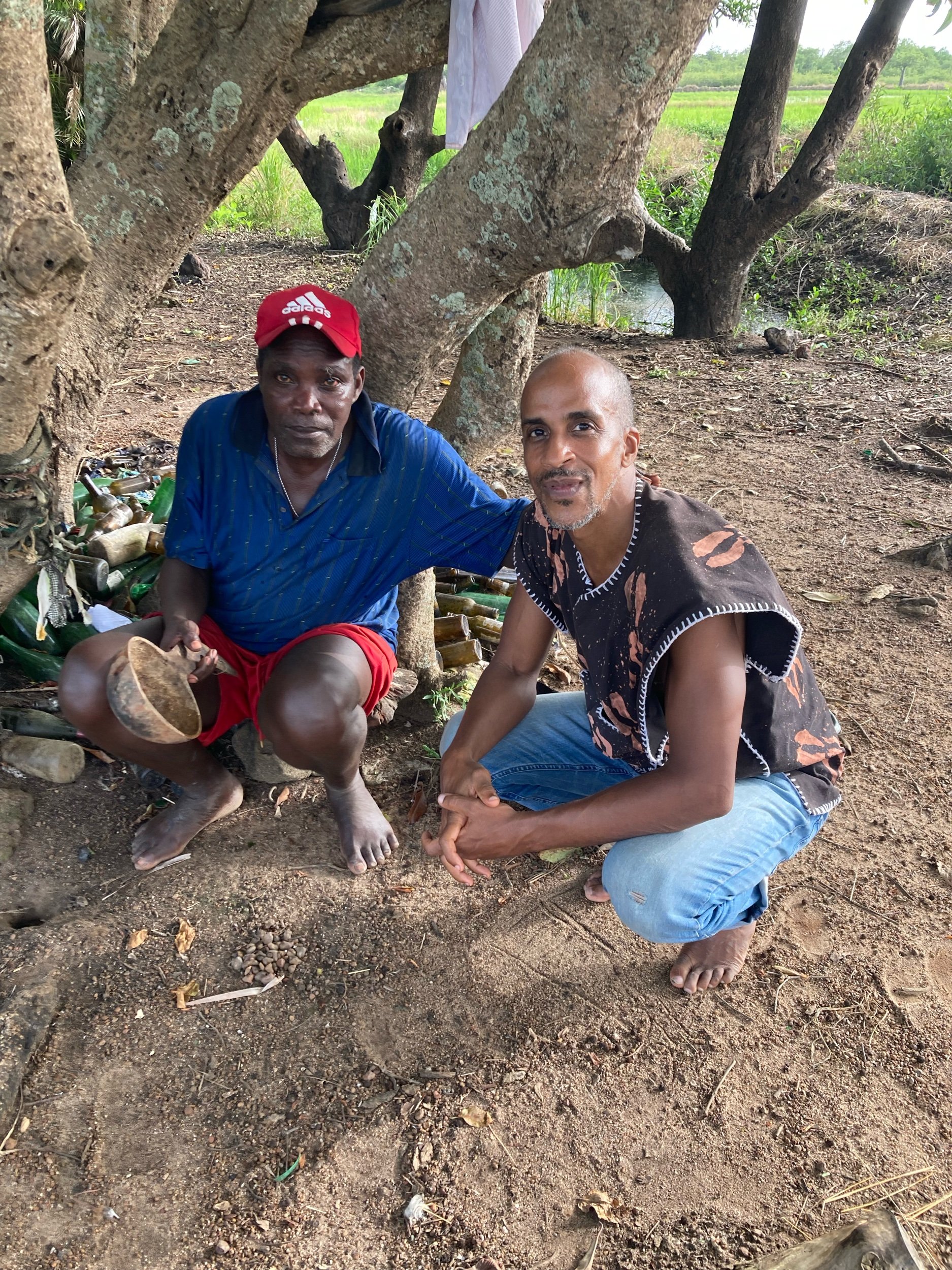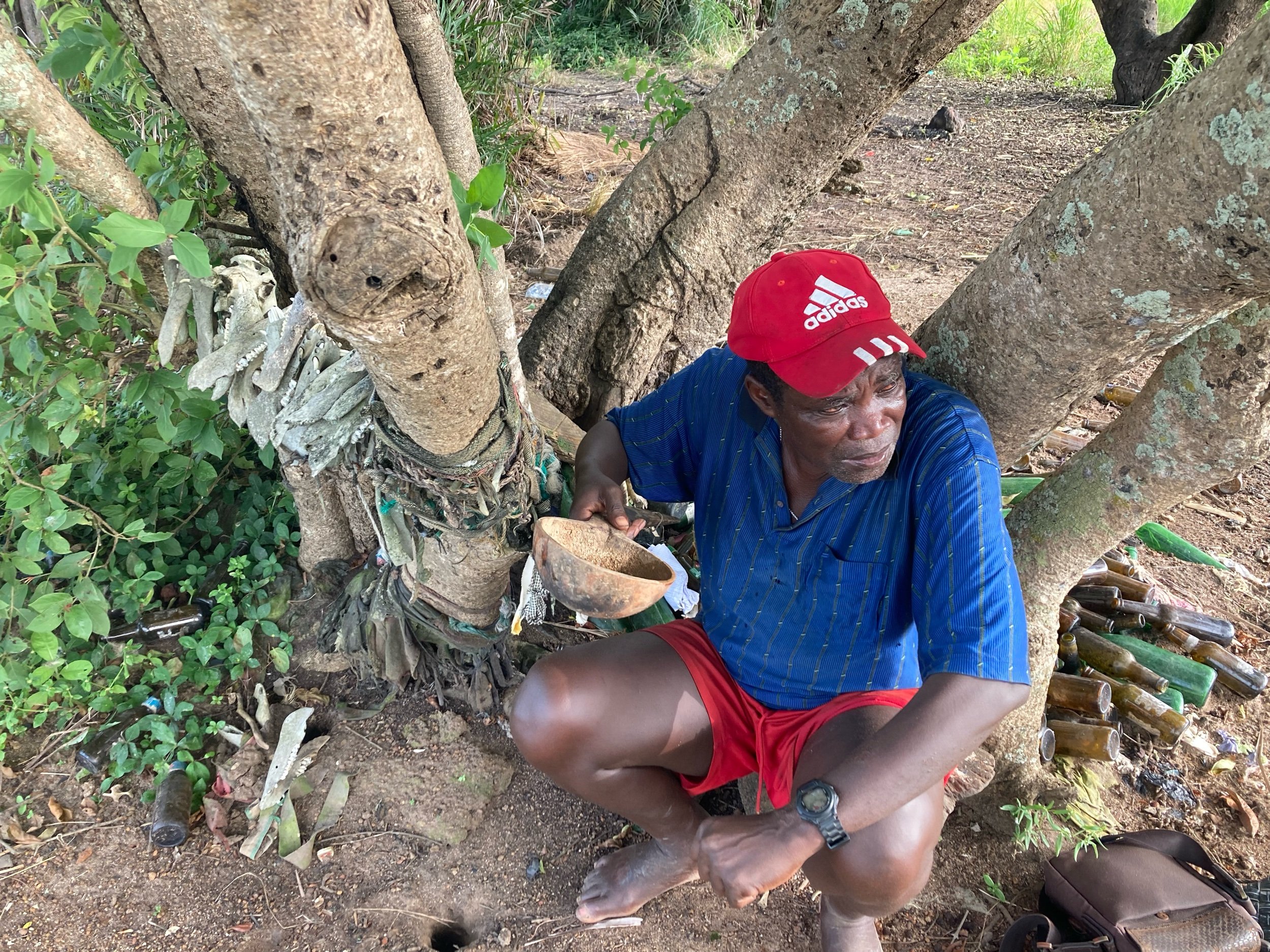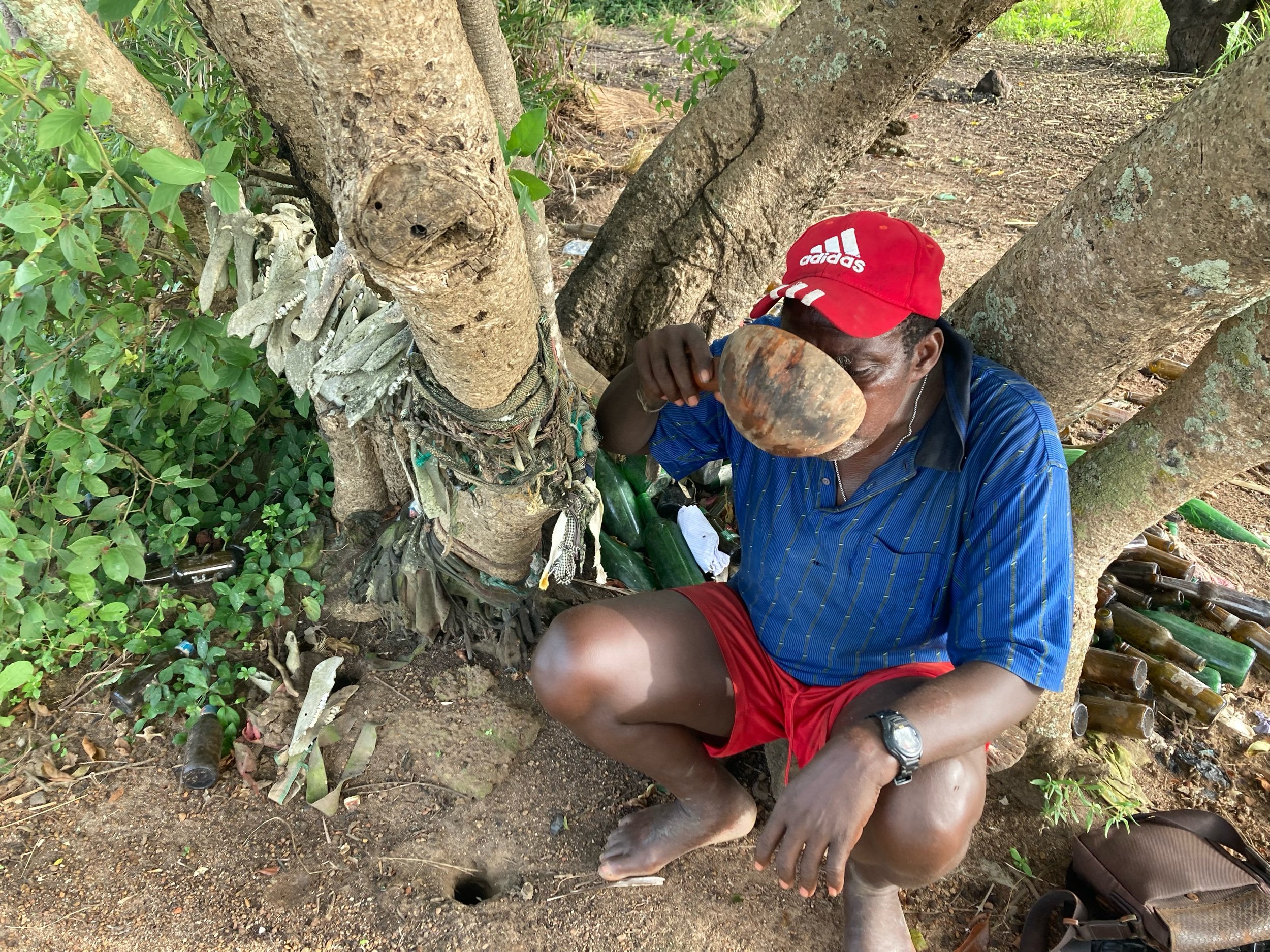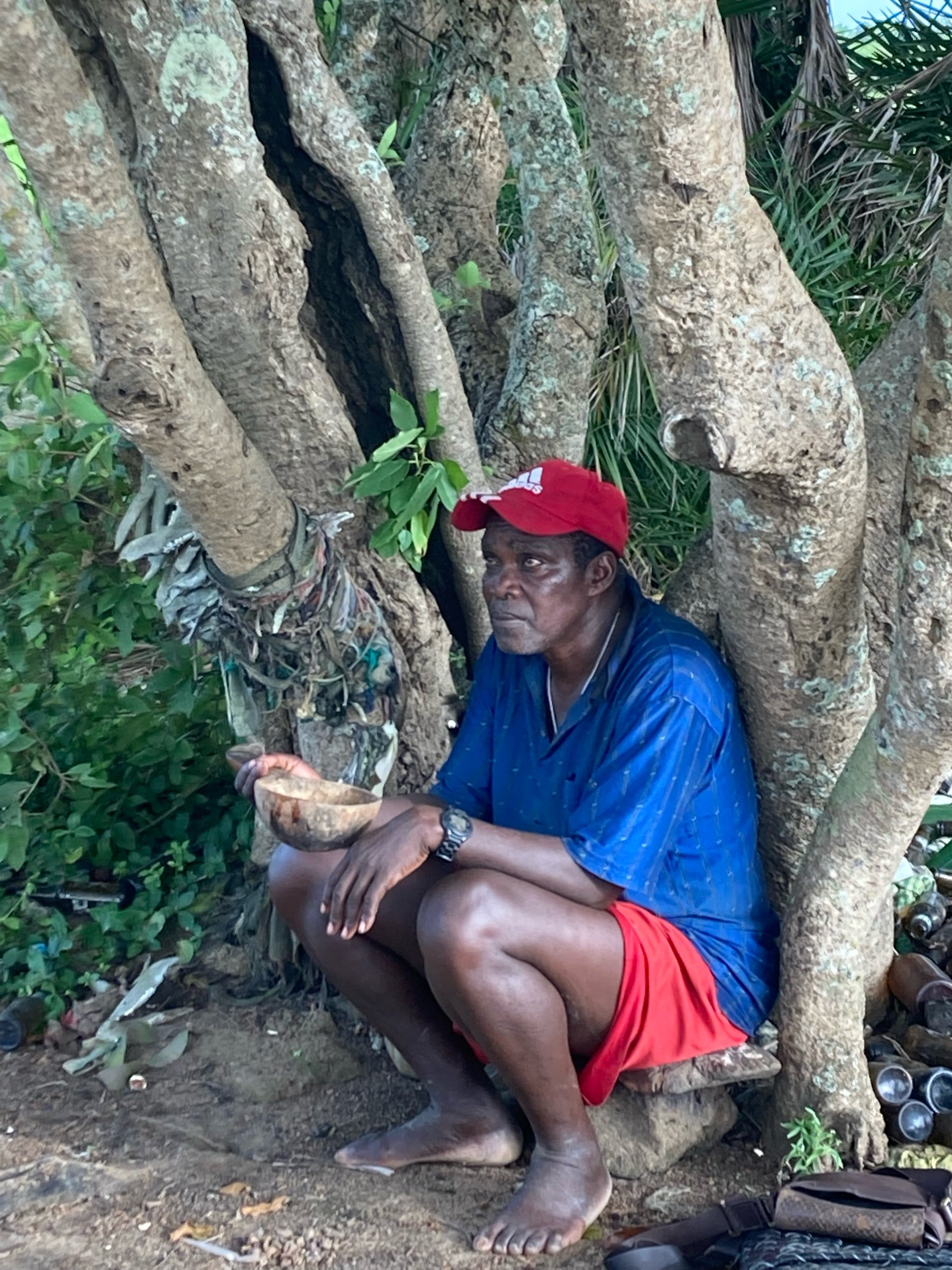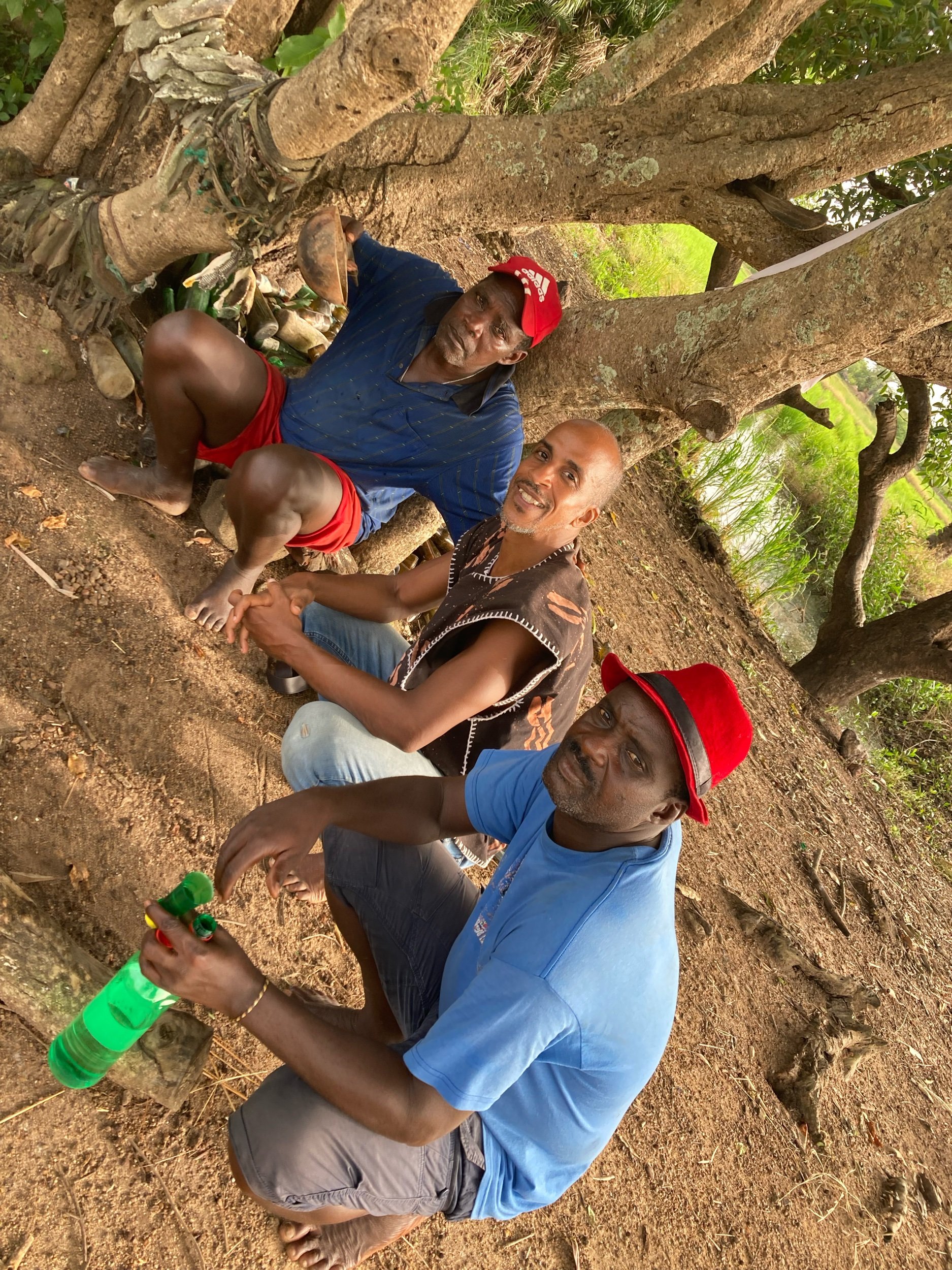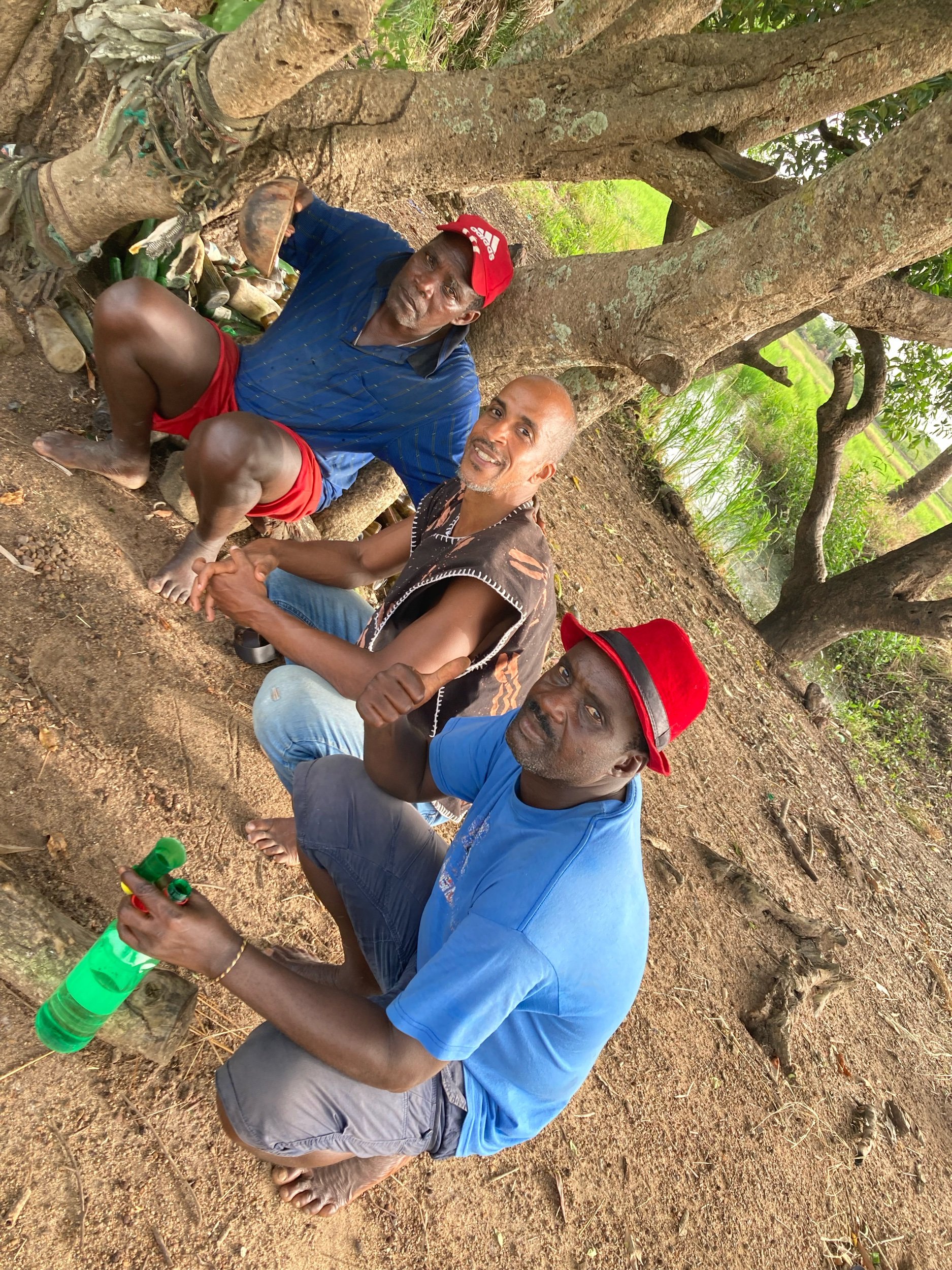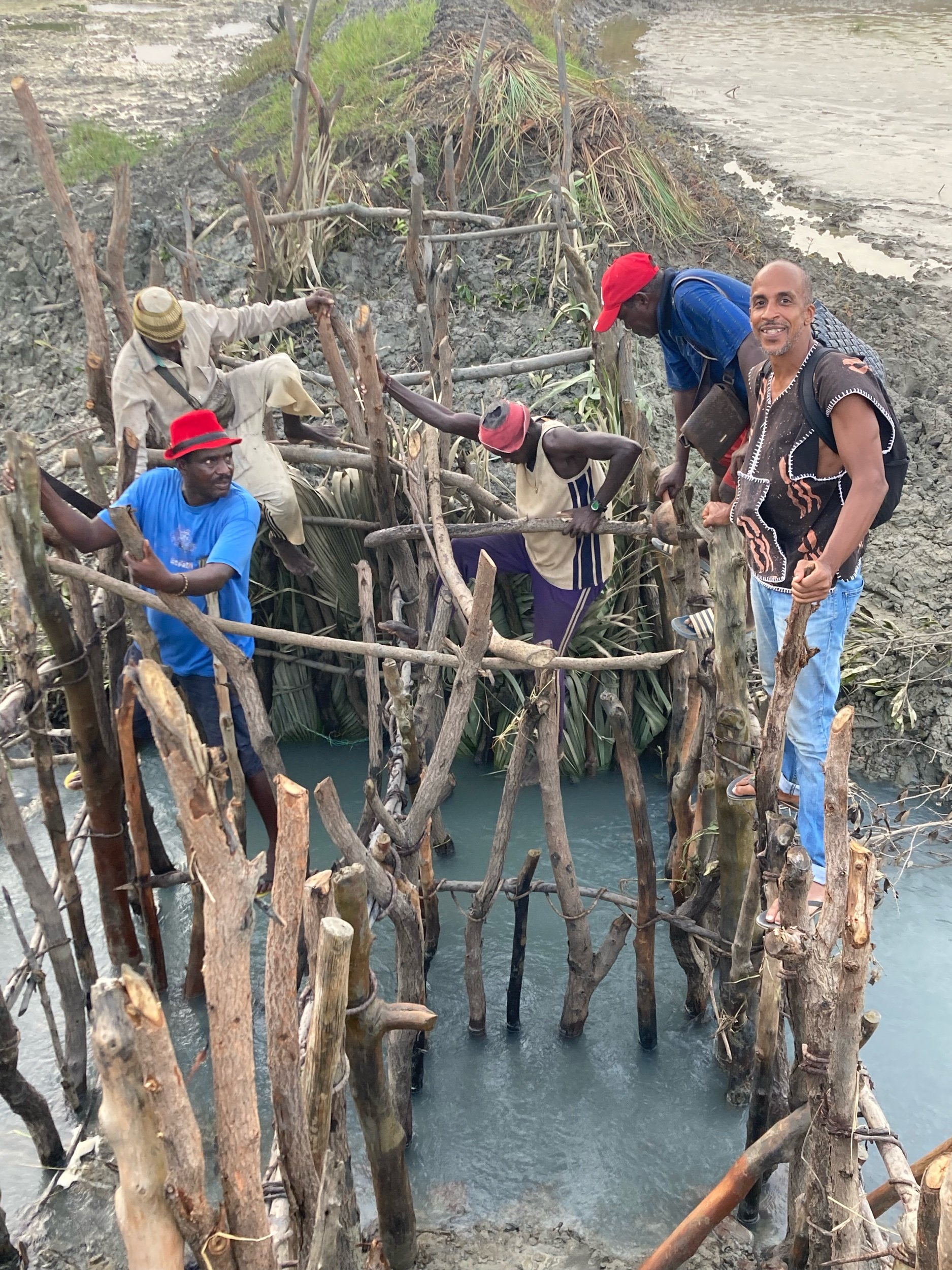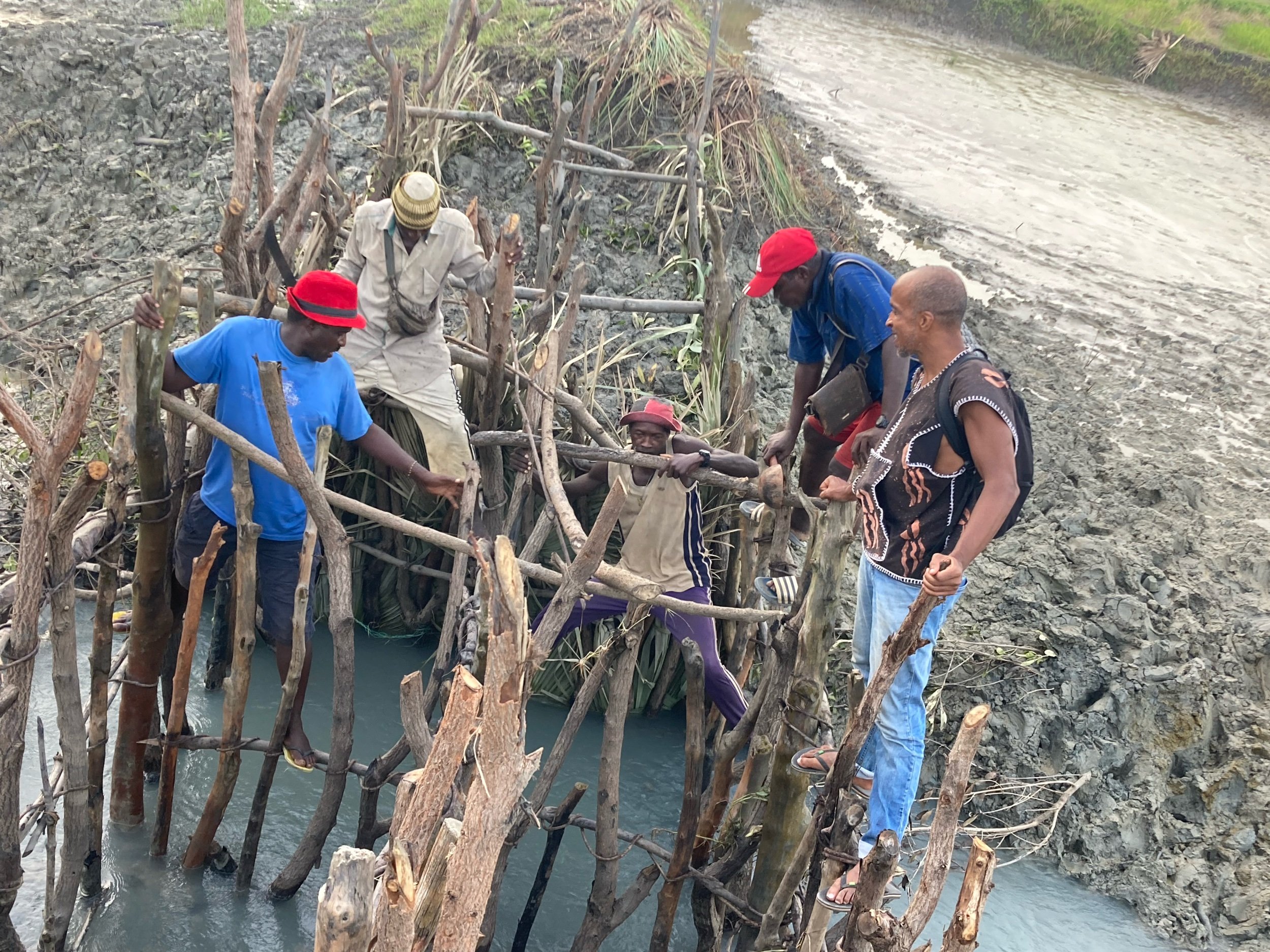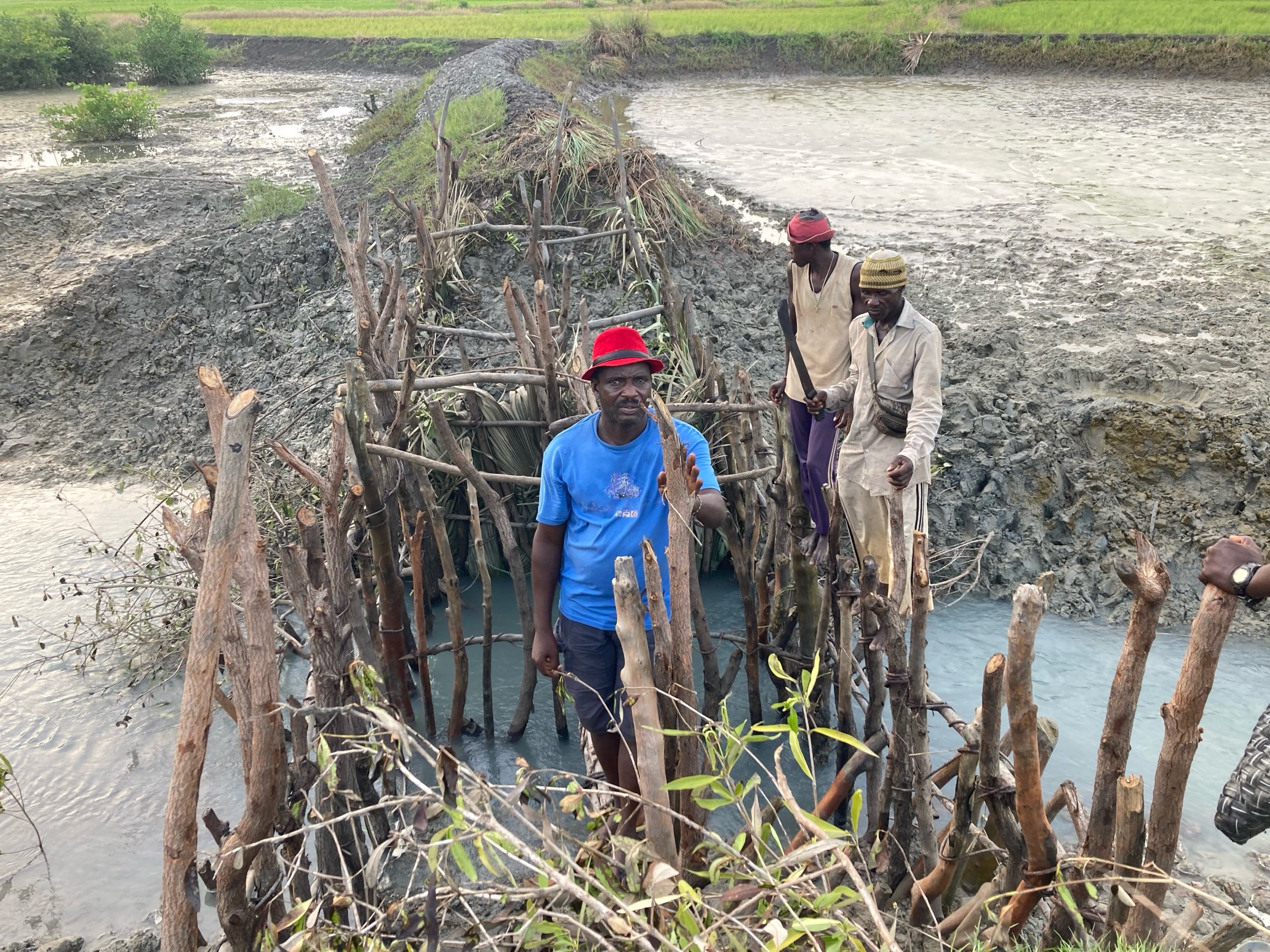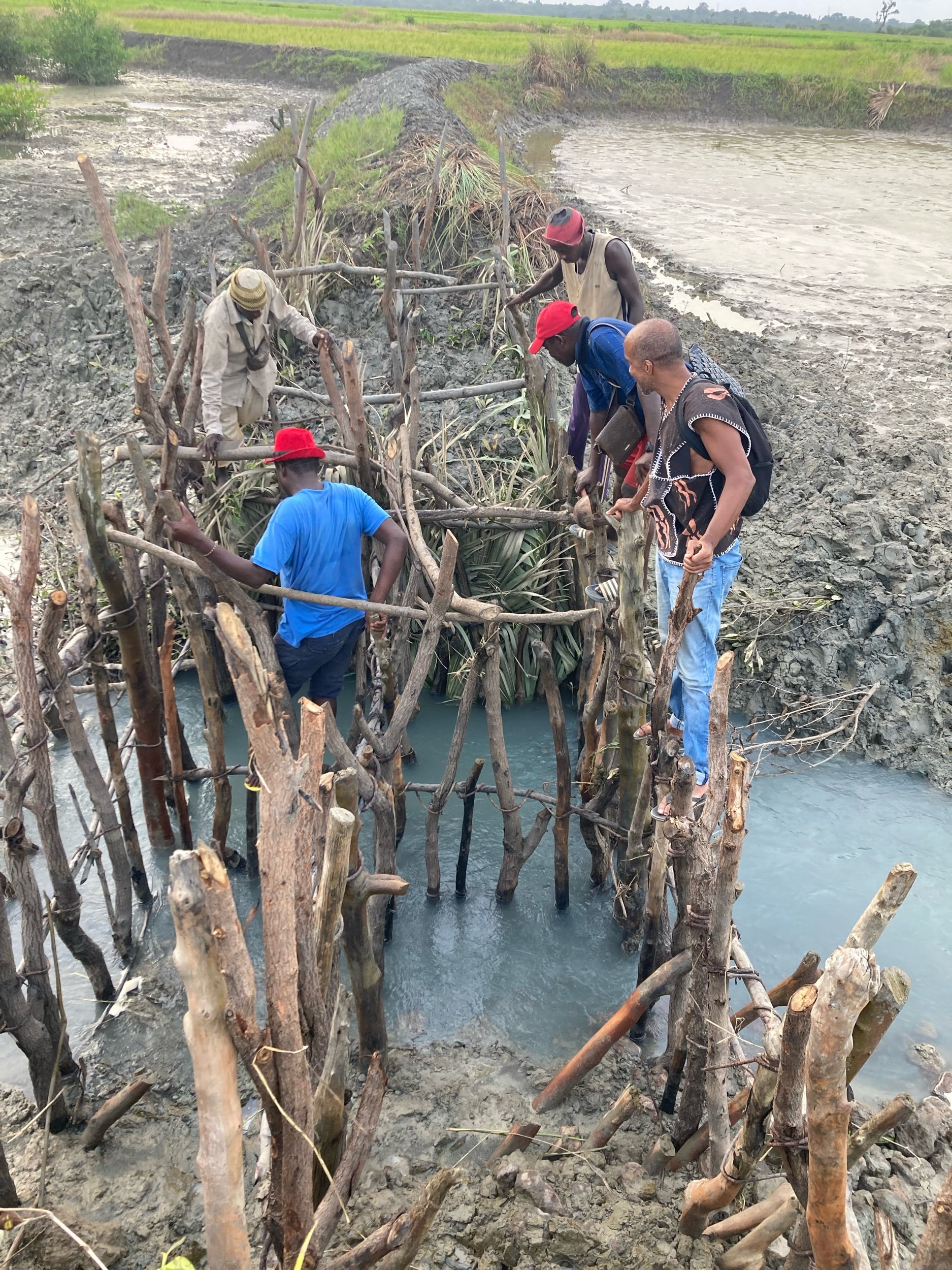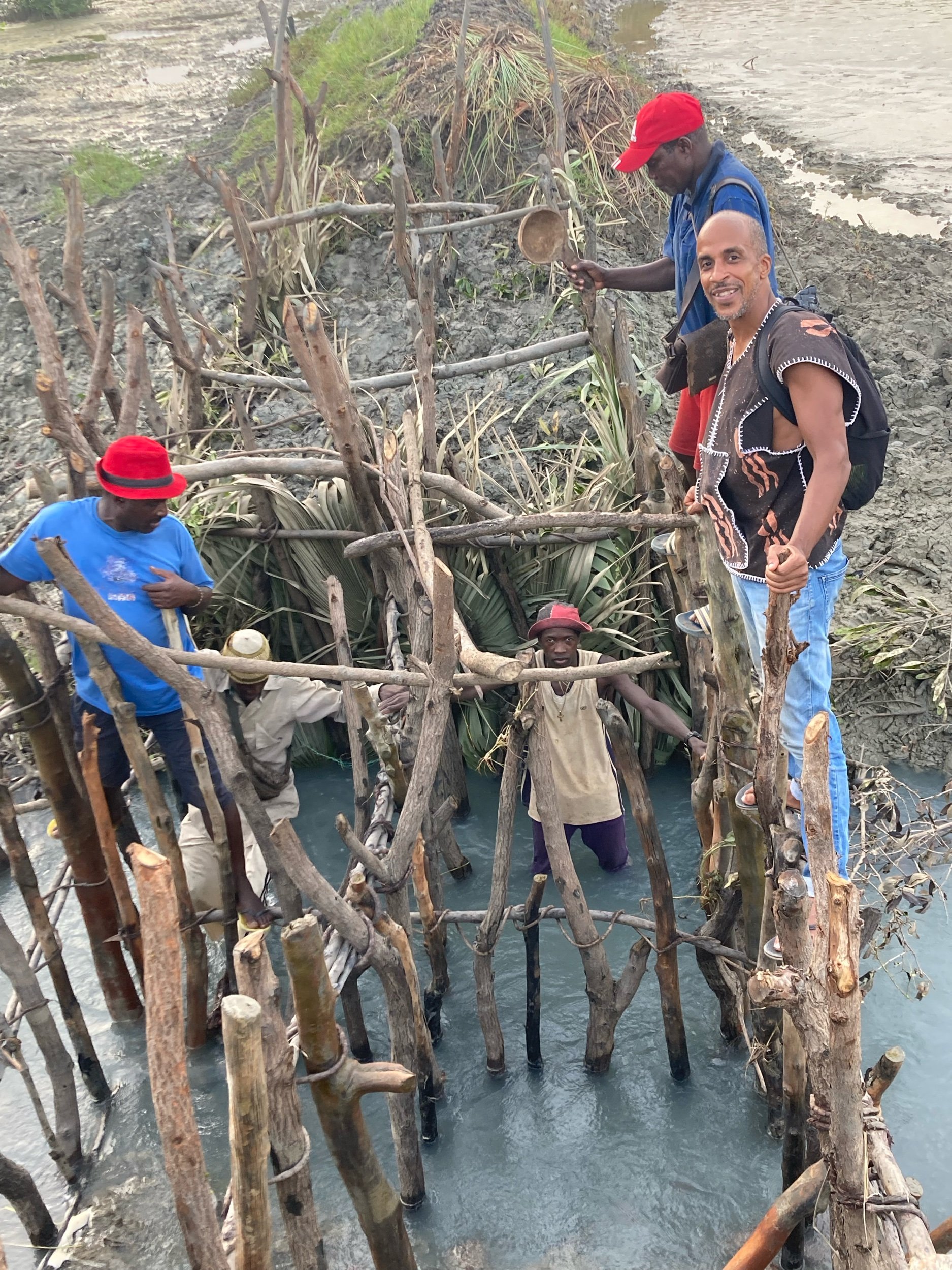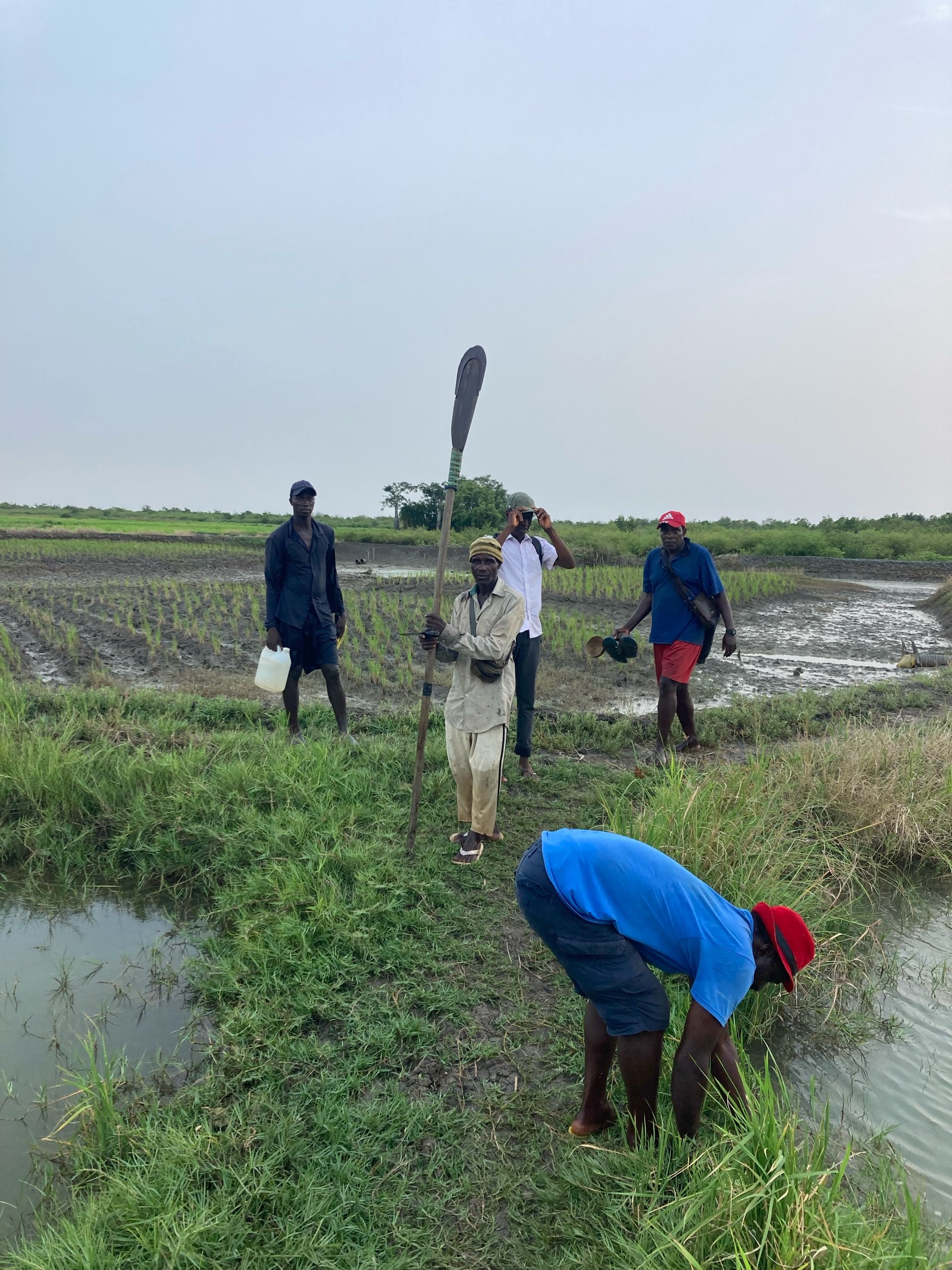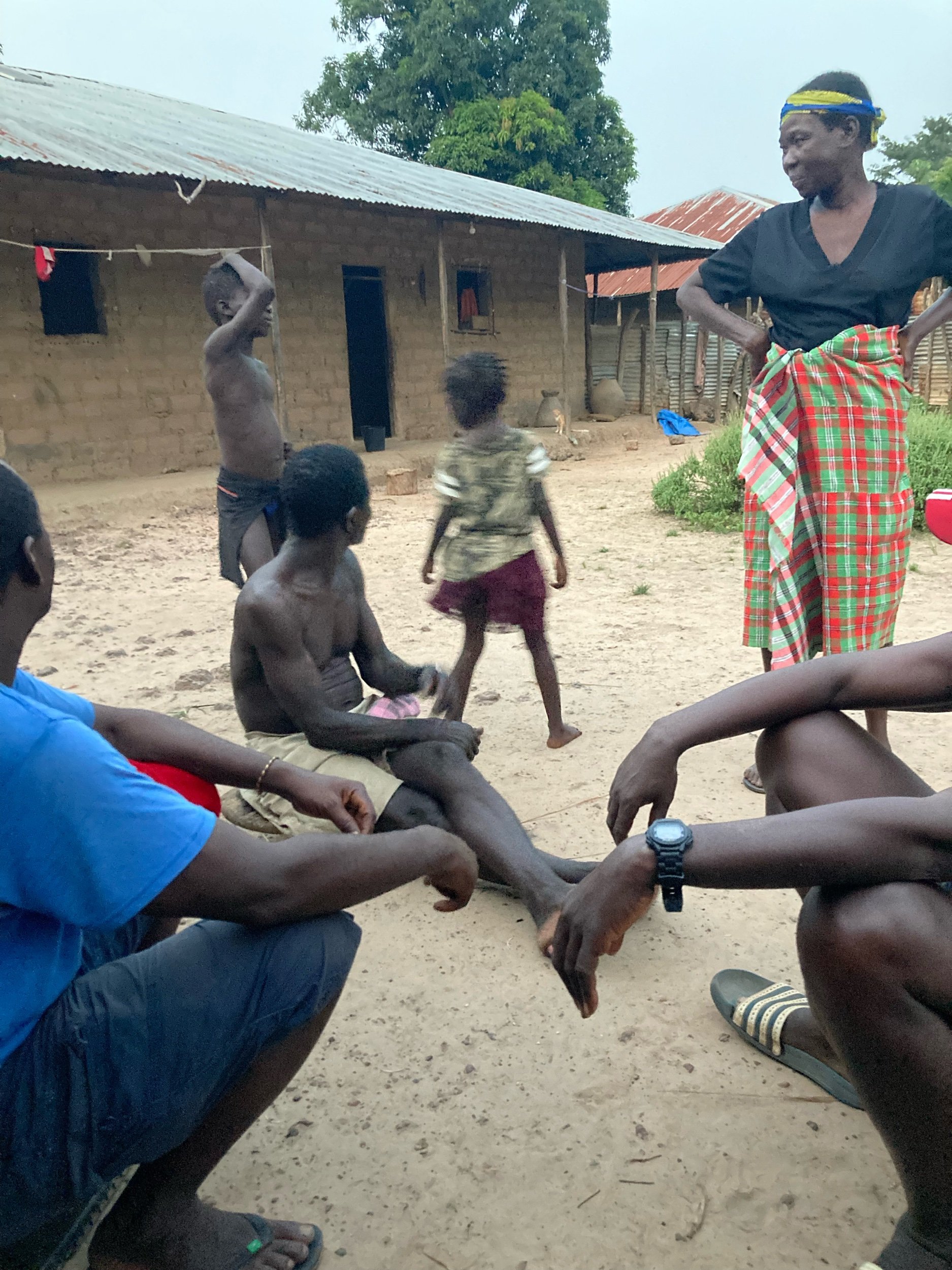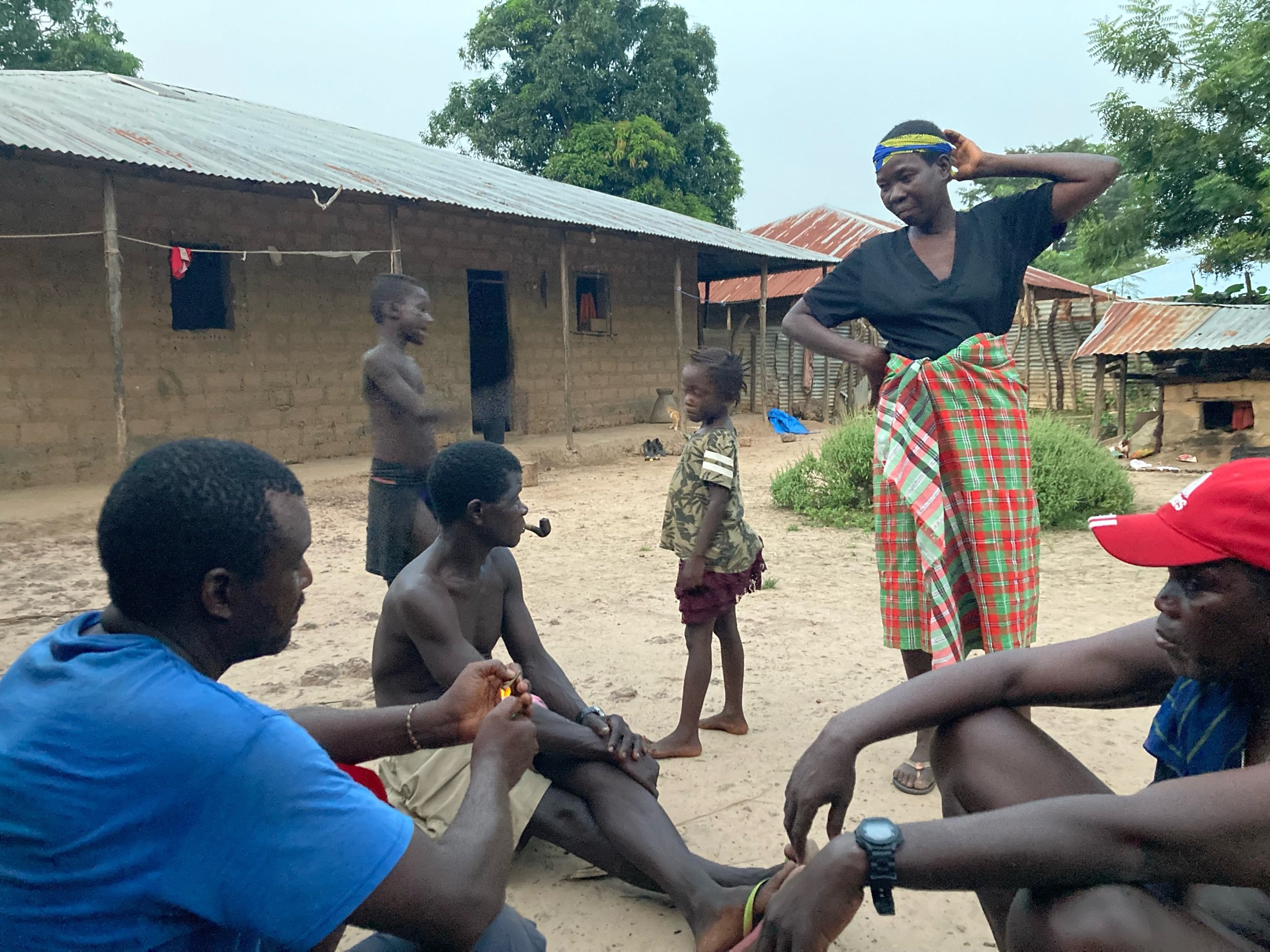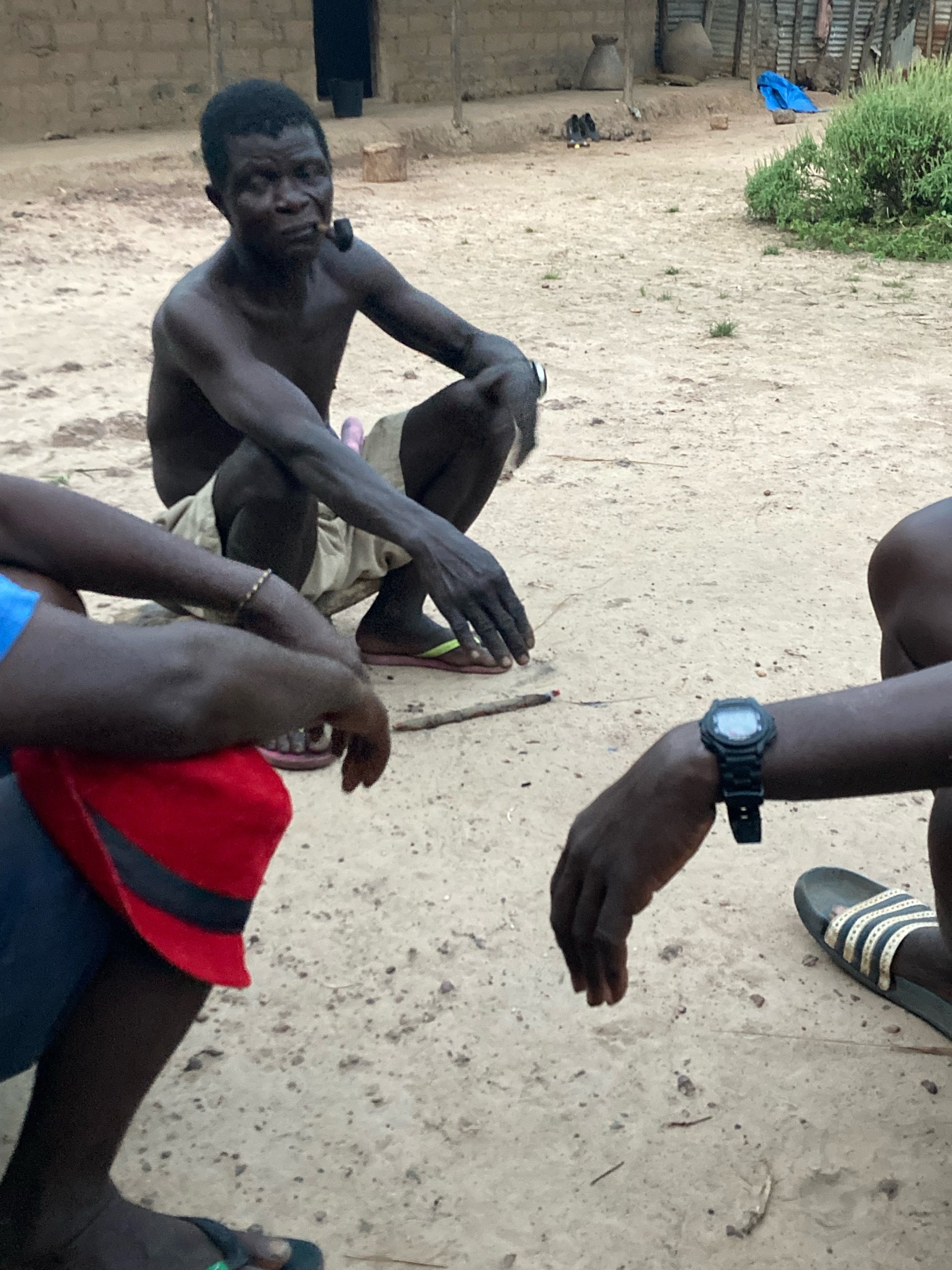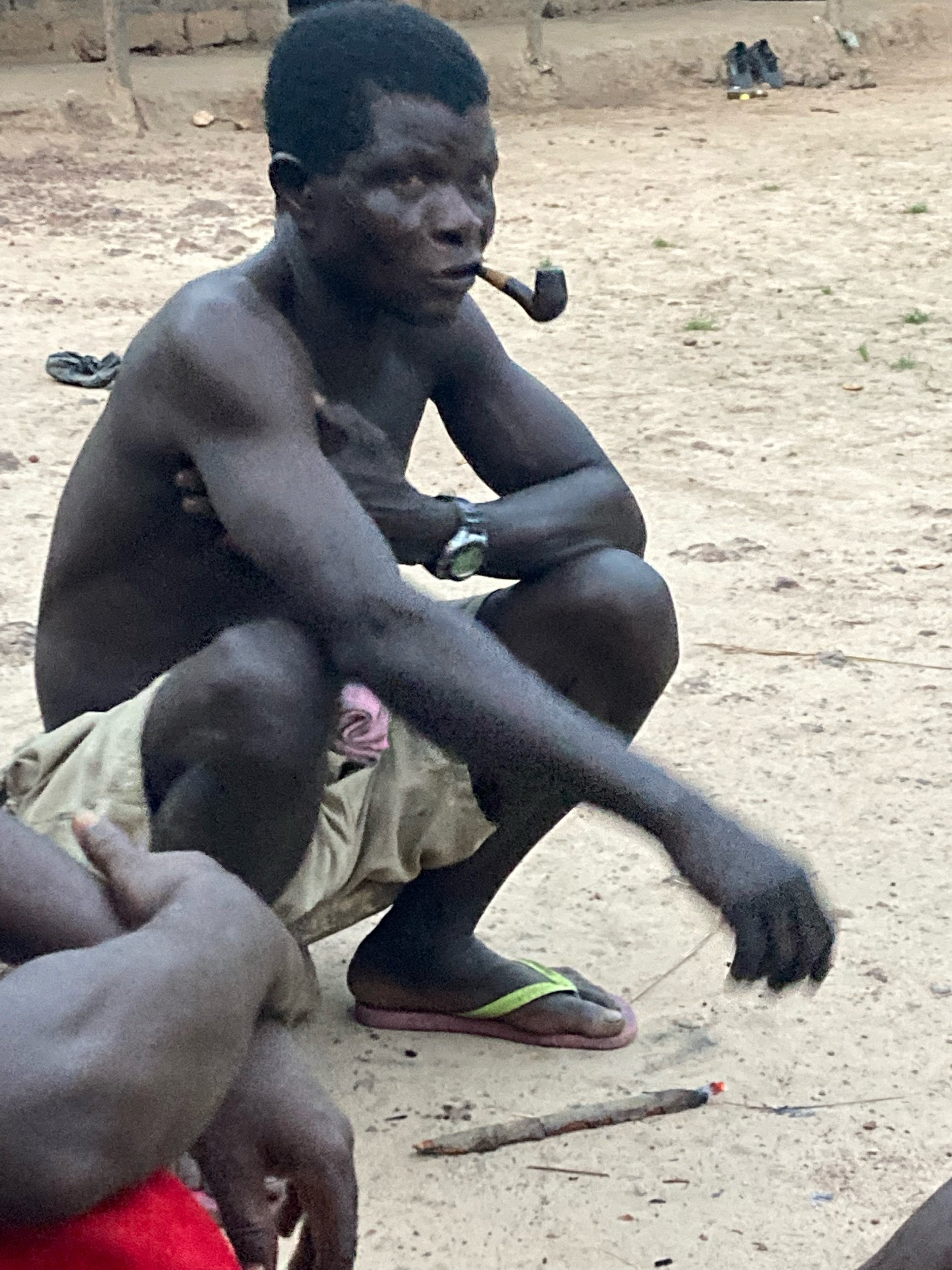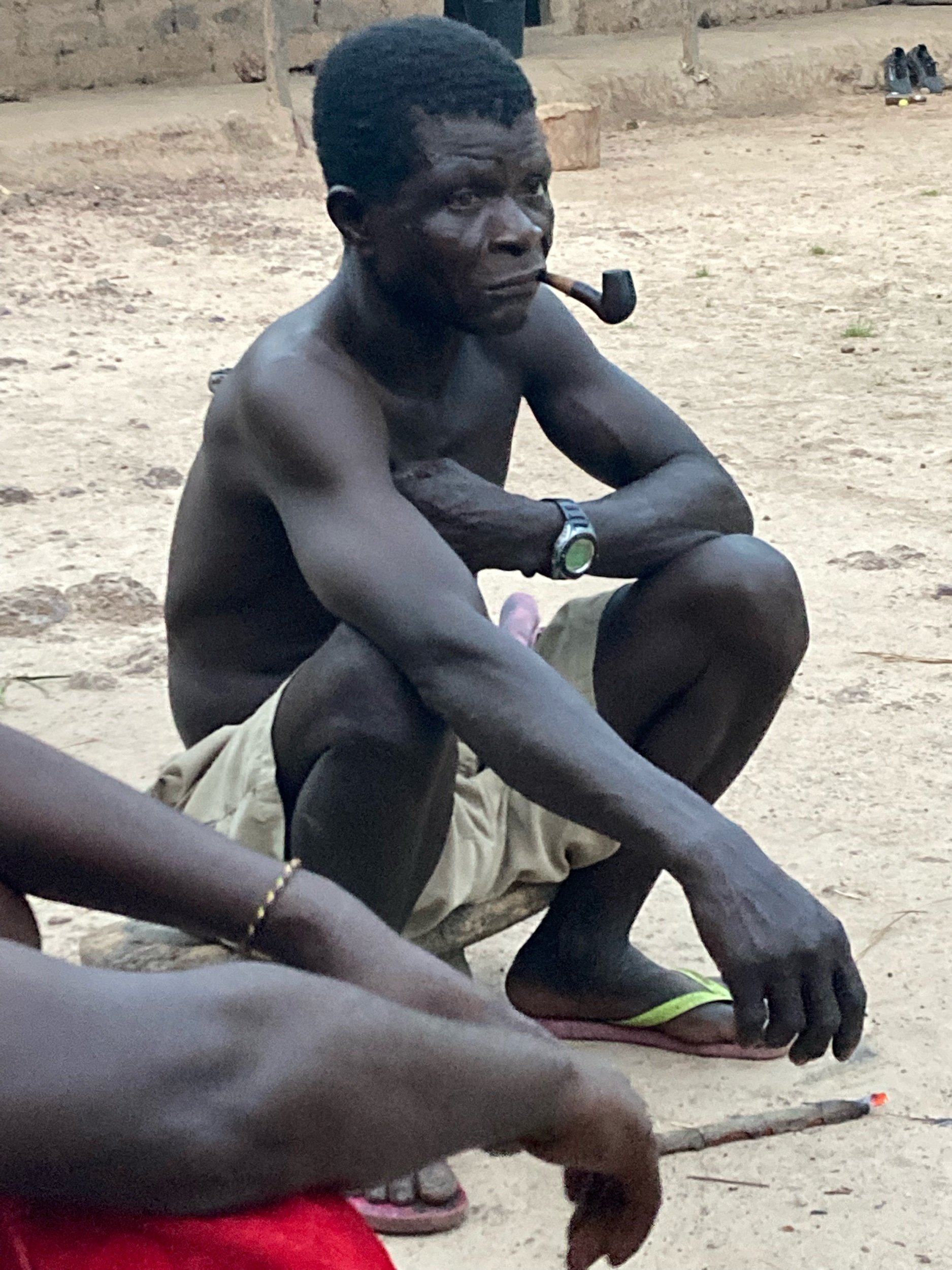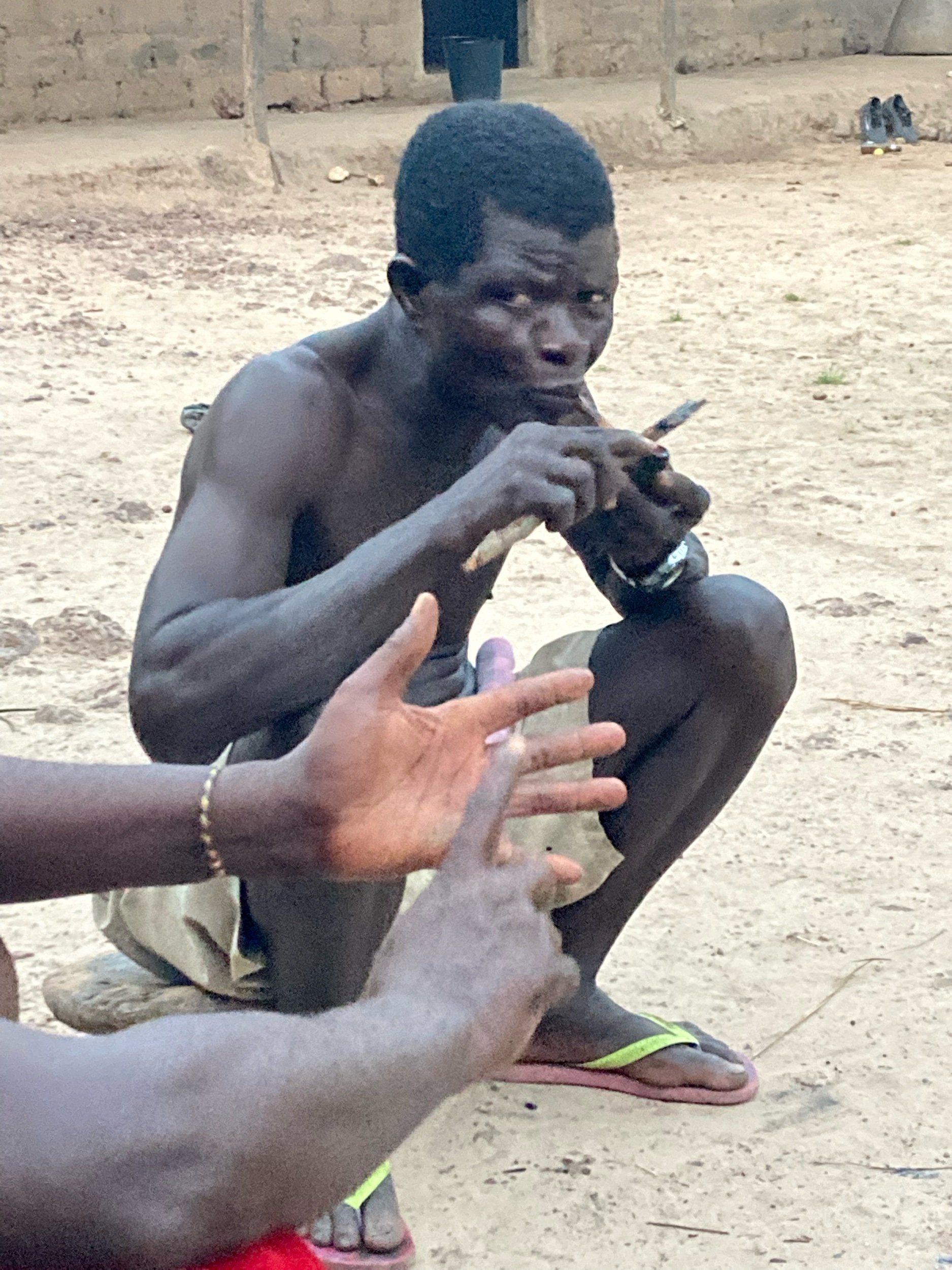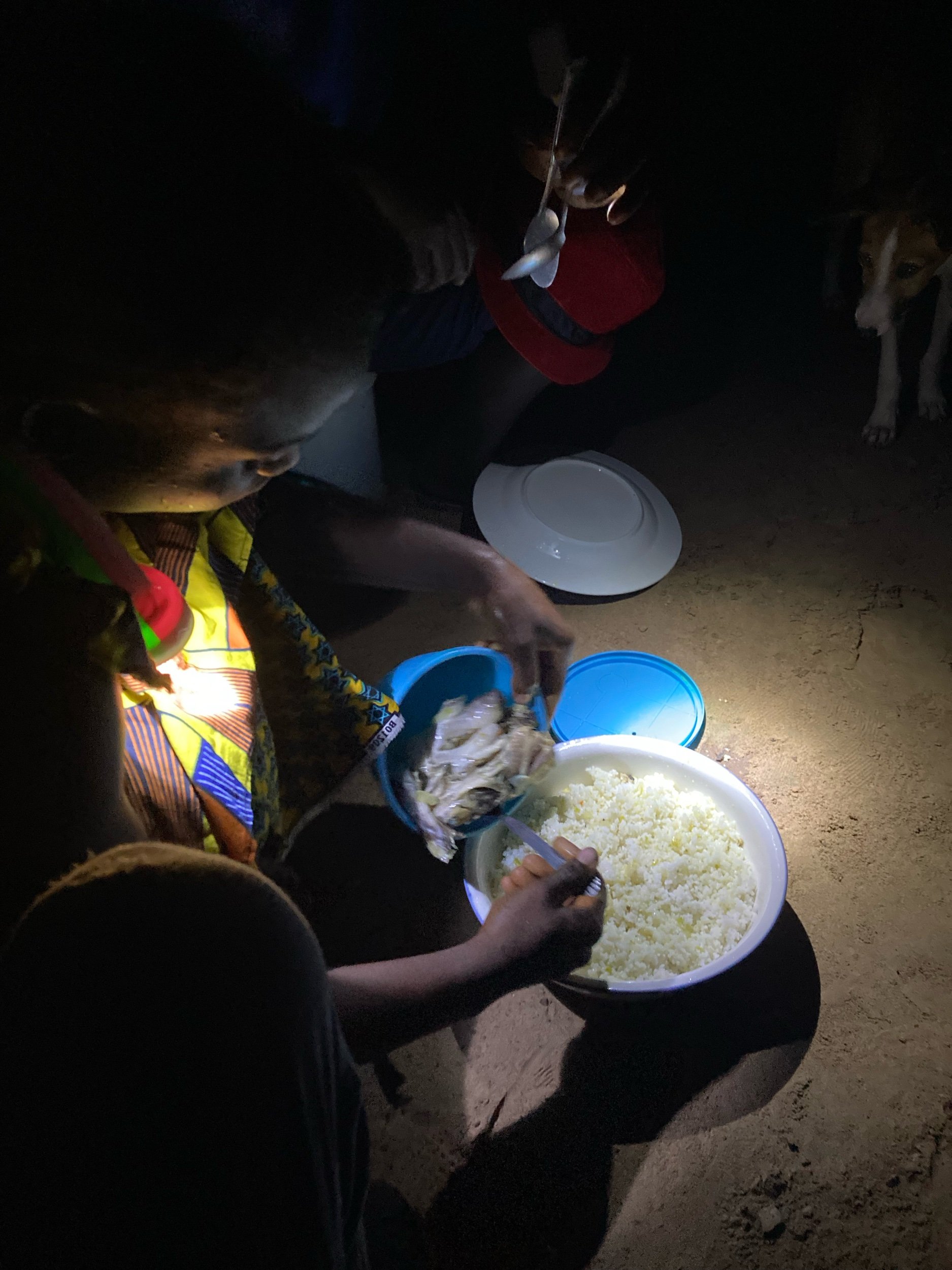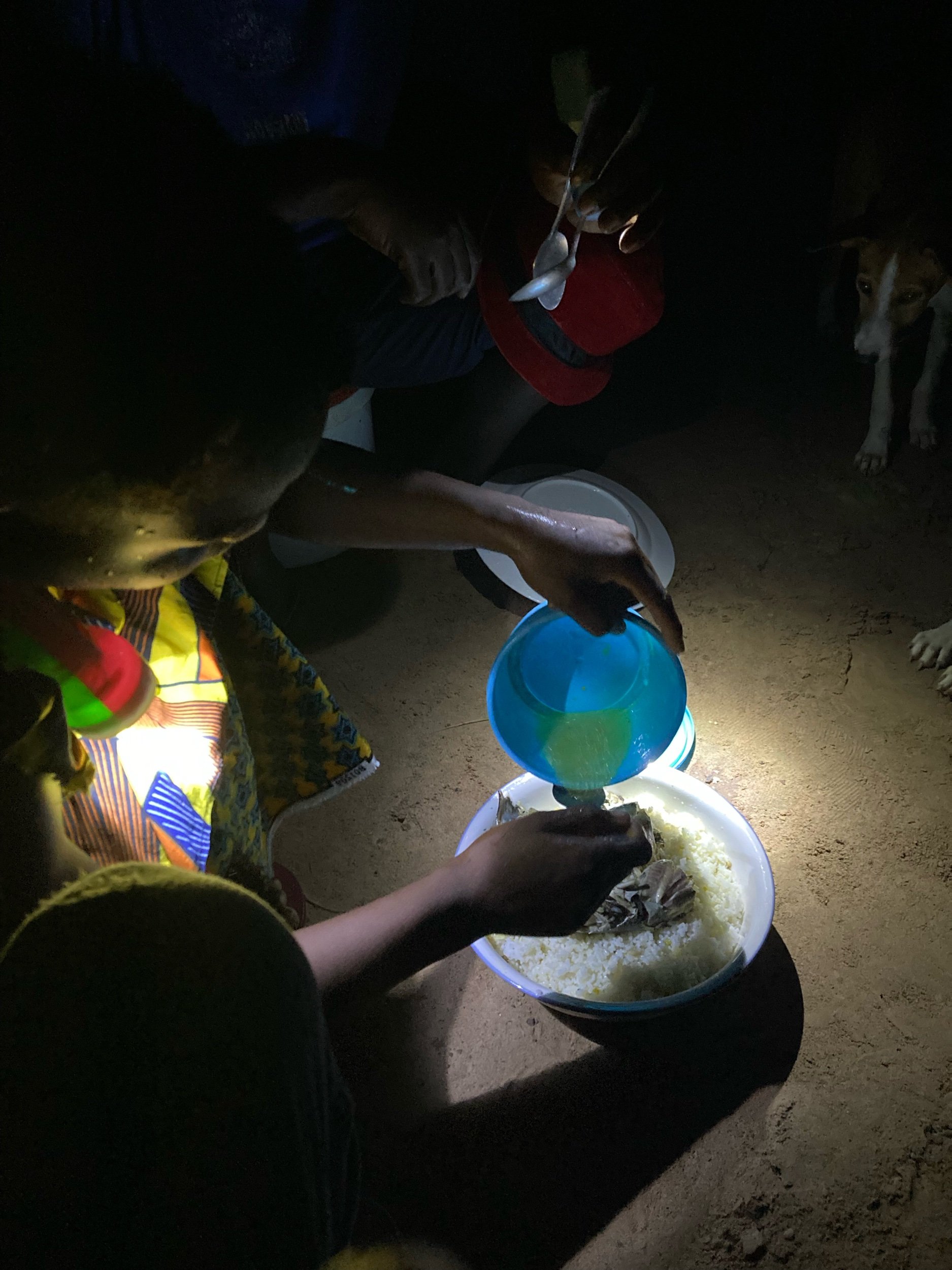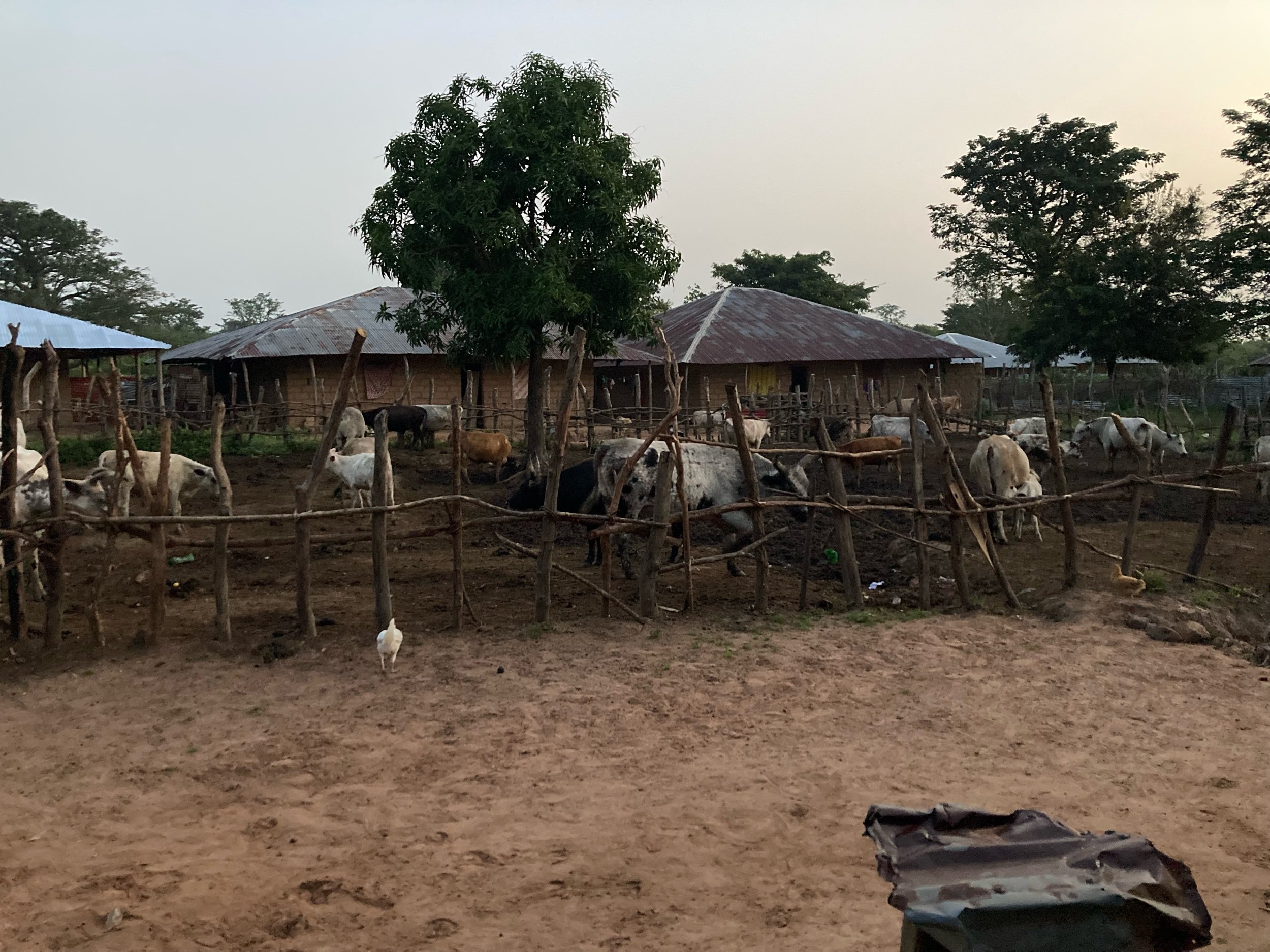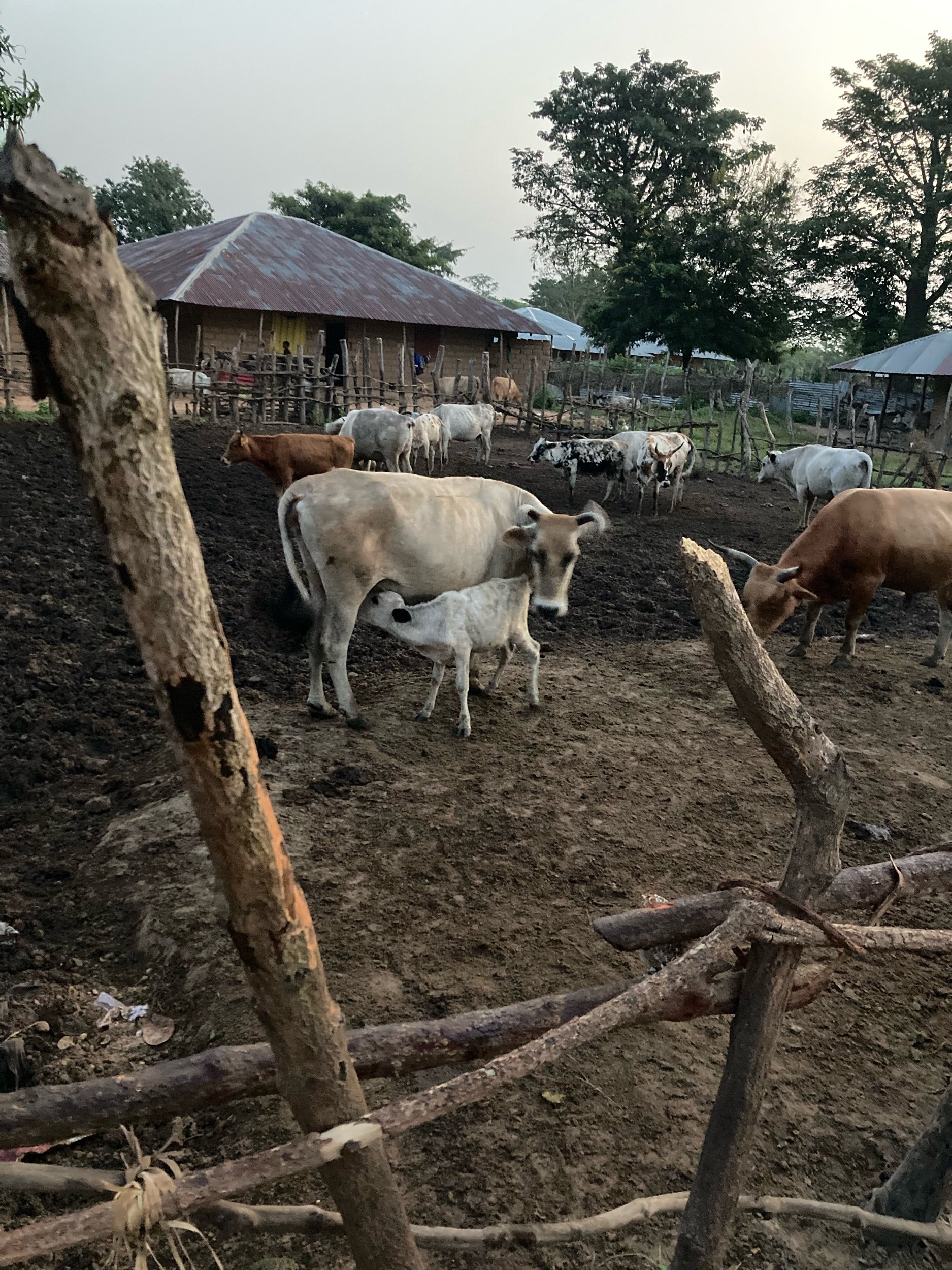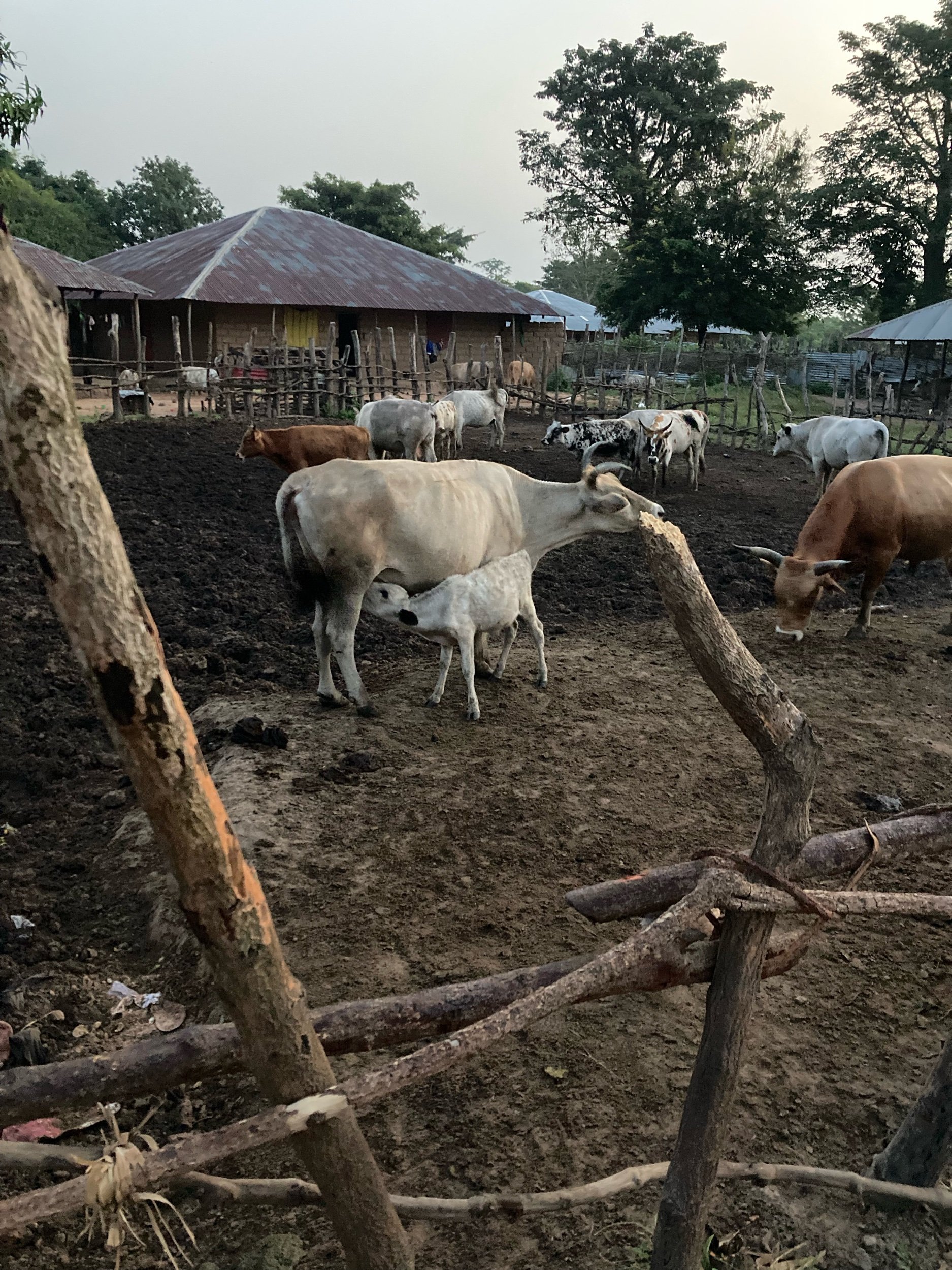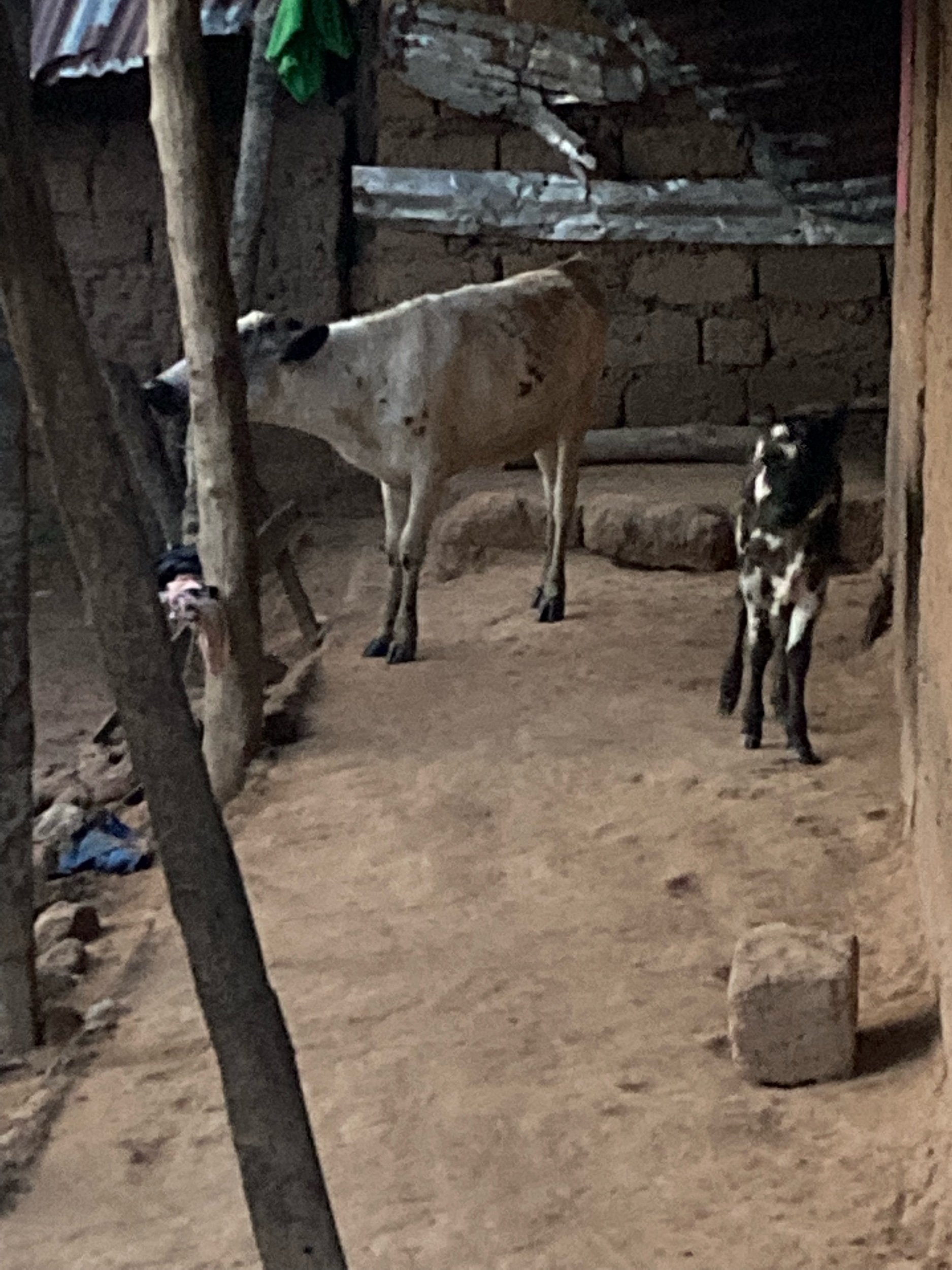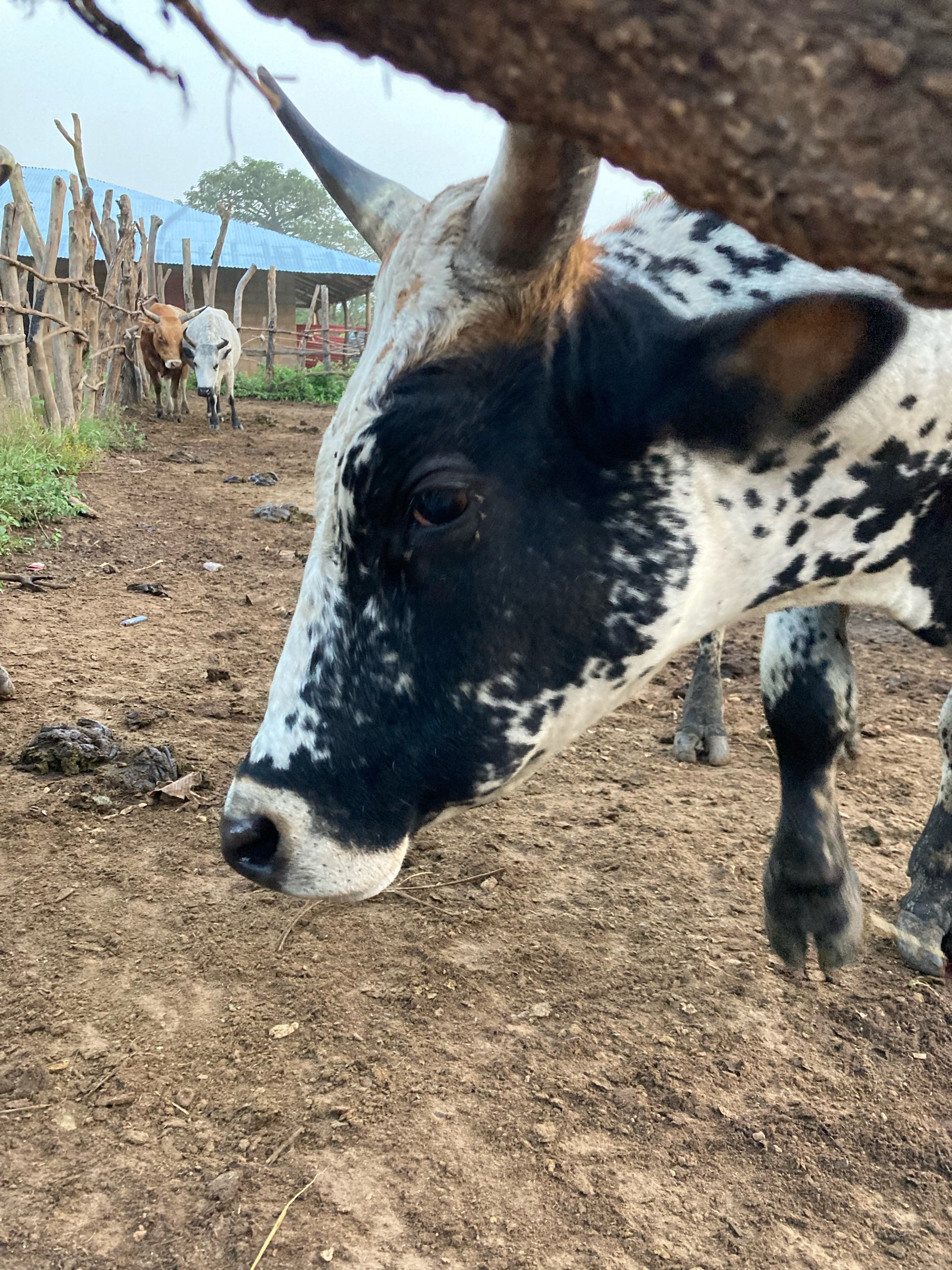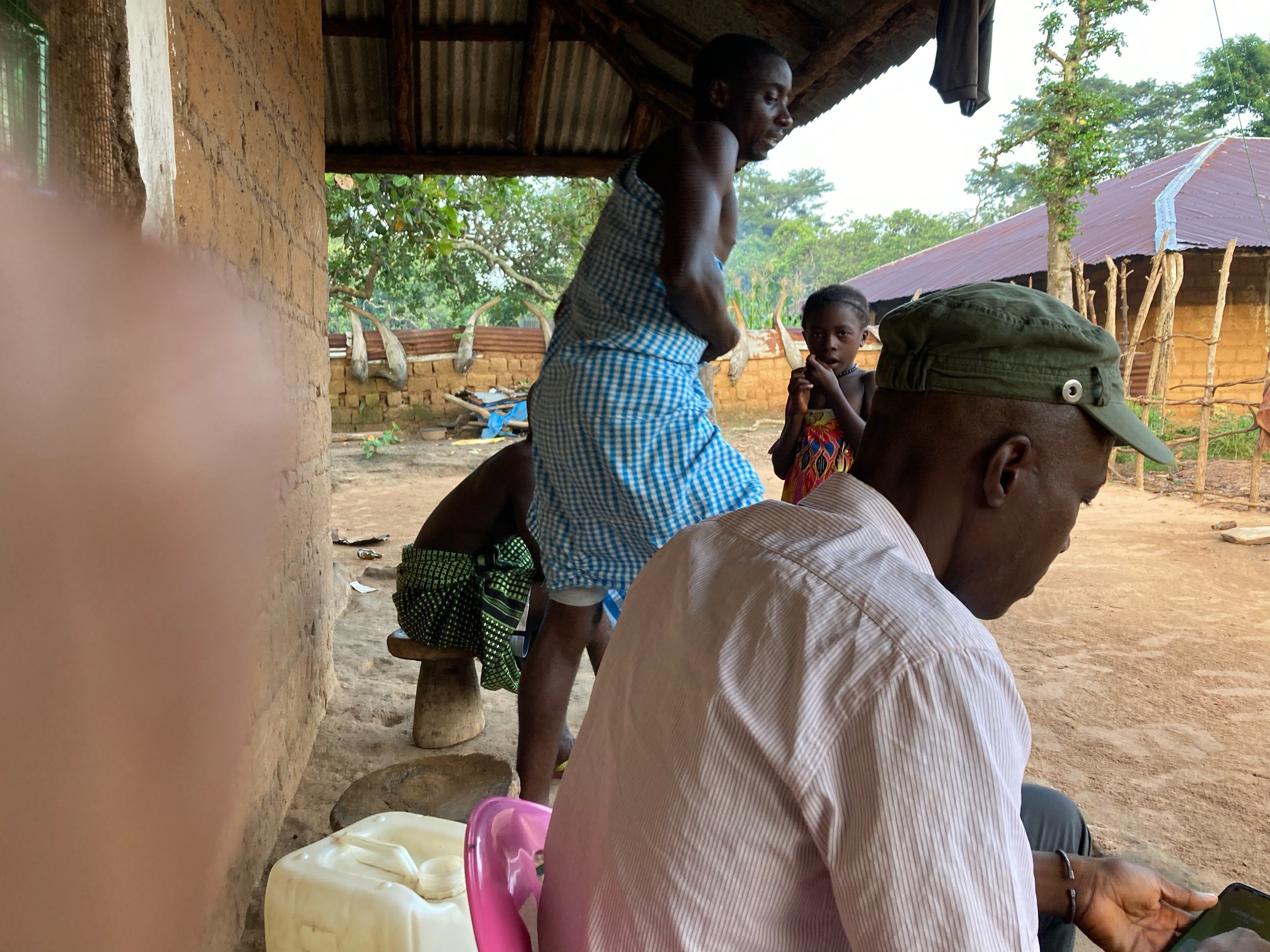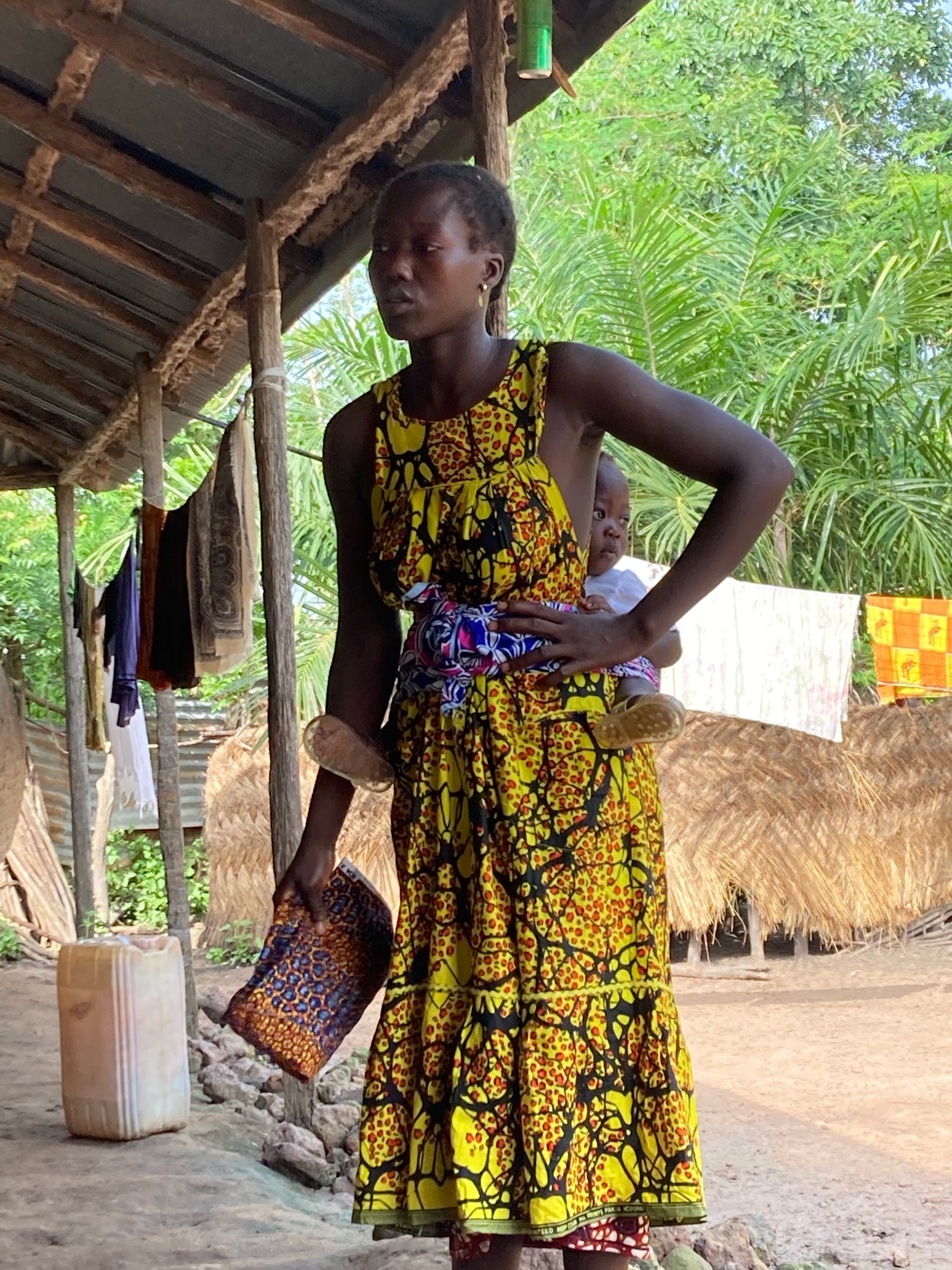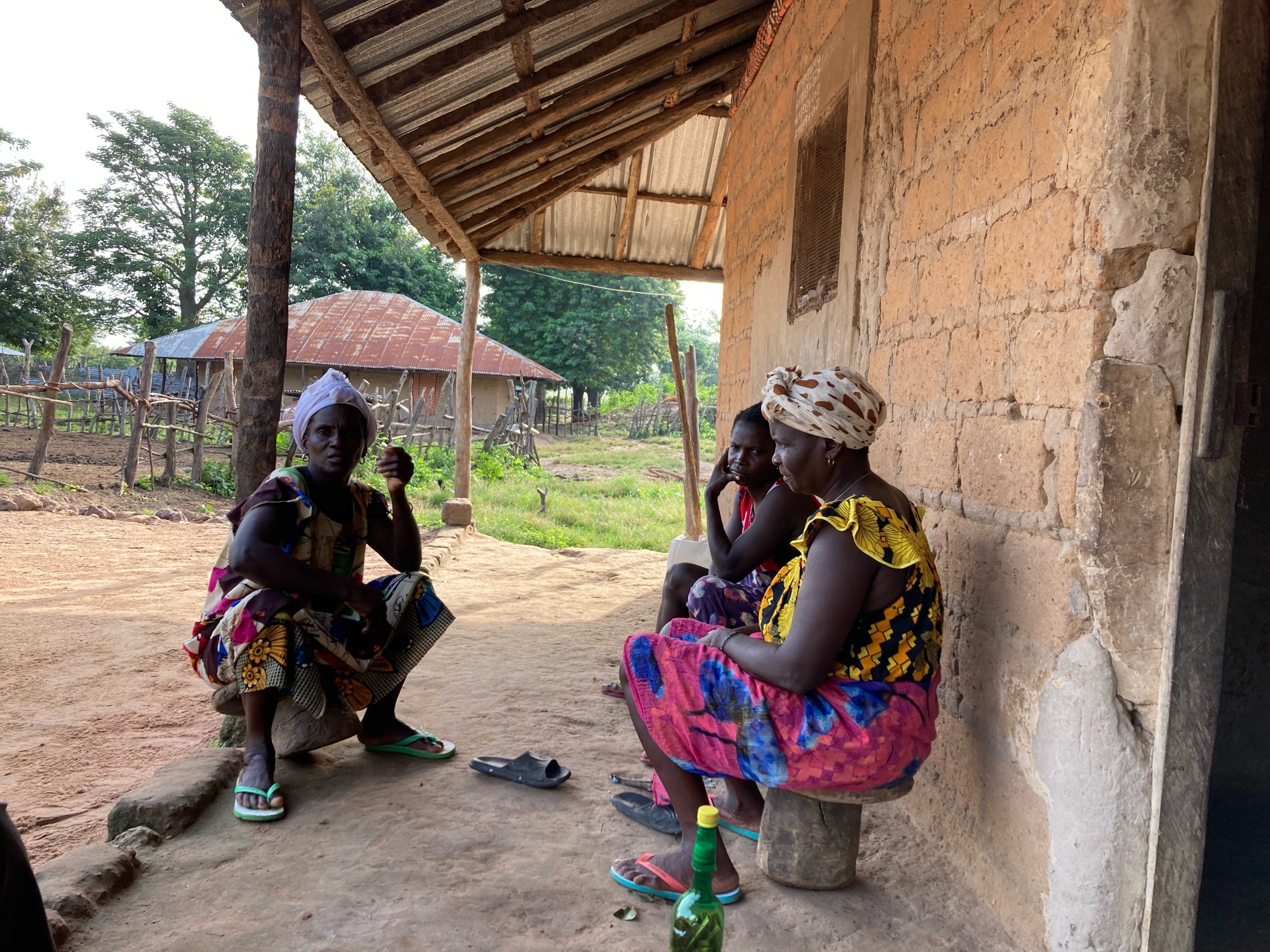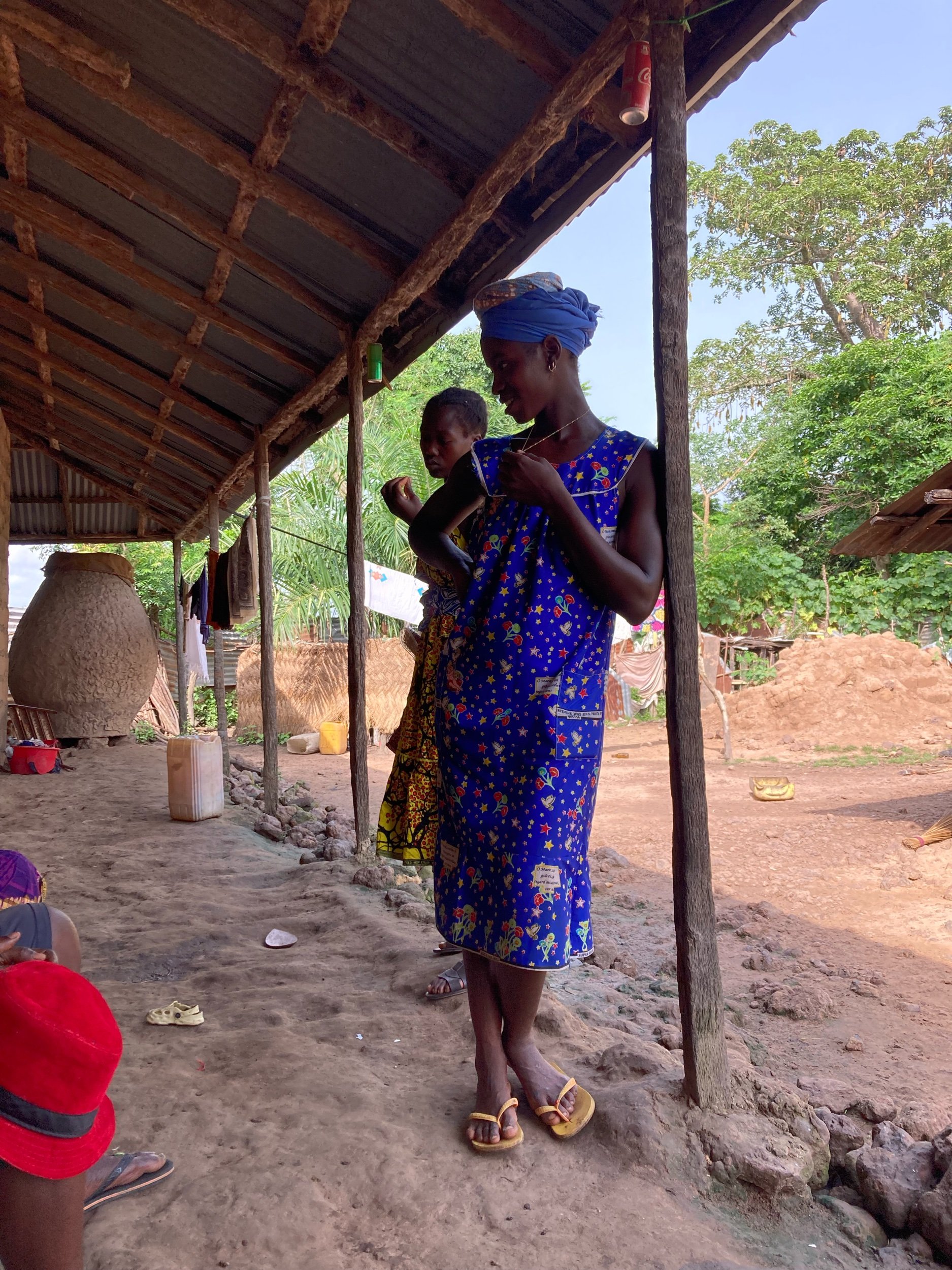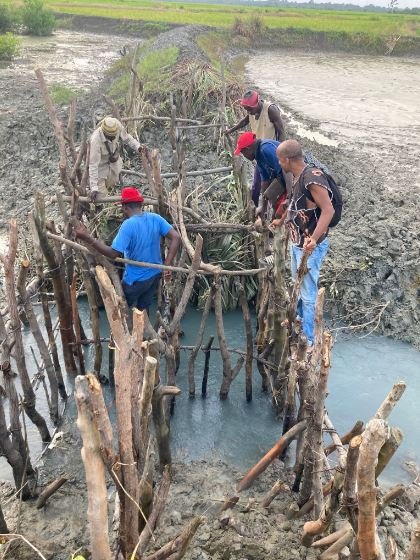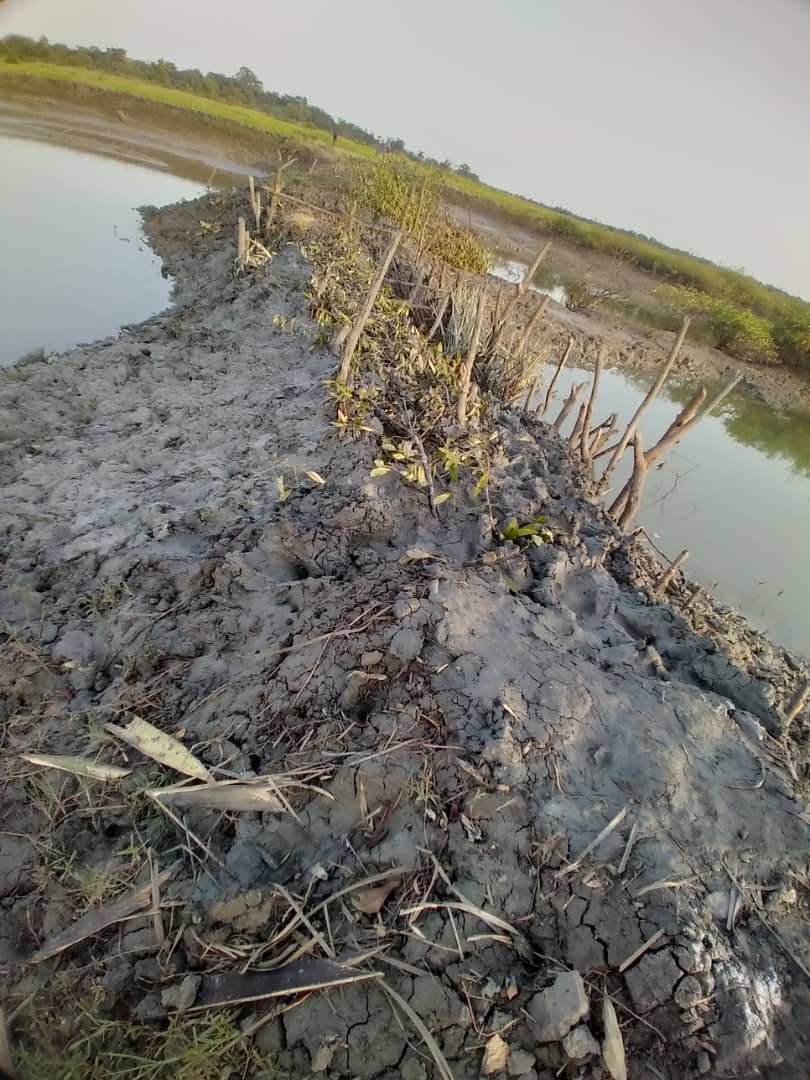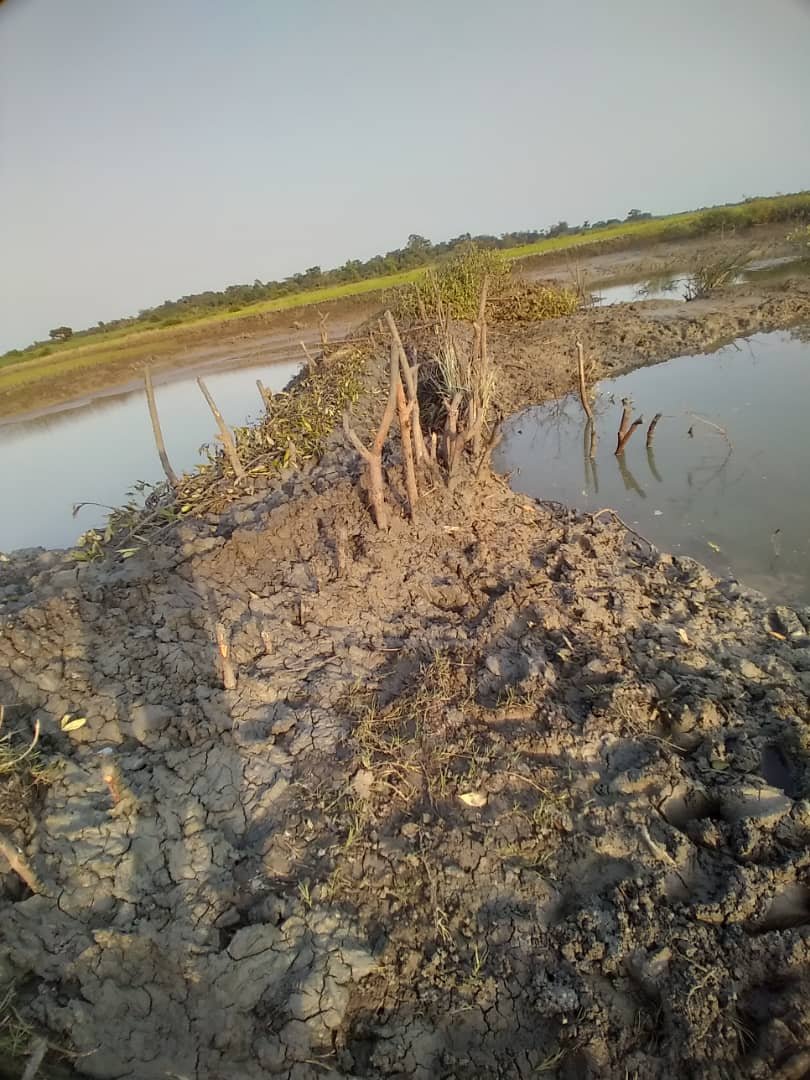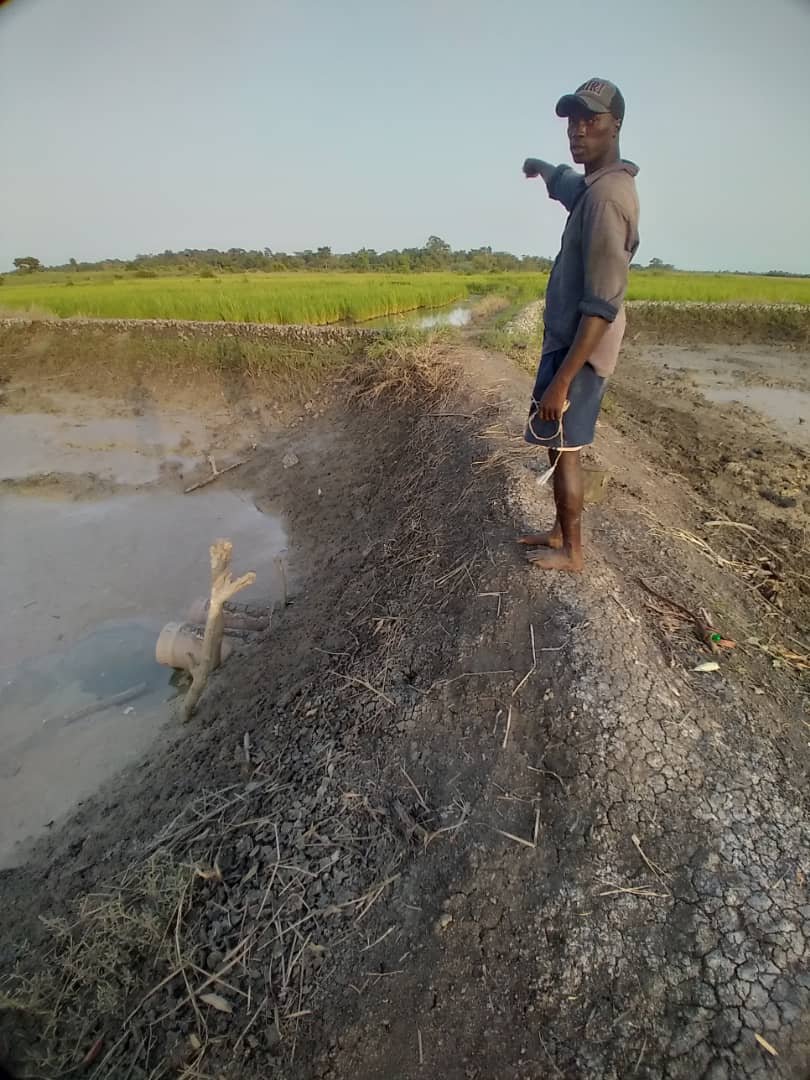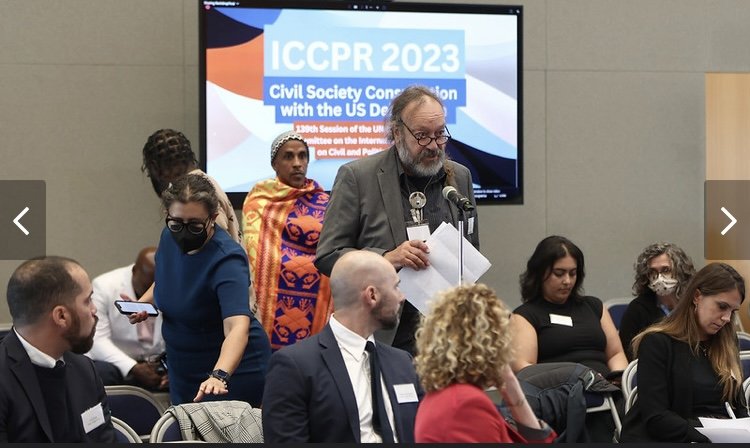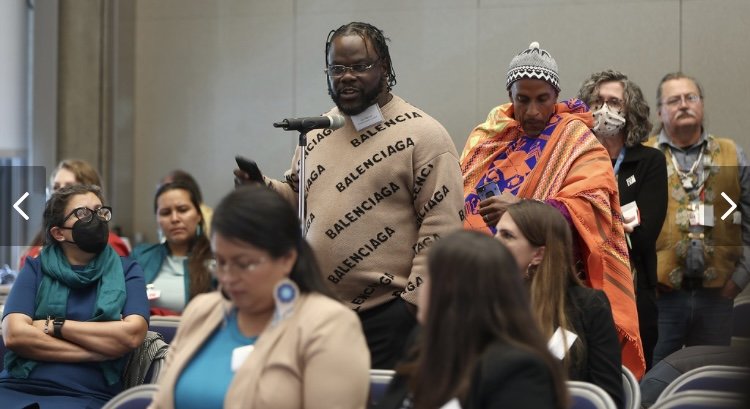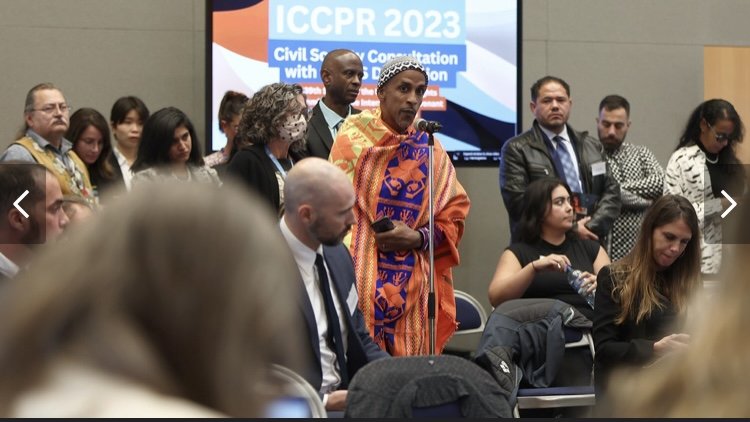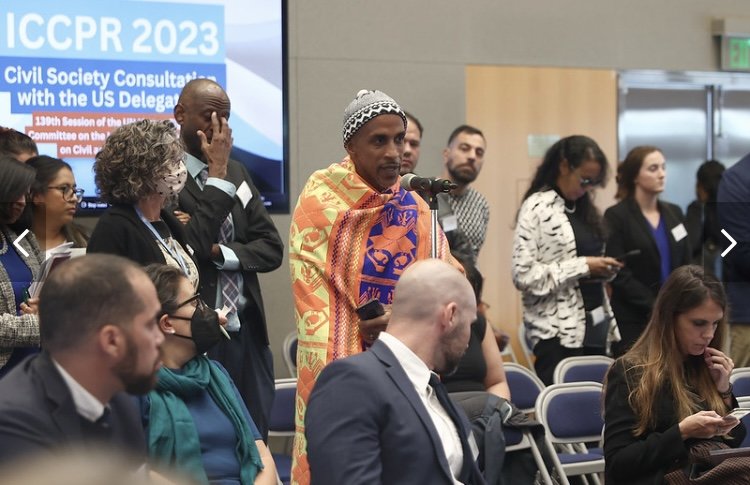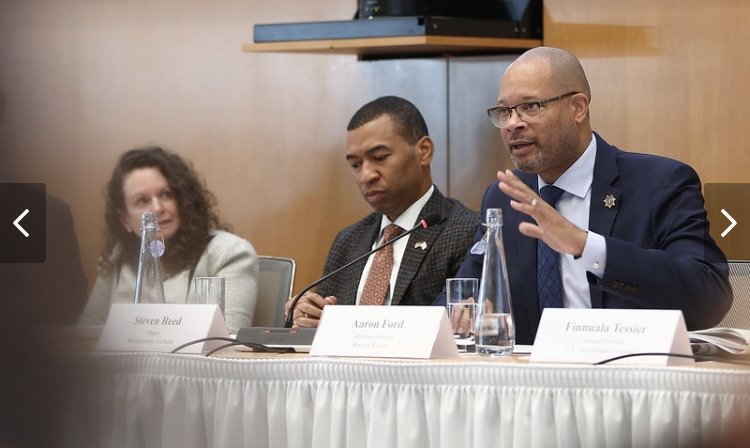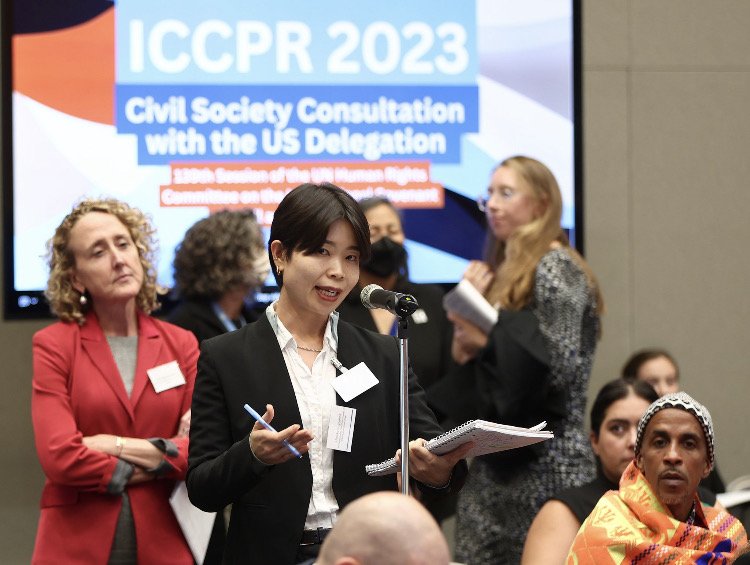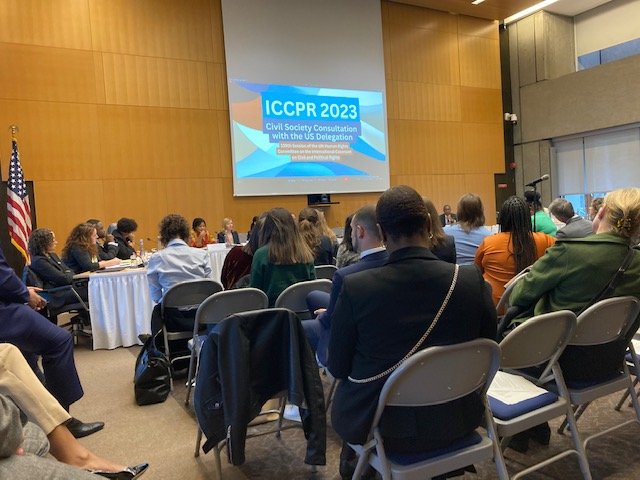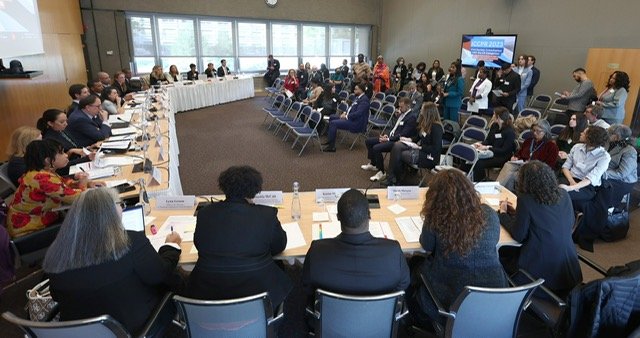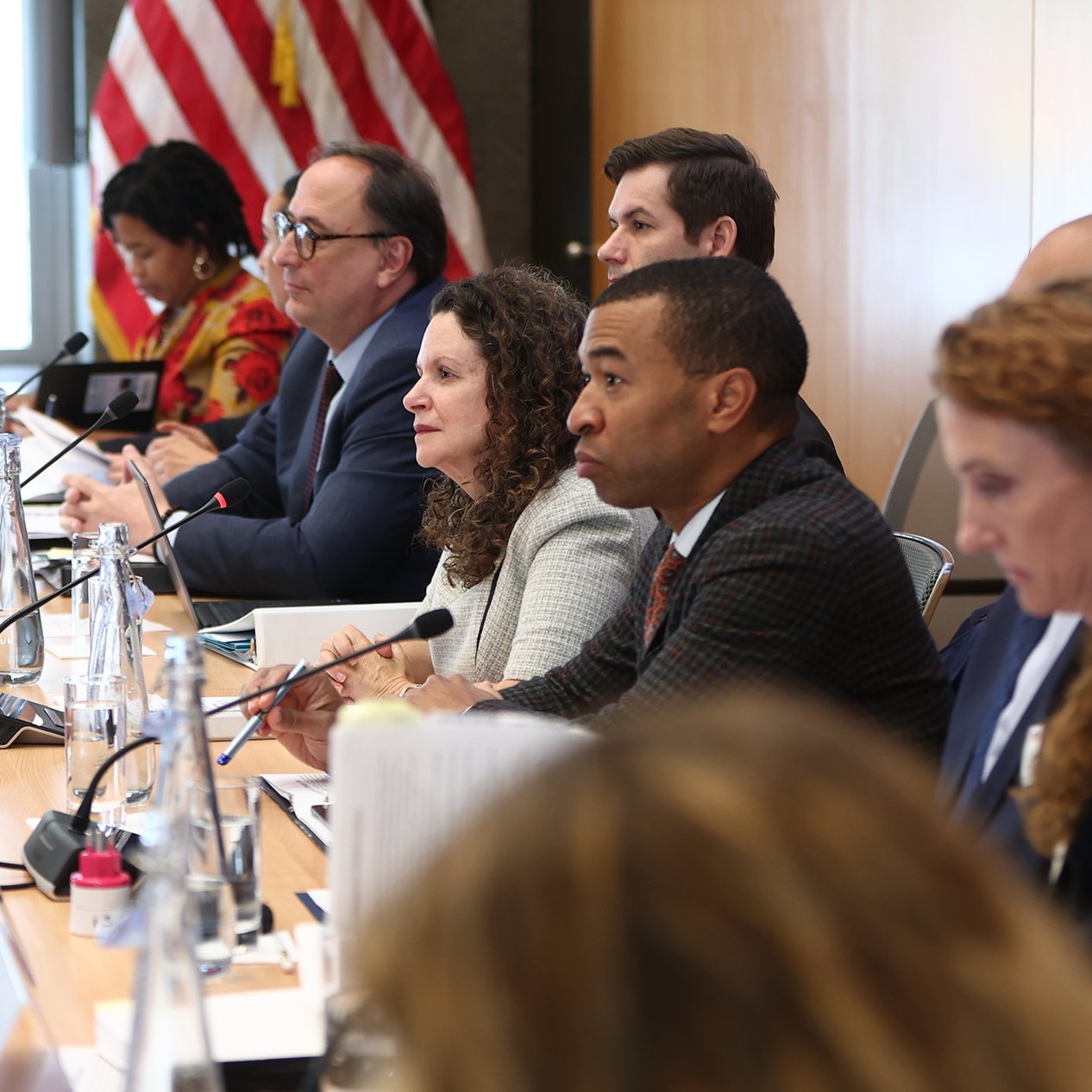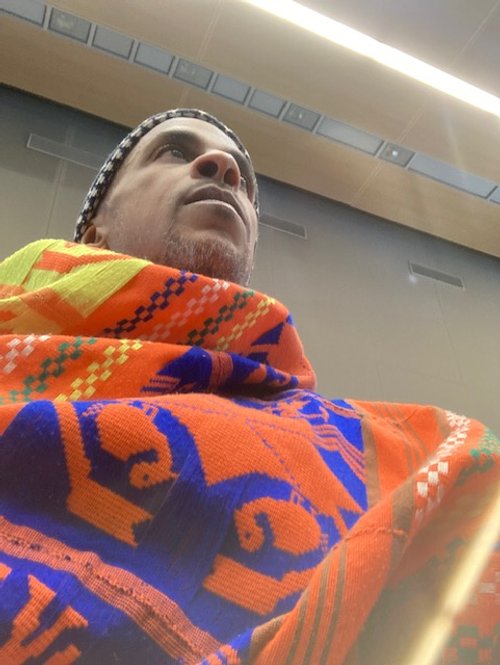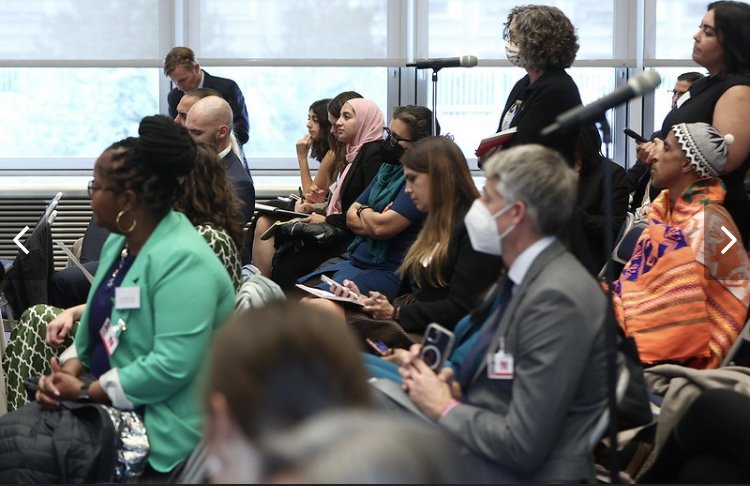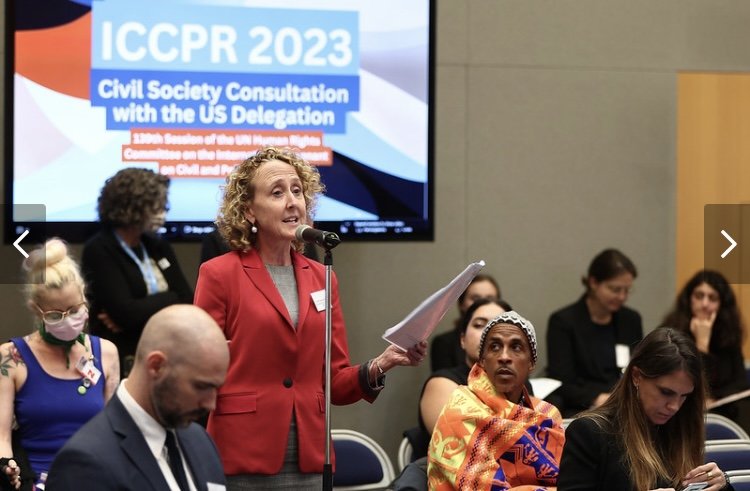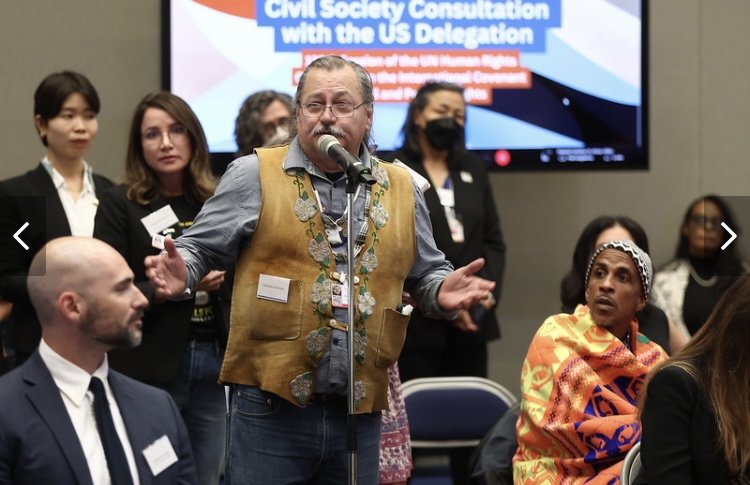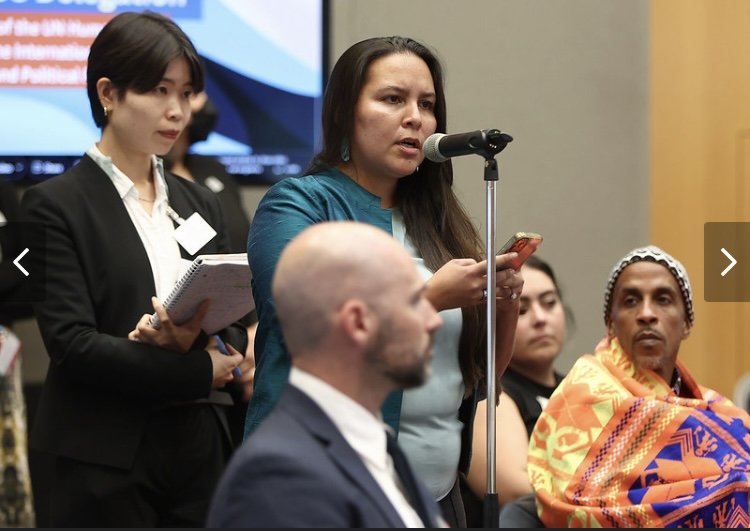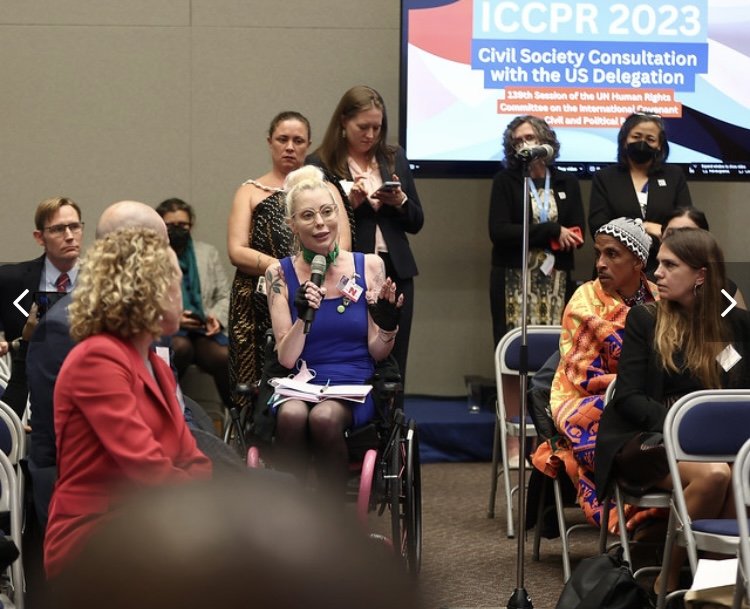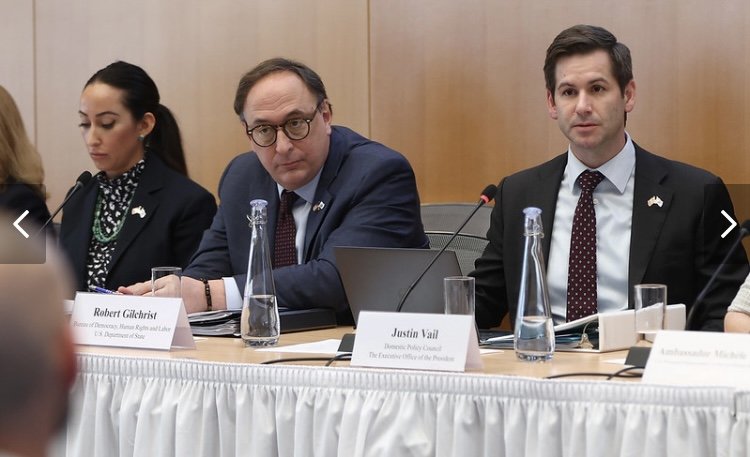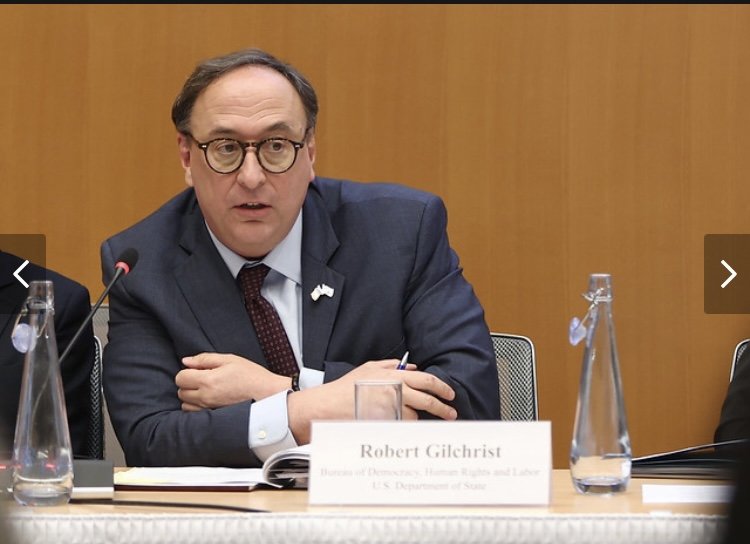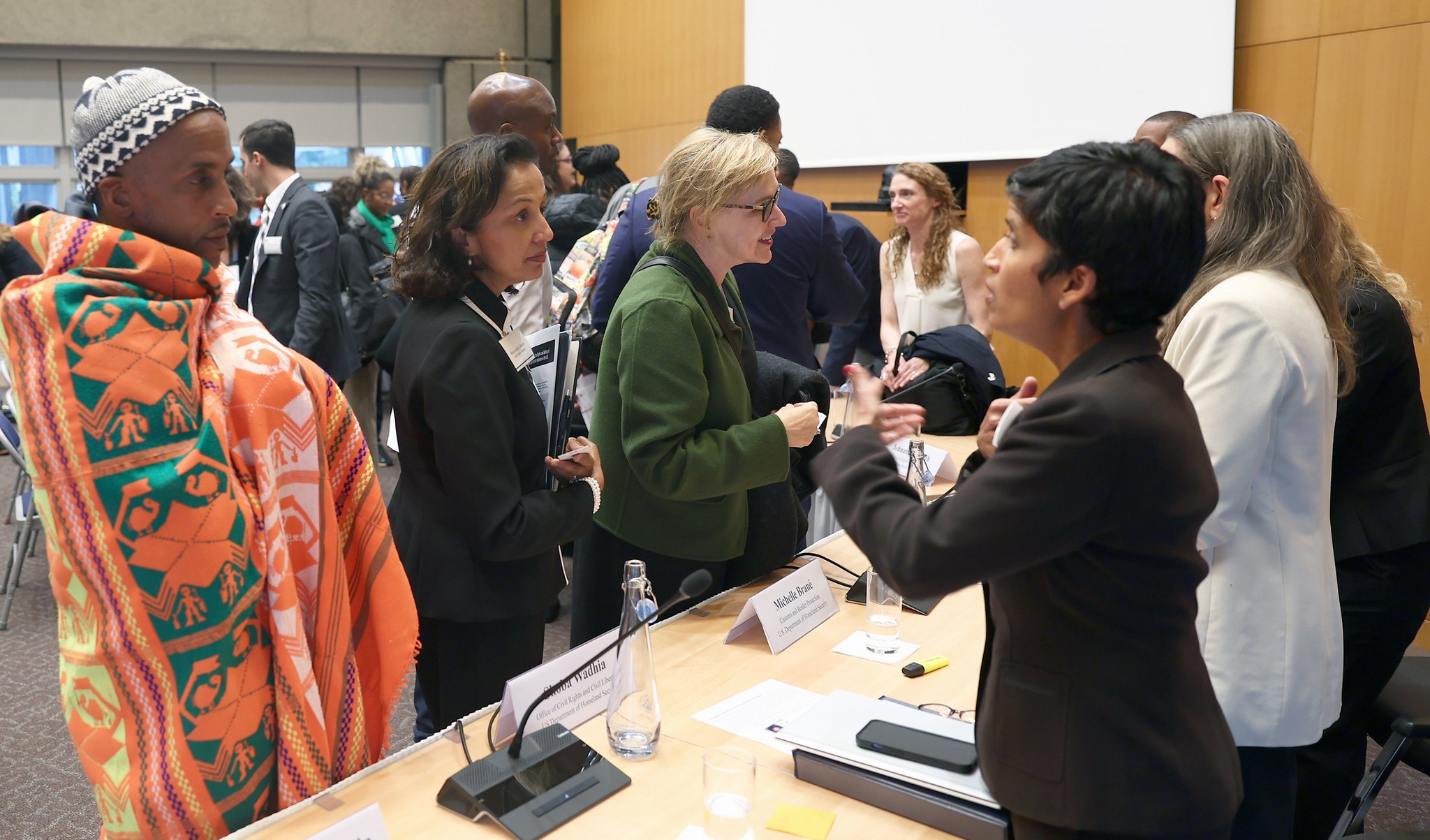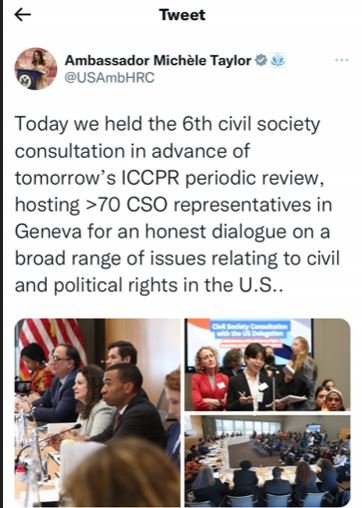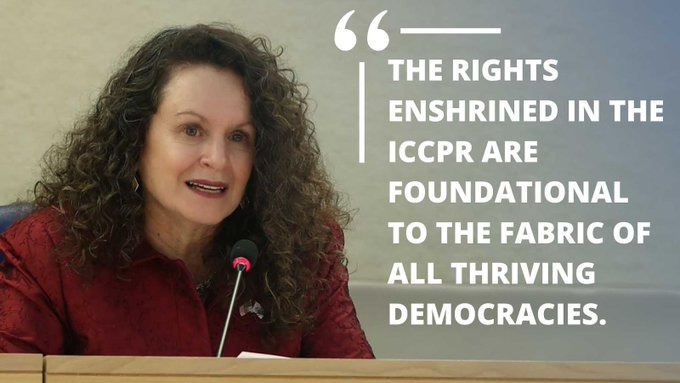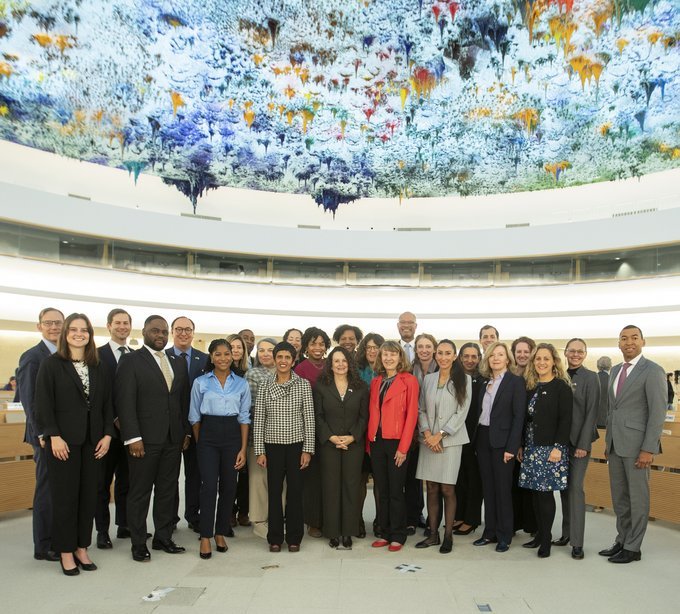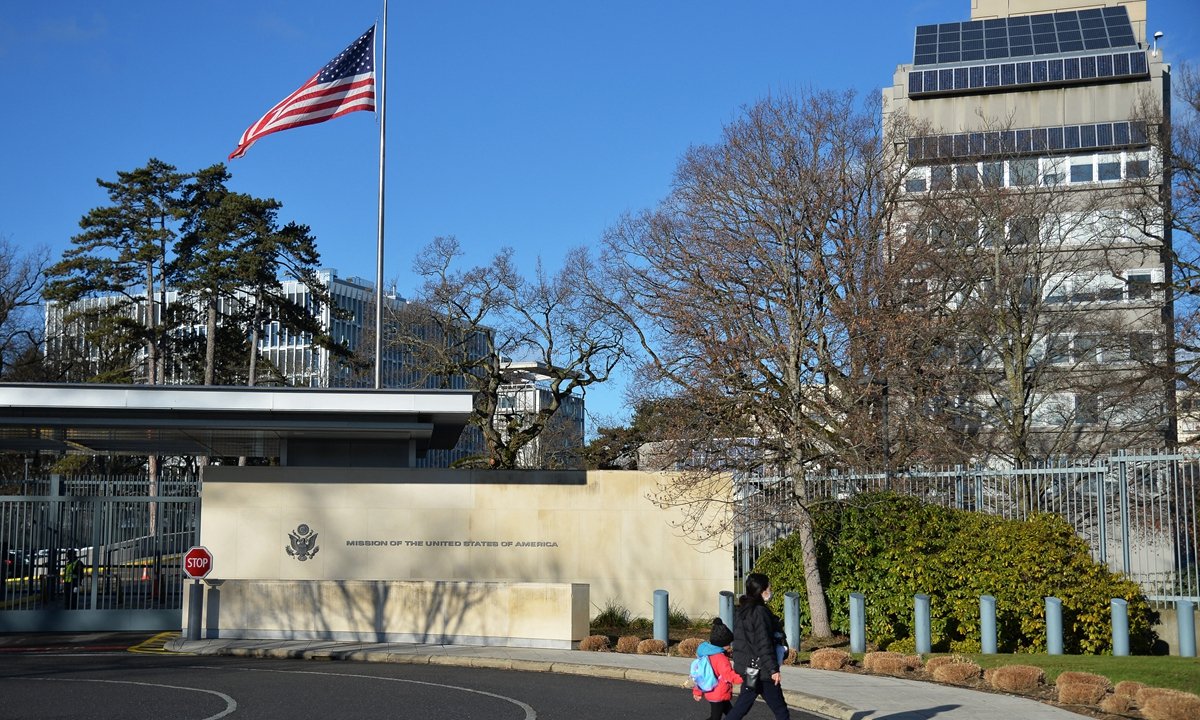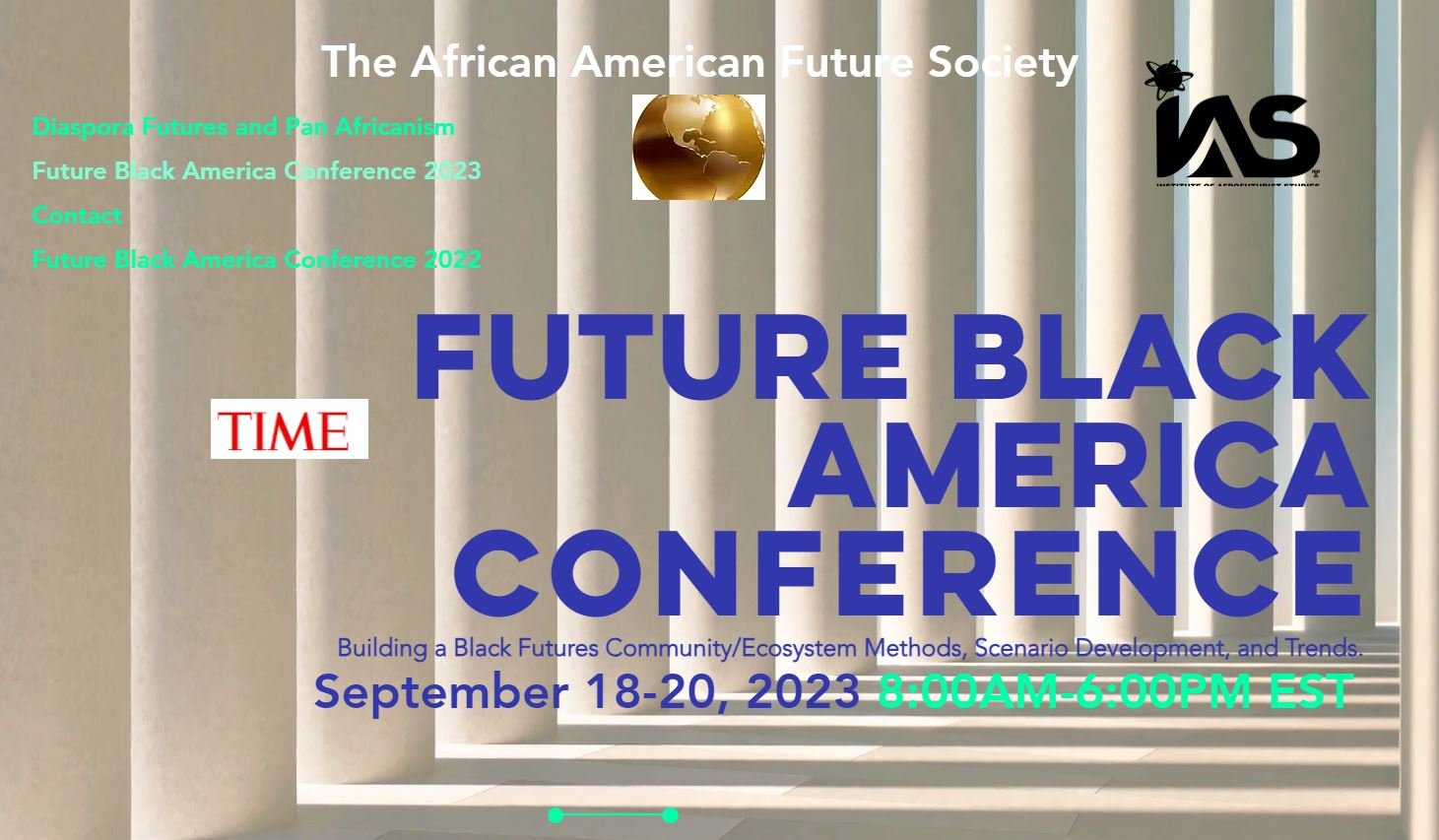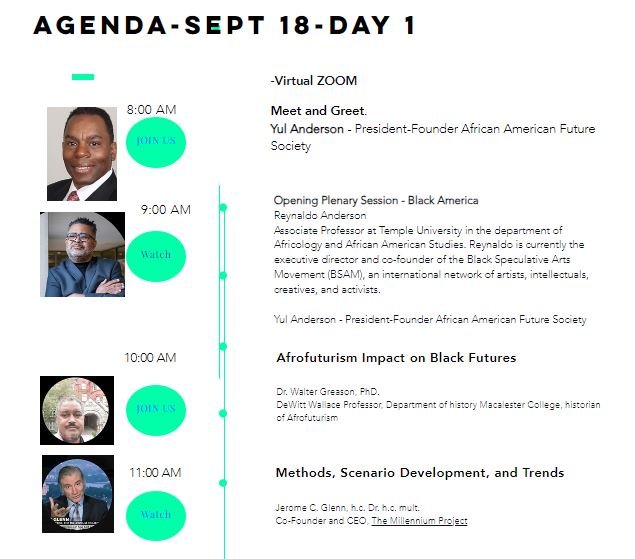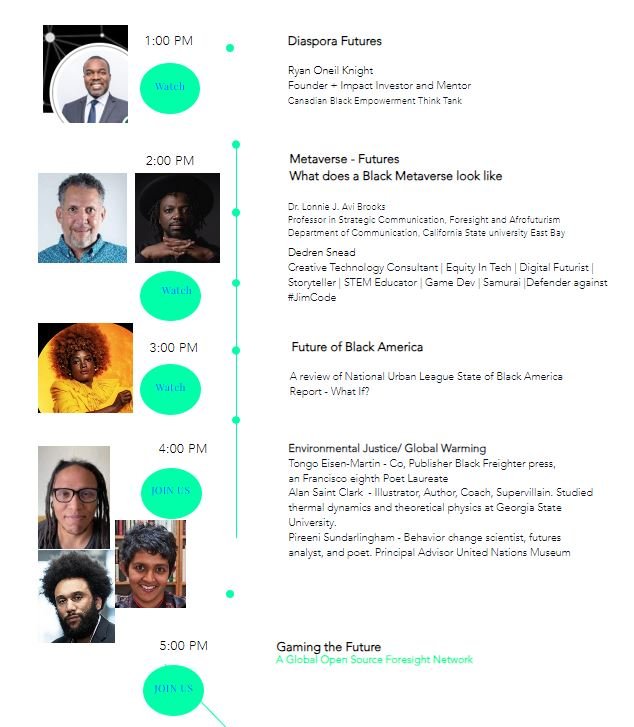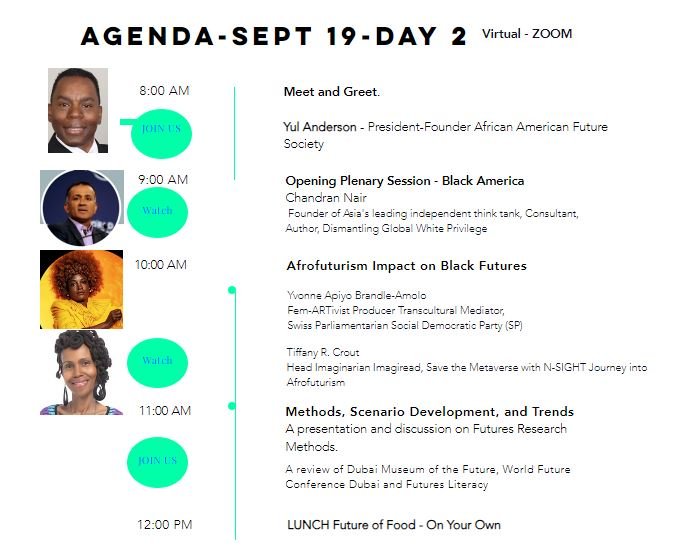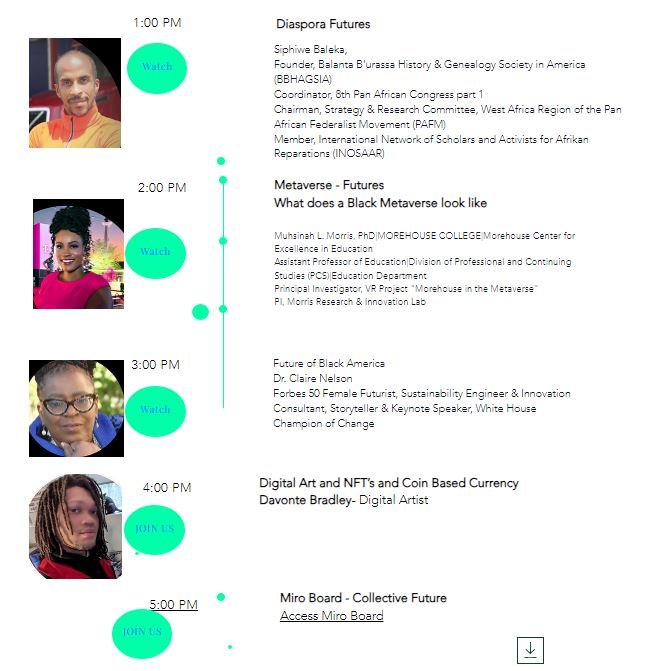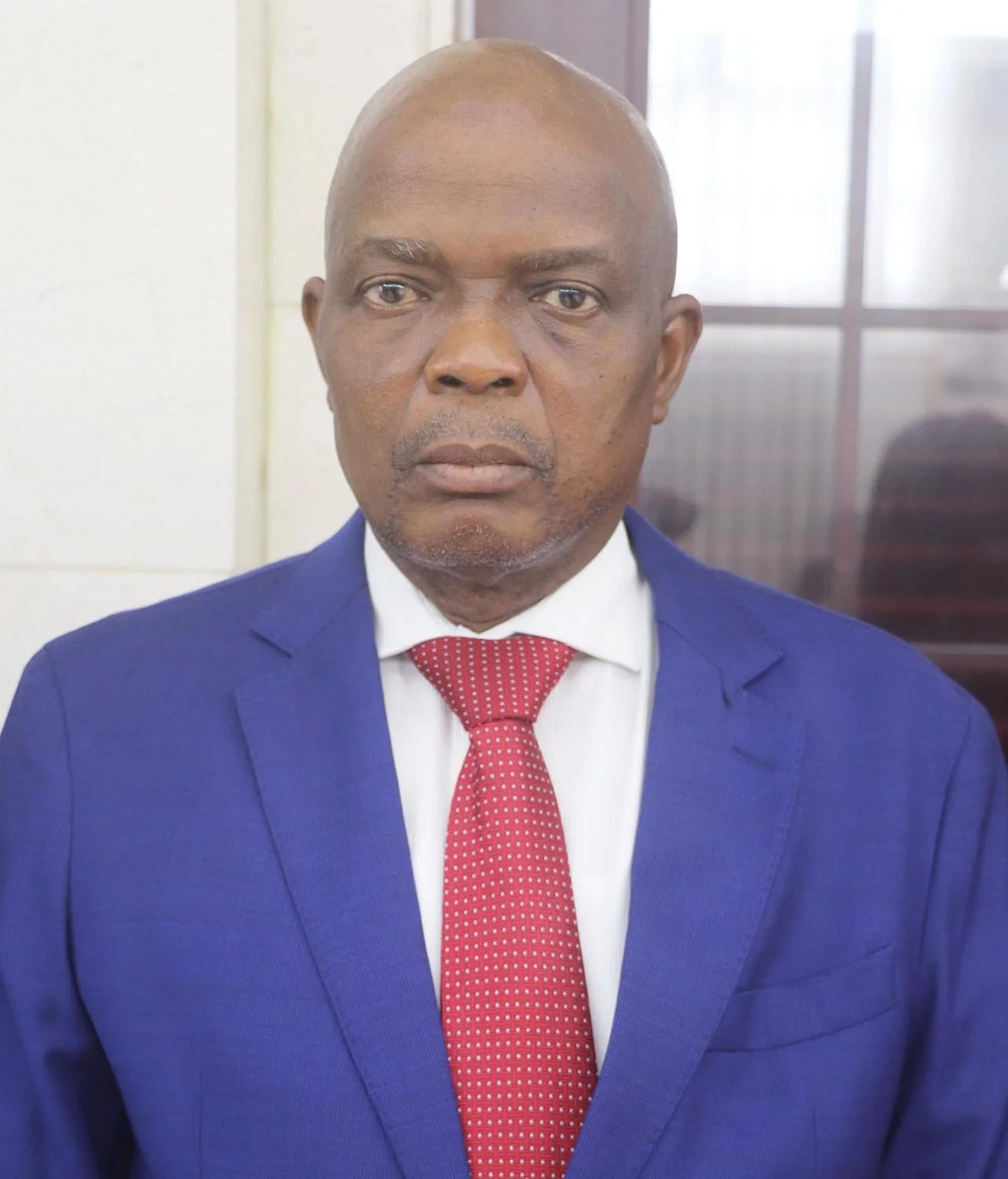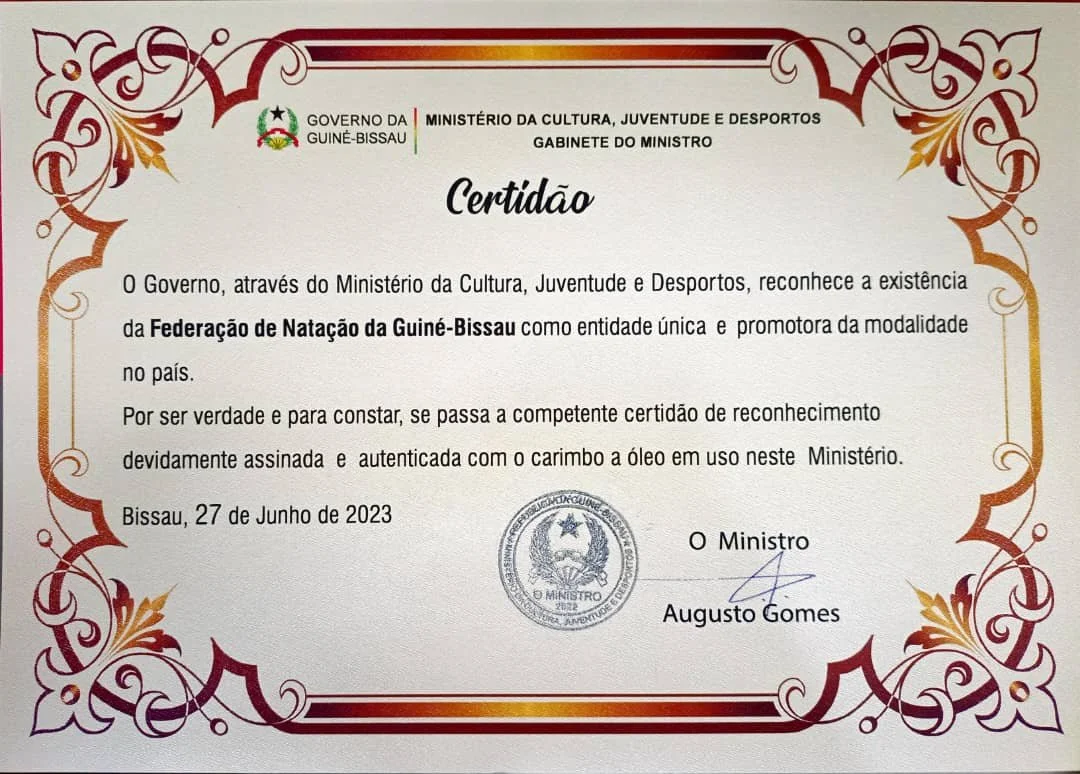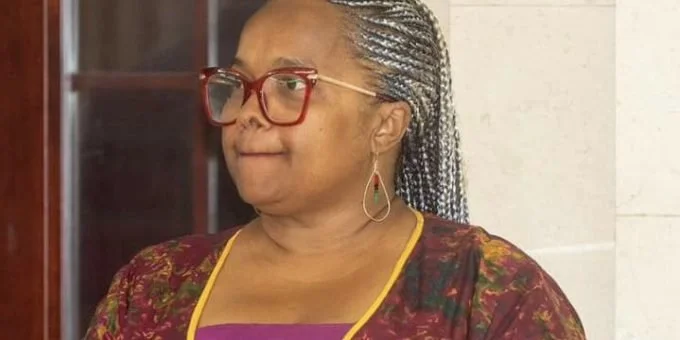Delegates to the Accra Reparations Conference 2023 entering the prison used to house African prisoners of war before departing from the Door of No Return and trafficked to the Americas were they suffered chattel enslavement and ethnocide.
The following form is for lawyers, judges, professors, activists and legal strategists to provide input on specific questions that are intended for the International Court of Justice (ICJ) to give its Opinion on fundamental legal questions related to the Global Afrikan Reparatory Justice Movement.
The questions were first developed by Siphiwe Baleka and then endorsed by 248 others who signed the MANDATE FROM THE AFRO DESCENDANT PEOPLE ISSUED TO THE PERMANENT FORUM ON PEOPLE OF AFRICAN DESCENT TO REQUEST AN ADVISORY OPINION FROM THE INTERNATIONAL COURT OF JUSTICE ON THEIR STATUS AS PRISONERS OF WAR UNDER THE GENEVA CONVENTION.
The President of the Permanent Forume on People of African Descent, Ms. Epsy Campbell Barr, officially incorporated this item on the Agenda of the third session of PFPAD in April 2024. Meanwhile, CARICOM has announced that it, too, is considering requesting an Advisory Opinion from the ICJ.
𝐃𝐫. 𝐂𝐚𝐫𝐥𝐚 𝐍. 𝐁𝐚𝐫𝐧𝐞𝐭𝐭, 𝐂𝐀𝐑𝐈𝐂𝐎𝐌 𝐒𝐞𝐜𝐫𝐞𝐭𝐚𝐫𝐲-𝐆𝐞𝐧𝐞𝐫𝐚𝐥, 𝐨𝐧 𝐭𝐡𝐞 𝐎𝐜𝐜𝐚𝐬𝐢𝐨𝐧 𝐨𝐟 𝐭𝐡𝐞 𝐎𝐩𝐞𝐧𝐢𝐧𝐠 𝐂𝐞𝐫𝐞𝐦𝐨𝐧𝐲 𝐨𝐟 𝐭𝐡𝐞 𝐀𝐜𝐜𝐫𝐚 𝐑𝐞𝐩𝐚𝐫𝐚𝐭𝐢𝐨𝐧𝐬 𝐂𝐨𝐧𝐟𝐞𝐫𝐞𝐧𝐜𝐞 stated,
"Reparatory justice for the Caribbean Community is a priority for our heads of goverment who agree that collaboration with Africa on reparations is critical to moving this agenda forward. They have expressed their full support for the convening of the Accra Reparations Conference as 𝐚 𝐬𝐭𝐫𝐚𝐭𝐞𝐠𝐢𝐜 𝐚𝐧𝐝 𝐩𝐫𝐢𝐦𝐞 𝐨𝐩𝐩𝐨𝐫𝐭𝐮𝐧𝐢𝐭𝐲 𝐭𝐨 𝐟𝐨𝐫𝐠𝐞 𝐚 𝐜𝐨𝐦𝐦𝐨𝐧, 𝐜𝐨𝐥𝐥𝐚𝐛𝐨𝐫𝐚𝐭𝐢𝐯𝐞 𝐚𝐠𝐞𝐧𝐝𝐚 between the Caribbean and Africa on reparations. It is in this context that we welcome the update that the African Union is also seeking to develop a common position on reparations and 𝒂 𝒓𝒐𝒂𝒅 𝒎𝒂𝒑 𝒇𝒐𝒓 𝒇𝒖𝒕𝒖𝒓𝒆 𝒄𝒐𝒍𝒍𝒂𝒃𝒐𝒓𝒂𝒕𝒊𝒐𝒏 𝒘𝒊𝒕𝒉 𝒕𝒉𝒆 𝑨𝒇𝒓𝒊𝒄𝒂𝒏 𝑫𝒊𝒂𝒔𝒑𝒐𝒓𝒂 𝒐𝒏 𝒓𝒆𝒑𝒂𝒓𝒂𝒕𝒐𝒓𝒚 𝒋𝒖𝒔𝒕𝒊𝒄𝒆. The Accra Reparations Conference is therefore timely to facilitate Dialogue on the reparations agenda. . . . 𝐂𝐀𝐑𝐈𝐂𝐎𝐌 𝐡𝐞𝐚𝐝𝐬 𝐨𝐟 𝐠𝐨𝐯𝐞𝐫𝐧𝐦𝐞𝐧𝐭 𝐩𝐫𝐨𝐩𝐨𝐬𝐞 𝐭𝐨 𝐬𝐞𝐞𝐤 𝐚𝐧 𝐚𝐝𝐯𝐢𝐬𝐨𝐫𝐲 𝐨𝐩𝐢𝐧𝐢𝐨𝐧 𝐟𝐫𝐨𝐦 𝐭𝐡𝐞 𝐈𝐧𝐭𝐞𝐫𝐧𝐚𝐭𝐢𝐨𝐧𝐚𝐥 𝐂𝐨𝐮𝐫𝐭 𝐨𝐟 𝐉𝐮𝐬𝐭𝐢𝐜𝐞 𝐭𝐡𝐫𝐨𝐮𝐠𝐡 𝐭𝐡𝐞 𝐔𝐧𝐢𝐭𝐞𝐝 𝐍𝐚𝐭𝐢𝐨𝐧𝐬 𝐆𝐞𝐧𝐞𝐫𝐚𝐥 𝐀𝐬𝐬𝐞𝐦𝐛𝐥𝐲. 𝐖𝐞 𝐢𝐧𝐯𝐢𝐭𝐞 𝐭𝐡𝐞 𝐀𝐟𝐫𝐢𝐜𝐚𝐧 𝐔𝐧𝐢𝐨𝐧 𝐭𝐨 𝐣𝐨𝐢𝐧 𝐮𝐬 𝐢𝐧 𝐭𝐡𝐢𝐬 𝐜𝐚𝐦𝐩𝐚𝐢𝐠𝐧. . . . "
The ACCRA PROCLAMATION ON REPARATIONS that was published after the conference states,
"𝟔. 𝐄𝐱𝐩𝐥𝐨𝐫𝐚𝐭𝐢𝐨𝐧 𝐨𝐟 𝐥𝐞𝐠𝐚𝐥 𝐚𝐧𝐝 𝐣𝐮𝐝𝐢𝐜𝐢𝐚𝐥 𝐨𝐩𝐭𝐢𝐨𝐧𝐬 𝐟𝐨𝐫 𝐫𝐞𝐩𝐚𝐫𝐚𝐭𝐢𝐨𝐧𝐬: This will involve engagement, in close coordination with the African Union Commission, on the question of how international law interacts with or supports the quest for reparations, including the potential for exploring litigation options in regional and international court systems. This effort will require the African Union, including the African Court on Human and Peoples' Rights and African Commission on Human and Peoples' Rights, CARICOM and Latin American states, Europe and all other regions of the world, among others, 𝒊𝒏 𝒄𝒐𝒍𝒍𝒂𝒃𝒐𝒓𝒂𝒕𝒊𝒐𝒏 𝒘𝒊𝒕𝒉 𝒄𝒊𝒗𝒊𝒍 𝒔𝒐𝒄𝒊𝒆𝒕𝒚, 𝒕𝒐 𝒆𝒏𝒈𝒂𝒈𝒆 𝒕𝒉𝒆 𝑼𝒏𝒊𝒕𝒆𝒅 𝑵𝒂𝒕𝒊𝒐𝒏𝒔 𝒂𝒏𝒅 𝒐𝒕𝒉𝒆𝒓 𝒎𝒖𝒍𝒕𝒊𝒍𝒂𝒕𝒆𝒓𝒂𝒍 𝒃𝒐𝒅𝒊𝒆𝒔 𝒐𝒏 𝒕𝒉𝒆 𝒍𝒆𝒈𝒂𝒍 𝒎𝒆𝒓𝒊𝒕𝒔 𝒐𝒇 𝒕𝒉𝒆 𝒄𝒂𝒍𝒍 𝒇𝒐𝒓 𝒓𝒆𝒑𝒂𝒓𝒂𝒕𝒊𝒐𝒏𝒔, 𝒊𝒏𝒄𝒍𝒖𝒅𝒊𝒏𝒈 𝒐𝒏 𝒕𝒉𝒆 𝒒𝒖𝒆𝒔𝒕𝒊𝒐𝒏 𝒐𝒇 𝒘𝒉𝒆𝒕𝒉𝒆𝒓 𝒂𝒄𝒕𝒔 𝒐𝒇 𝒆𝒏𝒔𝒍𝒂𝒗𝒆𝒎𝒆𝒏𝒕 𝒂𝒈𝒂𝒊𝒏𝒔𝒕 𝒂𝒏𝒅, 𝒄𝒐𝒍𝒐𝒏𝒊𝒂𝒍𝒊𝒔𝒎, 𝒂𝒑𝒂𝒓𝒕𝒉𝒆𝒊𝒅 𝒂𝒈𝒂𝒊𝒏𝒔𝒕 𝑨𝒇𝒓𝒊𝒄𝒂𝒏𝒔, 𝒄𝒐𝒏𝒔𝒕𝒊𝒕𝒖𝒕𝒆 𝒈𝒓𝒂𝒗𝒆 𝒗𝒊𝒐𝒍𝒂𝒕𝒊𝒐𝒏𝒔 𝒐𝒇 𝒉𝒖𝒎𝒂𝒏 𝒓𝒊𝒈𝒉𝒕𝒔 𝒂𝒕 𝒕𝒉𝒆 𝒕𝒊𝒎𝒆 𝒕𝒉𝒆𝒚 𝒘𝒆𝒓𝒆 𝒄𝒐𝒎𝒎𝒊𝒕𝒕𝒆𝒅. In addition, we support actions being taken in and outside the Continent by individual Member States and descendants of victims of these historical crimes and call on the African Union to lend its weight behind future litigatory actions for reparations."
At the third session of PFPAD, Siphiwe Baleka made an impassioned plea for new PFPAD President June Soomer to sign the Request before the conclusion of the session and send it to the Registrar of the ICJ. Siphiwe Baleka received a standing ovation!
Nevertheless, President Soomer told TAG24 NEWS that she will not take independent action on the petition request. The matter must first be discussed among all of the forum members, she said, and a decision will not be reached until all legal considerations are taken into account. Nevertheless, Dr. Soomer has since stated, that we must take our reparations case to the ICJ.
Therefore, we are using this input form so that civil society can provide a legal analysis of the fundamental questions to be submitted to the ICJ.
To contribute to this recommendation and assist in the research and collaboration, please complete the following questionaire or answer the question and send to: balantasociety@gmail.com
INPUT ON THE REQUEST FOR AN ADVISORY OPINION FROM THE ICJ ON THE STATUS OF AFRO DESCEDANTS UNDER THE GENEVA CONVENTION
(please complete this online form or send your answers, study or analysis to balantasociety@gmail.com)
A Matter of War: Imari Obadele, Our Enslavement in the 13 Colonies and the United States, the Republic of New Afrika and Reparations
Now, by comparision, consider:
LEGAL CONSEQUENCES ARISING FROM THE POLICIES AND PRACTICES OF ISRAEL IN THE OCCUPIED PALESTINIAN TERRITORY, INCLUDING EAST JERUSALEM - December 30, 2022
The ICJ—at the behest of the UN General Assembly (UNGA)—may soon advise that international law requires Israel to unilaterally and unconditionally withdraw from the disputed Palestinian territories. The UNGA initiated the case by a resolution, passed on December 30, 2022, that requested an ICJ advisory opinion on two questions relating to the legal status and consequences of Israel's presence in “the Palestinian territory occupied since 1967.”












SOUTH AFRICA institutes International Court of Justice proceedings against ISRAEL under the Genocide Convention and requests provisional measures. - December 29, 2023


Within days of the proceedings initiated by South Africa, Israel began withdrawing troops from Gaza.





INPUTS














